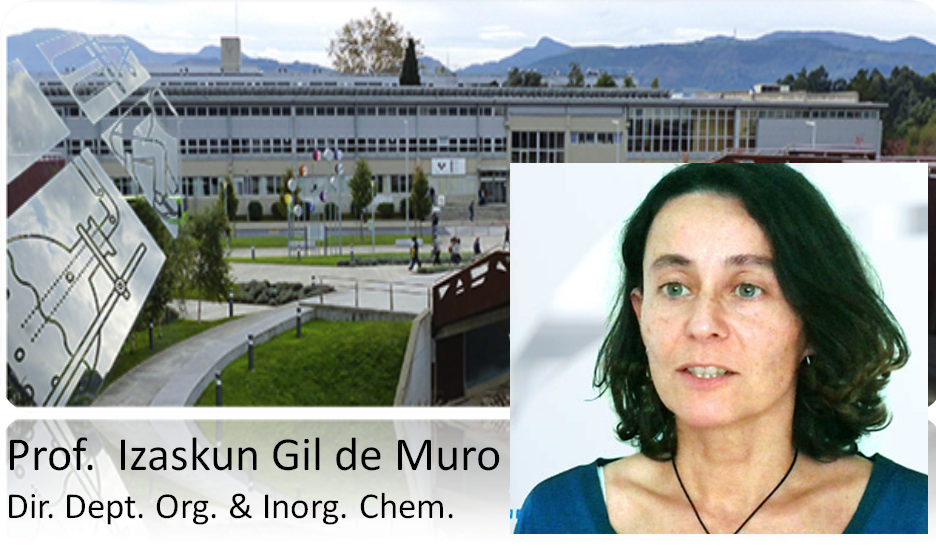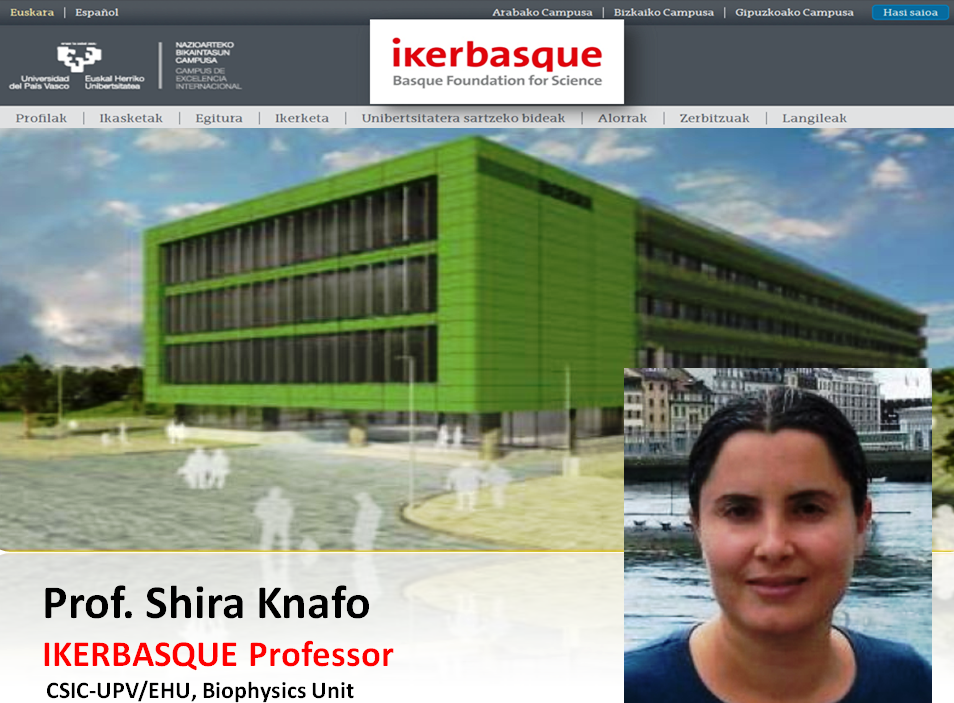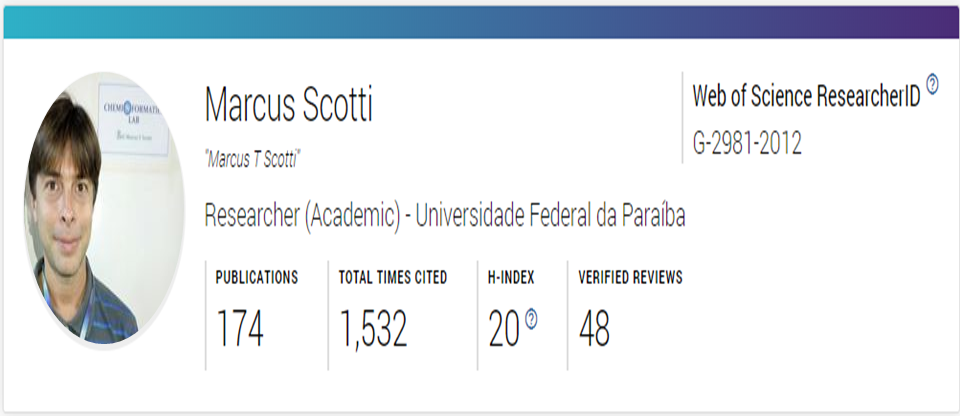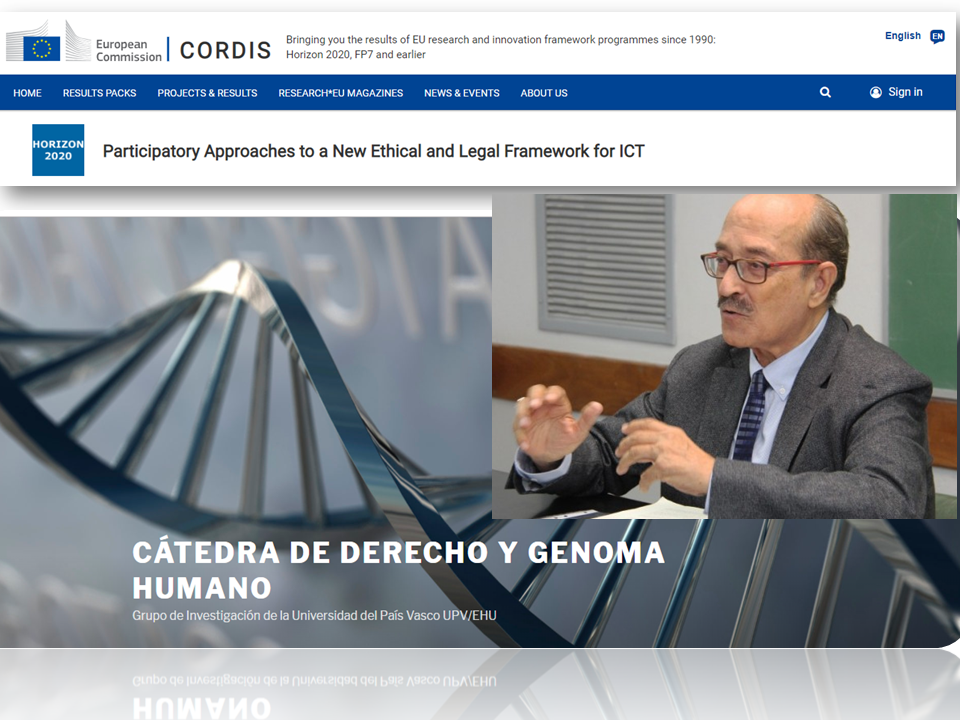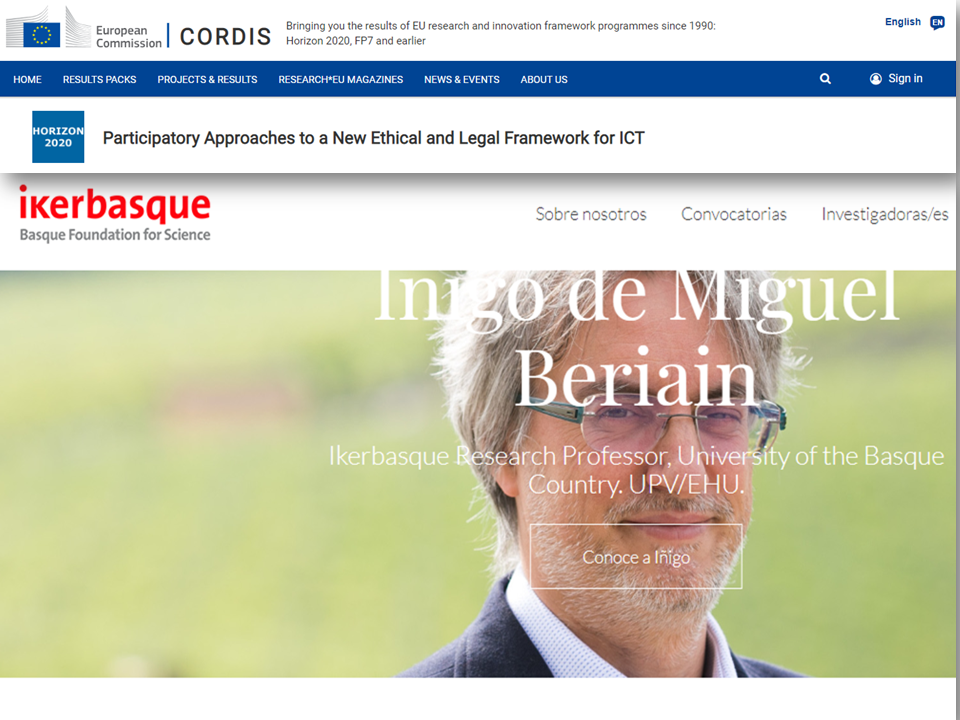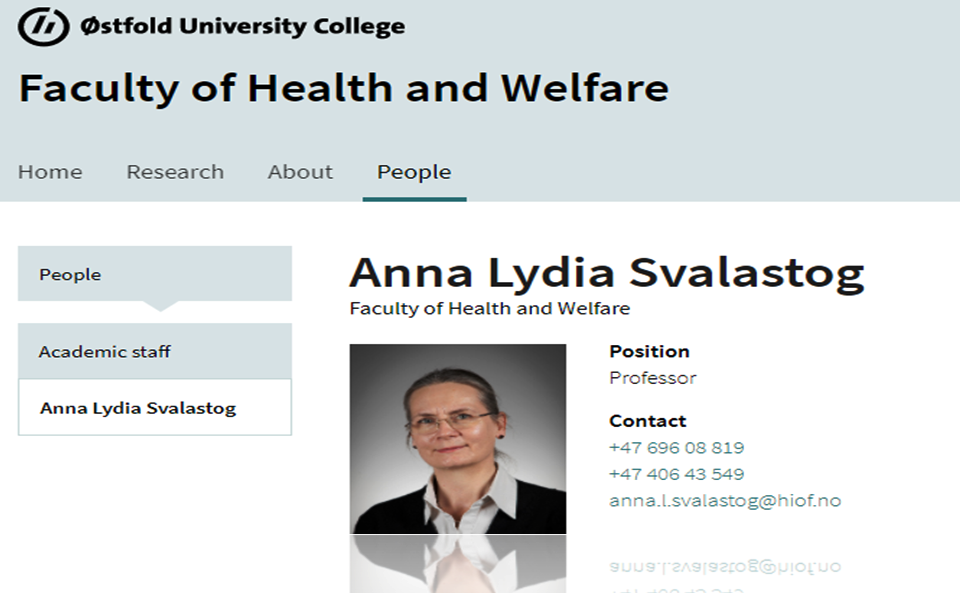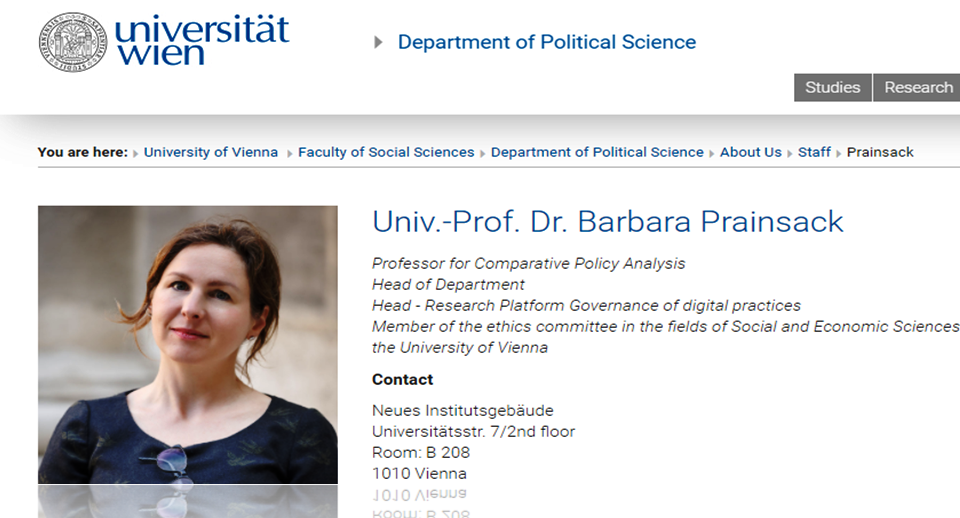
MOL2NET'20, Conference on Molecular, Biomed., Comput. & Network Science and Engineering, 6th ed.
MOL2NET: FROM MOLECULES TO NETWORKS
30 January 2020–30 January 2021
Medicinal Chemistry, Applied Physics, Nanotechnology, Applied Mathematics, Complex Networks, machine learning, Bioinformatics, Biomedical Sciences, Data Protection
- Go to the MOL2NET'20 CONGRESSES
-
- 00. Editorial & Proceedings
- 01. CHEMBIOMOL-06: Chem. Biol. & Med. Chem. Workshop, Bilbao-Rostock, Germany-Galveston, Texas, USA, 2020
- 02. USINEWS-04: US-IN-EU Worldwide Science Workshop Series, Duluth, USA, 2020
- 03. CHEMBIOINFO-06: Chem-Bioinformatics Congress, München, Germany-Chapel Hill, USA, 2020.
- 04. NICEXSM-06: North-Ibero-American Congress on Exp. and Simul. Methods, Valencia, Bilbao, Spain-Miami, USA, 2020
- 05. BIOMEDIT-01; ITCs & Biomol. Biomed. Eng. Workshop, Lund, Sweden, Chengdu, China, New Orleans, USA, 2020
- 06. MODECO-05: Molec. Diversity, Energy, & Ecosystems, Puyo, Ecuador-Porto, Portugal-Paris, France, EPA, USA, 2020
- 07. AIMEDIC-07: Int. Congress in Med. Info., UDC, Coruña, Spain-Sandford, USA, 2019
- 08. TECHLAWSCI-04: PANELFIT & NKL H2020 Tech. Law. & Sci. Challenges, Bilbao, Spain, Halden, Norway, Baltimore, USA, 2020
- 09. USEDAT-06: USA-Europe Data Analysis Training Program Workshop, Bilbao, Spain-Cambridge, UK-Miami, USA, 2020
- 10. NANOBIOMATJND-06: JSU-NDSU Nanotech. & BioMaterials Workshop, Jackson & Fargo, USA, 2020
- Event Details
-
- Welcome from the Chair
- MOL2NET Honor & Sci. Committee
- List of Accepted Submissions
- Event Real Time Data
- MOL2NET'20 CONGRESSES
- Reviewwwers
- MOL2NET-Ikerbasque Comm.
- MOL2NET Info, Steps, Schedule
- MOL2NET-MDPI Journals Issues
- MOL2NET USEDAT Training
- USEDAT Photo Gallery
- PUBLONS Referee Training
- PANELFIT MOOC Training
- Conference Chairs
- List of Authors
- Sponsors and Partners
- MOL2NET Academy-Industry Committee
Welcome from the Chair

[MOL2NET 2015] [MOL2NET 2016] [MOL2NET 2017] [MOL2NET2018] [MOL2NET2019]
[Welcome Videos] [官话] [हिन्दी] [Euskera] [Castellano] [Português] [Français]
MOL2NET 2020 Stats.: >100 Communications, >200 Authors, >10 Journal Issues, Join us!!!
MOL2NET runs both online and/or in person workshops in host universities worldwide and at the SciForum platform maintained by the editorial MDPI, Basel, Switzerland. The idea of this multidisciplinary conference emerged from the melting pot formed as the result of multiple collaborations of professors from many centers worldwide.
International Partners. Internationally, professors and researchers from Stanford Center for Biomedical Informatics Research (BMIR), Stanford University (STANFORD), USA; Center for the Study of Biological Complexity (CBDS) of Virginia Commonwealth University (VCU), USA; Natural Resources Research Institute (NRRI), University of Minesota (UMN), USA; Miami Dade College (MDC), USA; North Dakota State University (NDSU), USA; Centre National de la Recherche Scientifique (CNRS) and Université Paris-Saclay (UPS), Paris, France, European Bioinformatics Institute (EMBL-EBI) Cambridge, United Kingdom, Universität Rostock Institut für Chemie (UROSTOCK), Germany; and other institutions are co-founders and/or supporters of this conference.
Local Headquarters and Partners. The Scientific Headquarters (HQs) of this conference series are in the Faculty of Science and Technology, University of Basque Country (UPV/EHU), Basque Country, Spain. This center is also the host of some of the workshops of the conference. More specifically, the founders and strongest supporters of the conference are professors endowed by IKERBASQUE, Basque Foundation for Sciences (IKERBASQUE), professors from the Department of Organic & Inorganic Chemistry, Department of Organic Chemistry, and Basque Centre for Biophysics (BIOFISIKA) of the University of Basque Country (UPV/EHU), and Center for Cooperative Research in Biosciences (CICBIOGUNE), Basque Country, Spain. In addition, act also as local co-hosting partners professors from the Department of Computer Sciences of the University of Coruña (UDC), Galicia, Spain. Please, see full committees lists [MOL2NET HONOR & SCI COMMITTEE] and [MOL2NET-IKERBASQUE Staff]. In this sense, all these and other local and international centers acts as co-hosting partners for some of the workshop sessions of this conference.
MOL2NET Lemma and Topics of Interest
MOL2NET Sessions & Workshops
You can participate both online or in person (face-to-face) in some of the workshops we organize in different universities worldwide (see sessions in the conference menu). Publication of all communications of the workshops will be online via the platform SciForum. We welcome proposals for organization of workshops in different universities. Please, do not hesitate to contact conference chairperson and/or scientific committee presidents. See also a list of workshops/sessions running this year.
02. USINEWS-04: US-IN-EU Worldwide Science Workshop Series, Duluth, USA, 2020
03. CHEMINFONC-02: North-Carolina Chemoinformatics Workshop, Chape Hill-Durham, USA, 2020
04. NIXMSM-06: North-Ibero-American Workshop on Exp., Model., and Simul. Methods, Valencia, Bilbao, Spain-Miami, USA, 2020
05. BIOMEDIT-01; ITCs & Biomol. Biomed. Eng. Workshop, Lund, Sweden, Chengdu, China, New Orleans, USA, 2020
06. MODECO-05: Molec. Diversity & Ecosystems, Puyo, Ecuador-Porto, Portugal-Paris, France, EPA, USA, 2020
07. IWMEDIC-07: Int. Workshop in Med. Info., UDC, Coruña, Spain, Standford, USA, 2019
08. LAWSCI-04: PANELFIT & NKL H2020 Law & Tech. Challenges, Bilbao, Spain, Halden, Norway, Baltimore, USA, 2020
09. USEDAT-06: USA-Europe Data Analysis Training Program Workshop, Bilbao, Spain-Cambridge, UK-Miami, USA, 2020
10. NANOBIOMATJND-04: JSU-NDSU Nanotech. & BioMaterials Workshop, Jackson & Fargo, USA, 2020
MOL2NET-MDPI JCR Journals Issues
MOL2NET-USEDAT Training Program
 https://orcid.org/0000-0002-9392-2797, Email: mol2net.chair@gmail.com
https://orcid.org/0000-0002-9392-2797, Email: mol2net.chair@gmail.com(1) Dept. of Organic and Inorganic Chemistry and Basque Center for Biophysics, University of the Basque Country UPV/EHU , 48940, Leioa, Biscay, Spain. (2) IKERBASQUE, Basque Foundation for Science , 48011, Bilbao, Biscay, Spain.
MOL2NET Honor & Sci. Committee
MOL2NET Honor Advisory Committee
*Note: This committee is for MOL2NET Conference Series, to see the committees of each specific workshops associated to the conference visit the page of this workshop.
Honor Advisory Committee
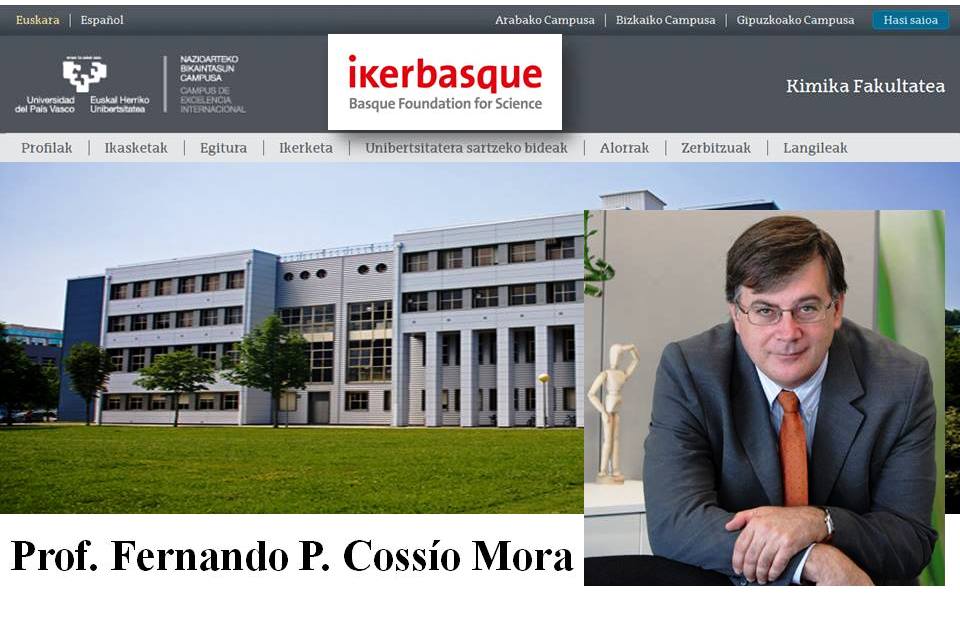 Prof. Fernando P. Cossío, (IKERBASQUE Foundation President), Prof. Dept. of Organic Chemistry I,
Prof. Fernando P. Cossío, (IKERBASQUE Foundation President), Prof. Dept. of Organic Chemistry I,
University of Basque Country (UPV/EHU), Donostia - San Sebastián Campus, Gipuzkoa.

Prof. Jerzy Leszczynski, USA Presidential Distinguished Fellow, Dept. of Chemistry and Biochemistry Interdisciplinary Center for Nanotoxicity (ICN), Jackson State University (JSU), USA.

Dr. Marcos Martínez Romero, Stanford Center for Biomedical Informatics Research (BMIR), STANFORD University, USA.
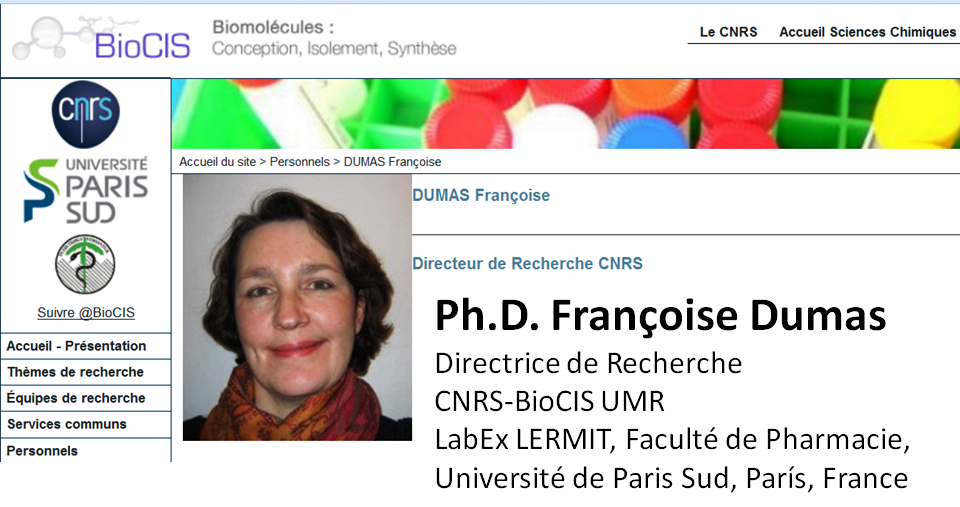
Prof. Françoise Dumas, CNRS, Directrice de Recherche, Prof. Université Paris-Saclay, Paris, France .
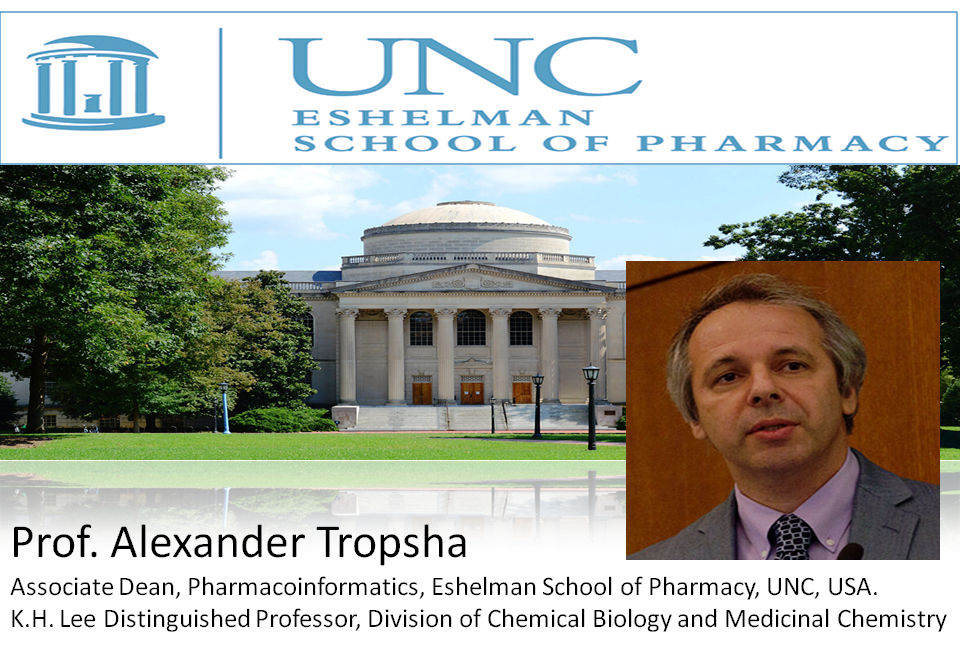
Prof. Alexander Tropsha, Assoc. Dean UNC Eshelman School of Pharmacy, Assoc. Editor J. Chem. Info. Model., ACS, USA. University of North Carolina (UNC), Chapel Hill , North Carolina 27599 , United States.
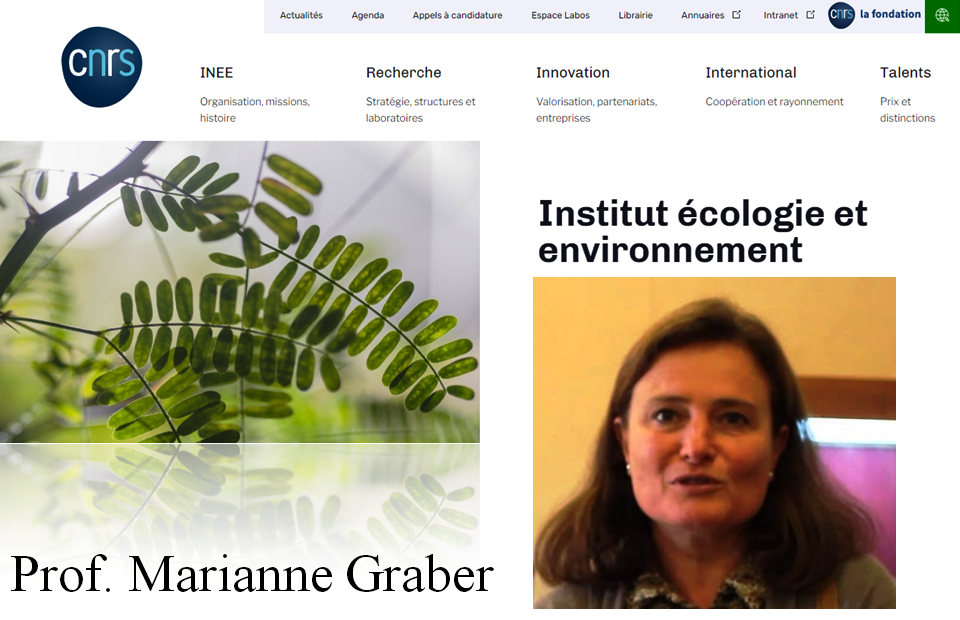
Prof. Marianne Graber, Directrice Adjointe Relations Internationales, Faculté des Sciences et Technologies, Université de La Rochelle, La Roche, France. Chercheur, Laboratoire LIENSs Littoral Environnement et Sociétés, Institut écologie et environnement (IEE), French National Centre for Scientific Research (CNRS), Paris, France.
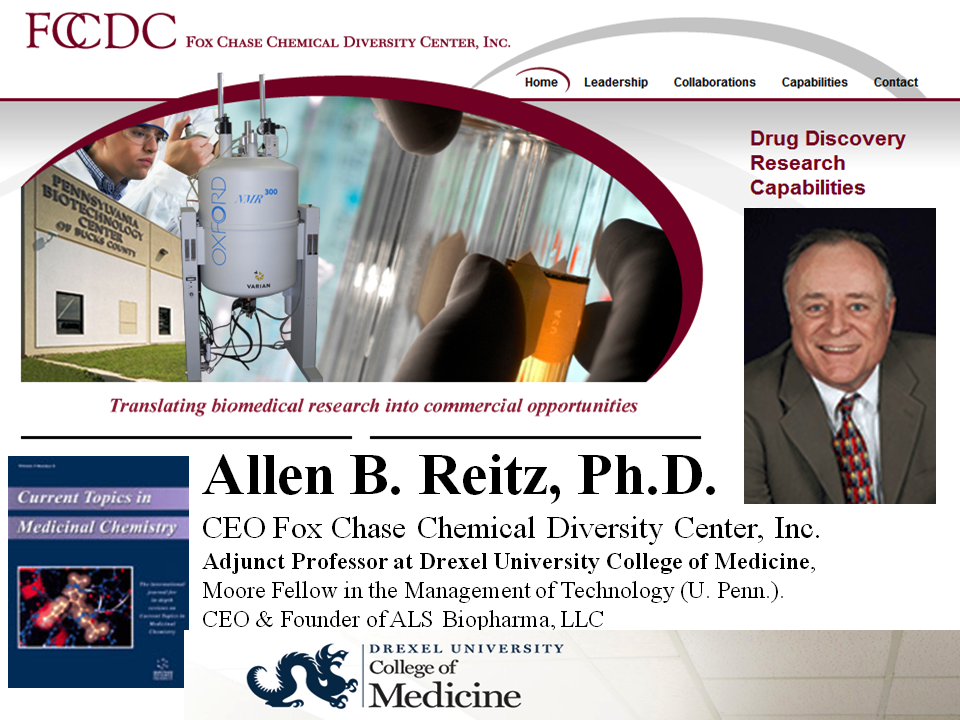
Dr. Allen B. Reitz, Ph.D., CEO Fox Chase Chemical Diversity Center, Inc., Doylestown, PA, USA. Moore Fellow in the Management of Technology, University of Pennsylvania (Penn Engineering), Adjunct Professor at Drexel University College of Medicine, Founder CEO of ALS Biopharma, LLC. Editor-in-Chief of Curr Top Medicinal Chemistry
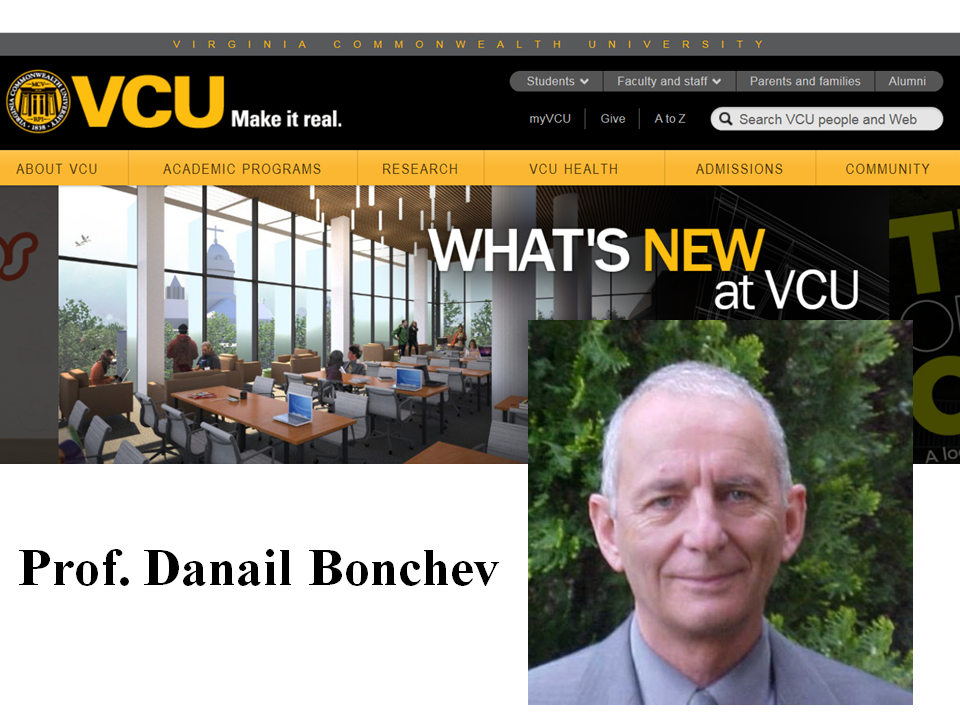 Prof. Danail Bonchev, Center for the Study of Biological Complexity, Dept of Mathematics & Applied Mathematics, Virginia Commonwealth University (VCU), USA.
Prof. Danail Bonchev, Center for the Study of Biological Complexity, Dept of Mathematics & Applied Mathematics, Virginia Commonwealth University (VCU), USA.
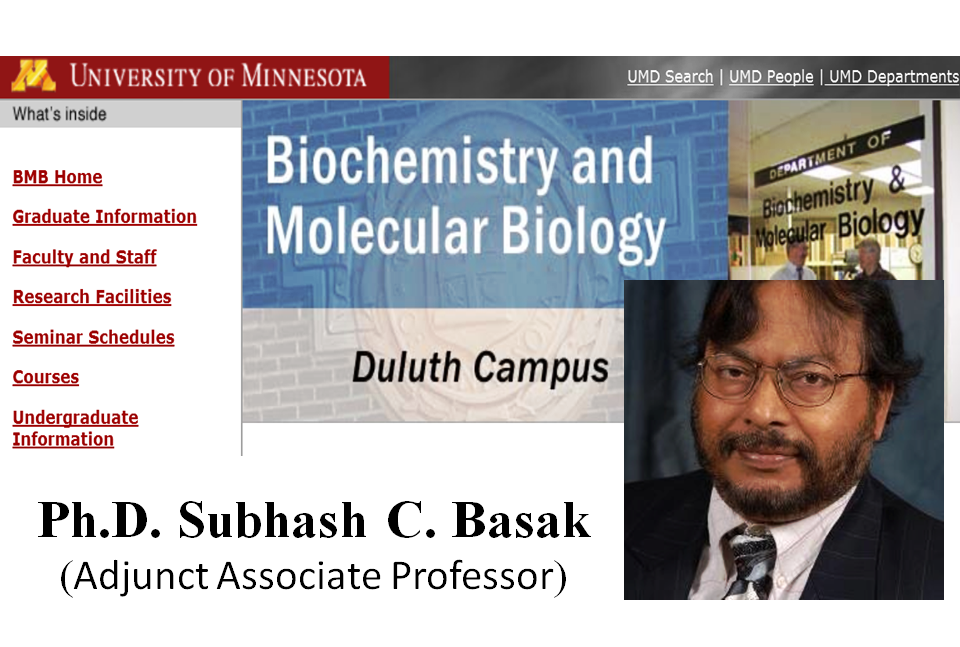
Dr. Subhash C. Basak, Department of Chemistry and Biochemistry, University of Minnesota, Duluth, MN, USA.

Prof. Dr. Frank Pasquale. Professor of Law, University of Maryland Francis King Carey School of Law, Baltimore, MD, USA.
E-mail: fpasquale@law.umaryland.edu
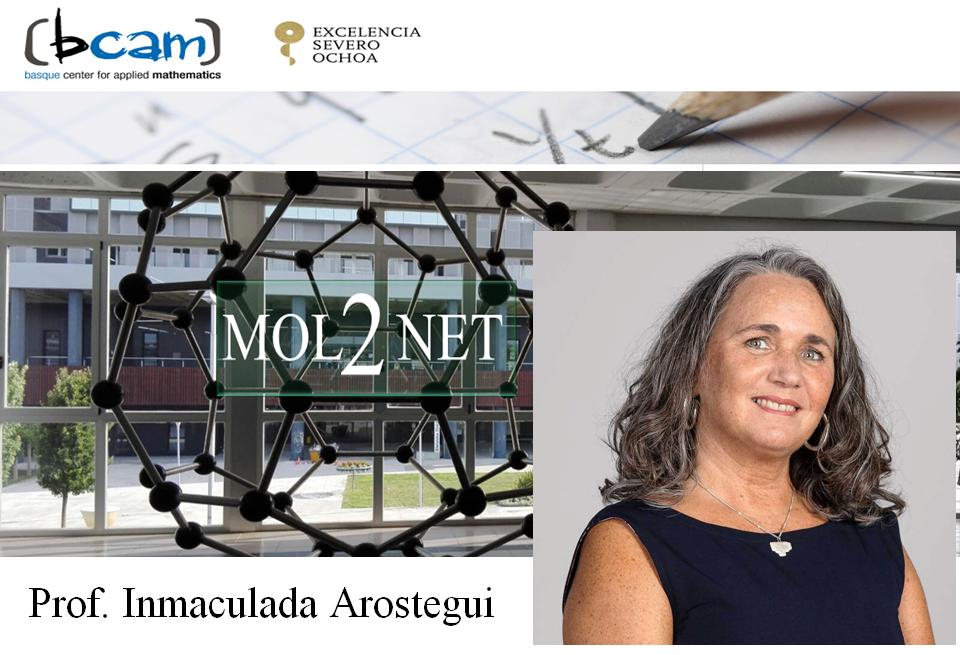
Prof. Inmaculada Arostegui, Dept. of Applied Mathematics and Statistics, Basque Center for Applied Mathematics (BCAM), University of The Basque Country UPV/EHU, Bilbao, Spain. [MOL2NET Welcome Video, Ongi Etorri Video (Euskera)]
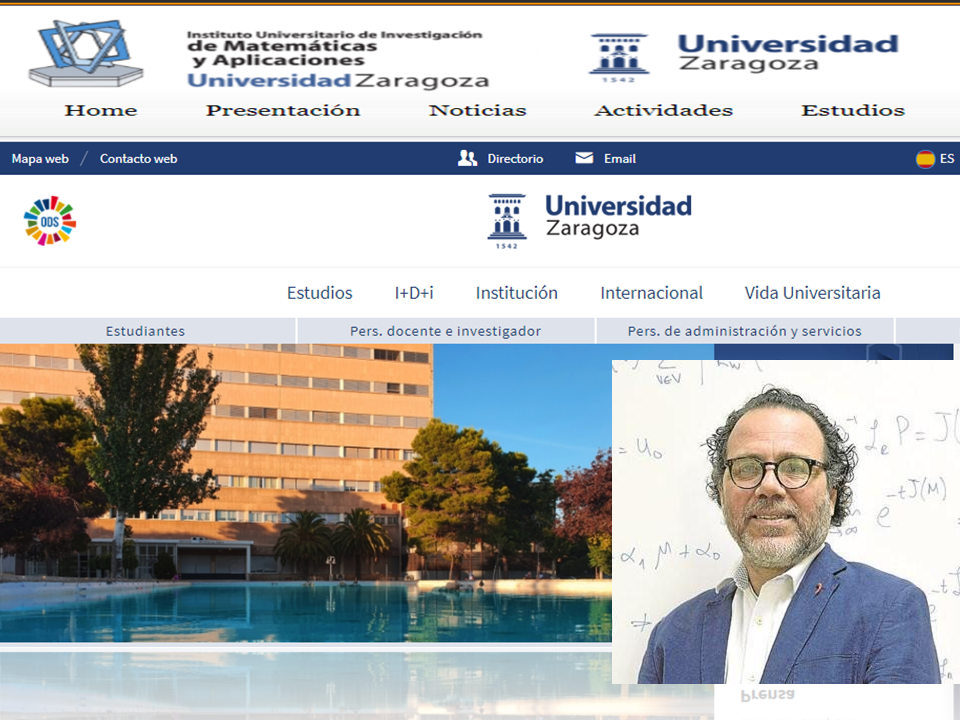
Prof. Ernesto Estrada Roger, Institute of Applied Mathematics (IUMA), Universidad de Zaragoza, Zaragoza, Spain.
Editor-in-Chief of Journal of Complex Networks, Oxford Academic Press, United Kingdom.
 Prof. María Isabel Loza, Vice-Director CiMUS, Department of Pharmacology, University of Santiago de Compostela USC, Spain.
Prof. María Isabel Loza, Vice-Director CiMUS, Department of Pharmacology, University of Santiago de Compostela USC, Spain.
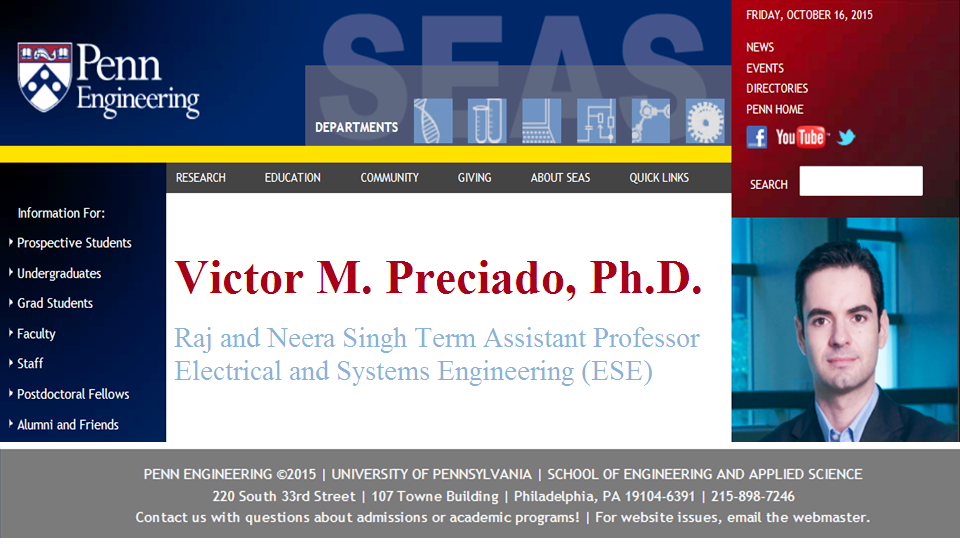 Prof. Victor M. Preciado, Raj and Neera Singh Term Assistant Professor Electrical and Systems Engineering (ESE),
Prof. Victor M. Preciado, Raj and Neera Singh Term Assistant Professor Electrical and Systems Engineering (ESE),
Penn Engineering, University of Pennsilvania, USA.
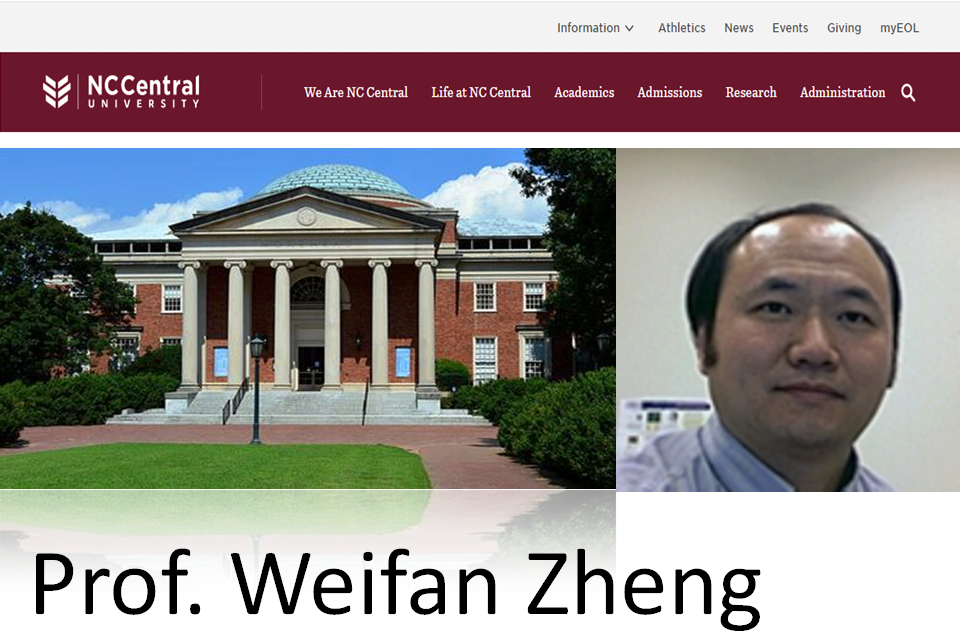
Prof. Weifan Zheng, Department of Pharmaceutical Sciences, North Carolina Central University, Durham, USA.
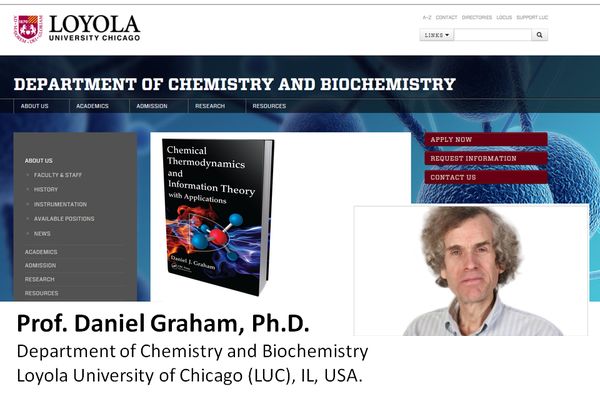
Prof. Daniel Graham, Professor of Chemistry, Loyola University of Chicago (LUC), USA.
Prof. Jesús Jimenez-Barbero, Ikerbasque Professor, Scientific Director of Center for Cooperative Research in Biosciences (CICBiogune), Biscay, Dept. of Organic Chemistry II, UPV/EHU, Leioa, Basque Country, Spain.

Prof. Iban Ubarretxena, PhD, [IKERBASQUE Profile] [ISMMS Profile] Scientific Director of BIOFISIKA, Basque Center for Biophysics CSIC-UPVEHU, Biscay Biophysics Foundation (BBF), Research Prof. IKERBASQUE, Basque Foundation for Science, Bilbao, Basque Country, Basque Country, Spain.
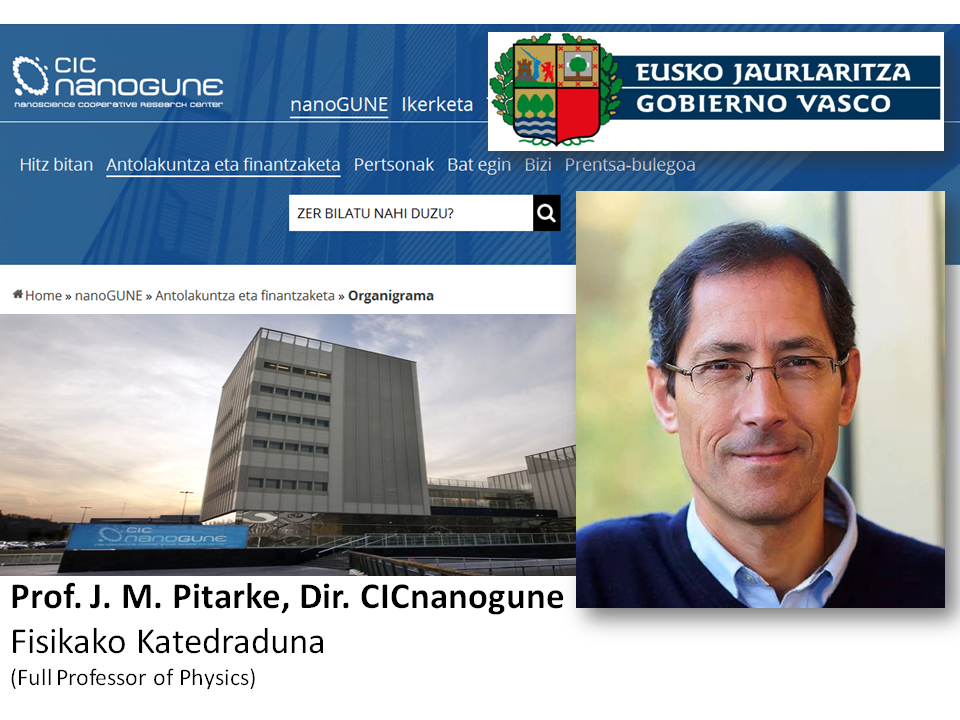
Prof. José María Pitarke , Prof. of Condesed Matter Physics, UPV/EHU, Director of Nanomaterials Cooperative Research Center (CICNanoGune), Tolosa Hiribidea, 76, E-20018, Donostia – San Sebastian, Gipuzkoa, Basque Country, Spain.
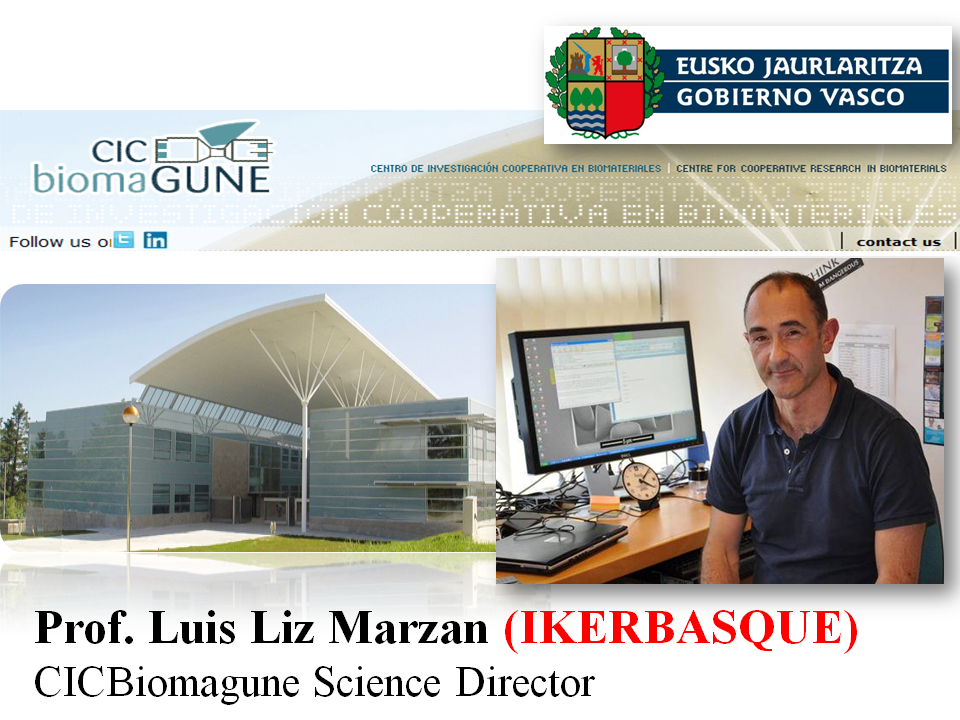
Prof. Luis M Liz-Marzán , Ikerbasque Professor, Scientific Director of Center for Cooperative Research in Biomaterials (CICbiomaGUNE), Gipuzkoa, Basque Country, Spain.
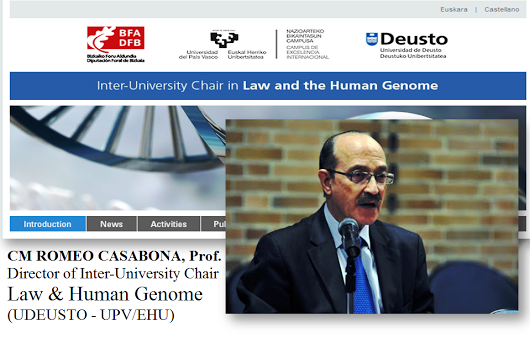
Prof. C.M. Romeo Casabona, Full Professor of Law, Director of Law & Human Genome, Chair, University of the Basque Country (UPV/EHU), Biscay, Basque Country, Spain.
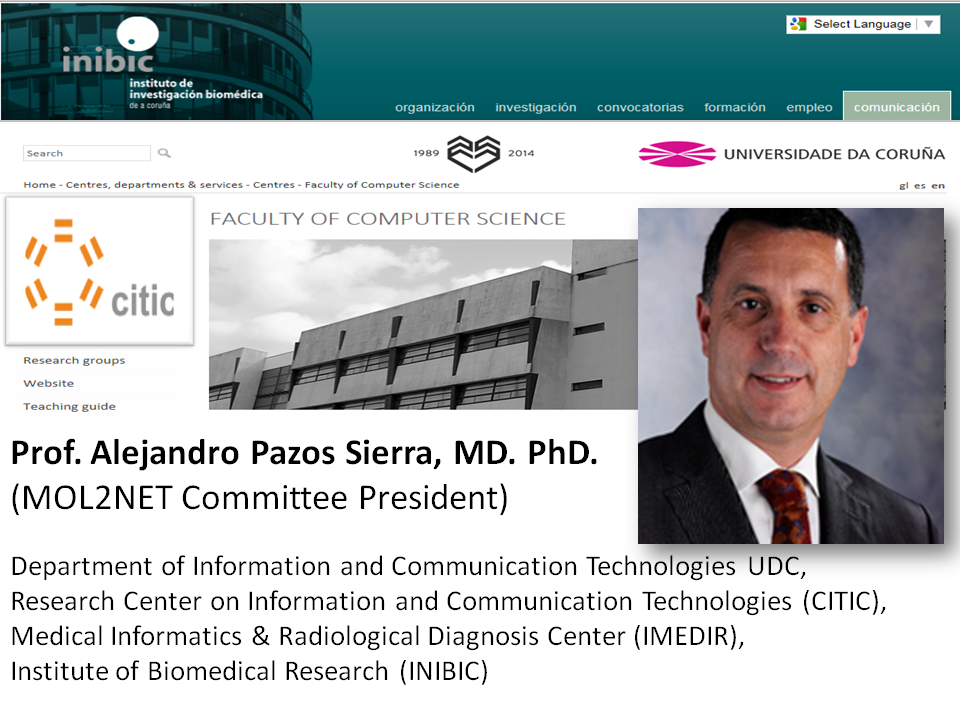
Prof. Alejandro Pazos, Ph.D., M.D., Chair and Director of Department of Computer Sciences, University of Coruña (UDC), Coruña, Spain.

Prof. Françoise Dumas, CNRS, Directrice de Recherche, Prof. Université Paris-Saclay, Paris, France .
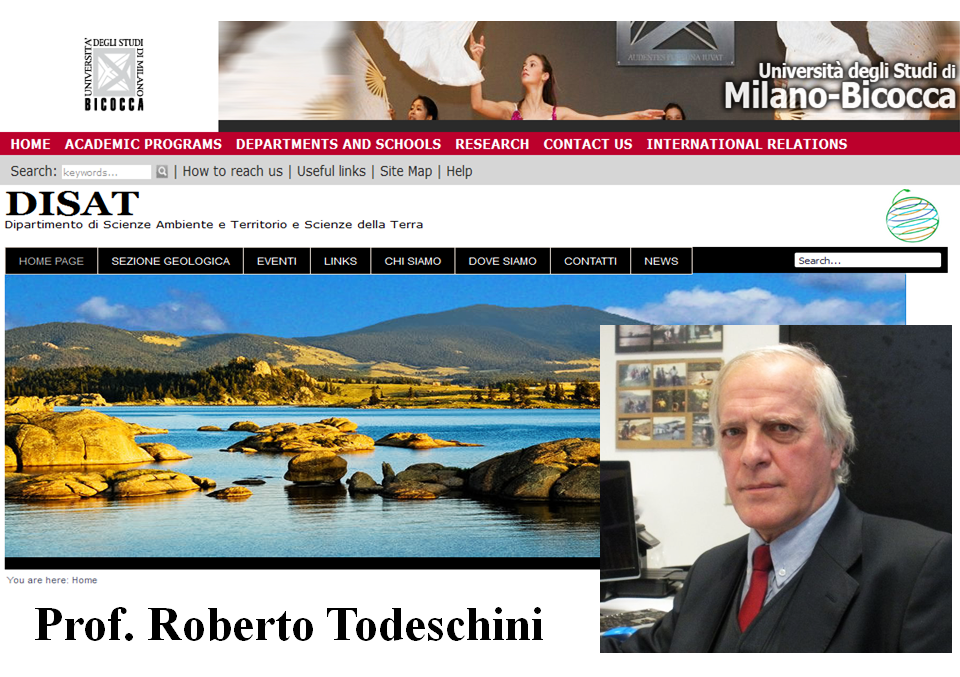
Prof. Roberto Todeschini, Department of Environmental Sciences, University of Milano-Bicocca, Milano, Italy.
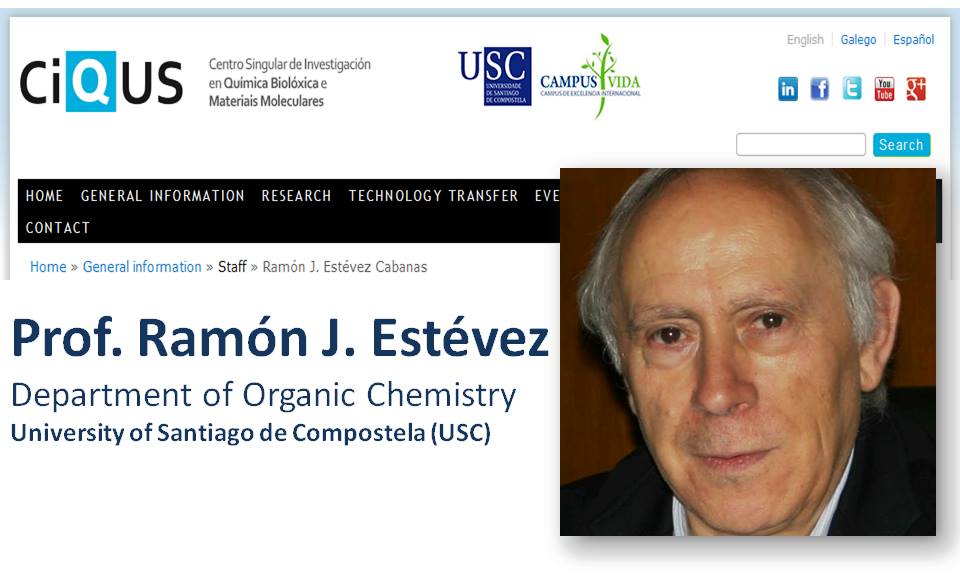
Prof. Ramón J. Estévez Cabanas, CIQUS and Dept. of Organic Chemistry, USC, Spain.
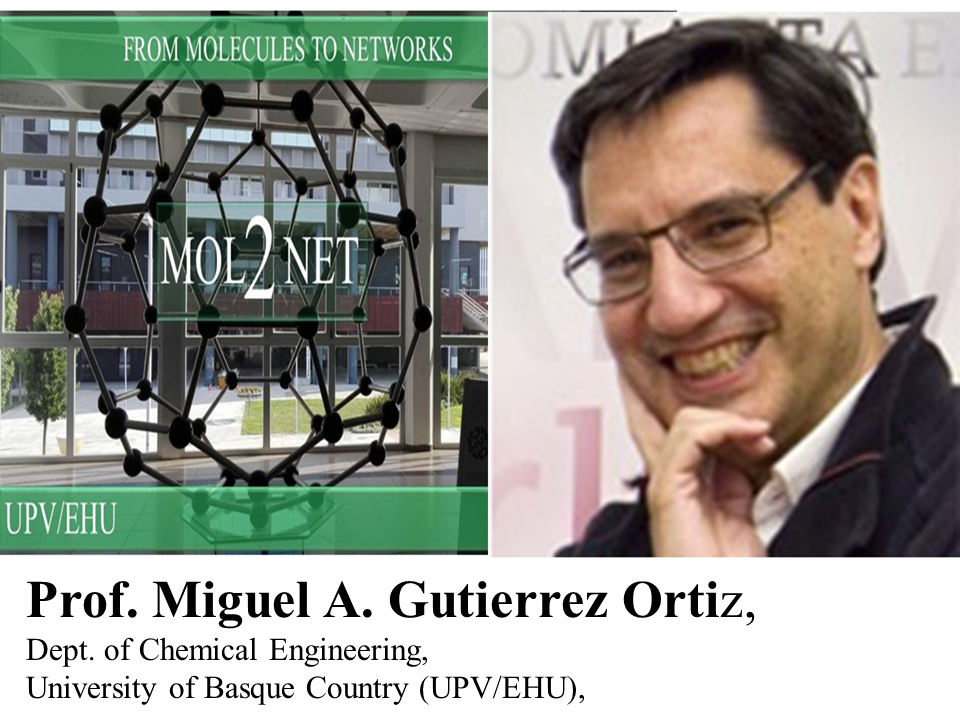
Prof. Miguel A. Gutierrez Ortiz, Dept. of Chem. Eng., Univ. of Basque Country (UPV/EHU), Leioa, Basque Country, Spain.
MOL2NET-UPVEHU HQ Institution Committee
*Note: This committee is for MOL2NET Conference Series, to see the committees of each specific workshops associated to the conference visit the page of this workshop.
Prof. Fernando Plazaola, Dean Fac. of Sci. and Tech., Univ. of Basque Country (UPV/EHU), Leioa, Basque Country, Spain.
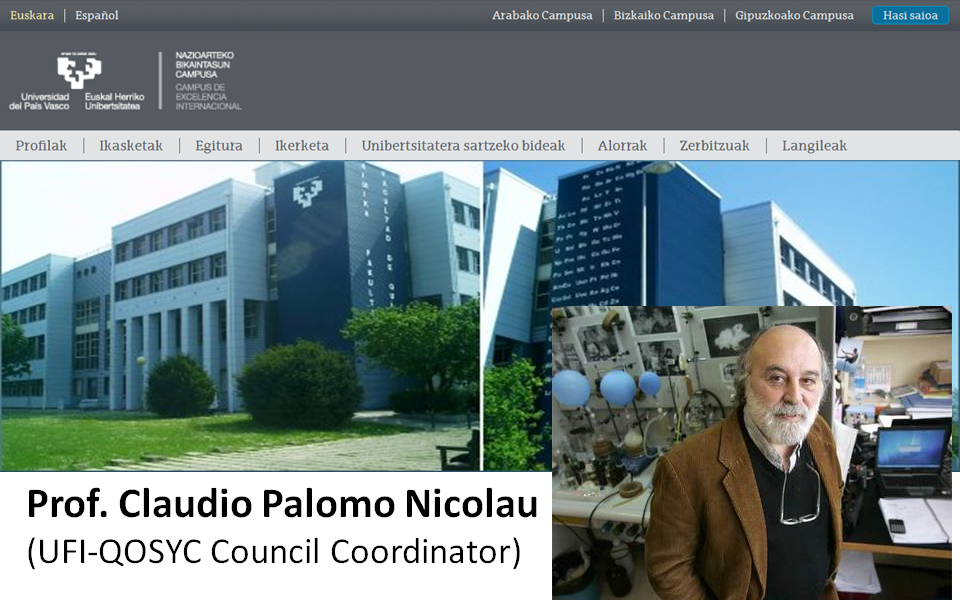
Prof. Claudio Palomo Nicolau, Dir. Dept. Org. Chem. I, Univ. of Basque Country (UPV/EHU), Basque Country, Spain.
Prof. Izaskun Gil de Muro, Dir. Dept. of Org. and Inorg. Chem., Univ. of Basque Country (UPV/EHU), Basque Cuntry, Spain.
Prof. Maria I. Moreno, Sec. Dept. of Org. and Inorg. Chem., Univ. of Basque Country (UPV/EHU), Basque Cuntry, Spain.
Headquarters Committee Chairpersons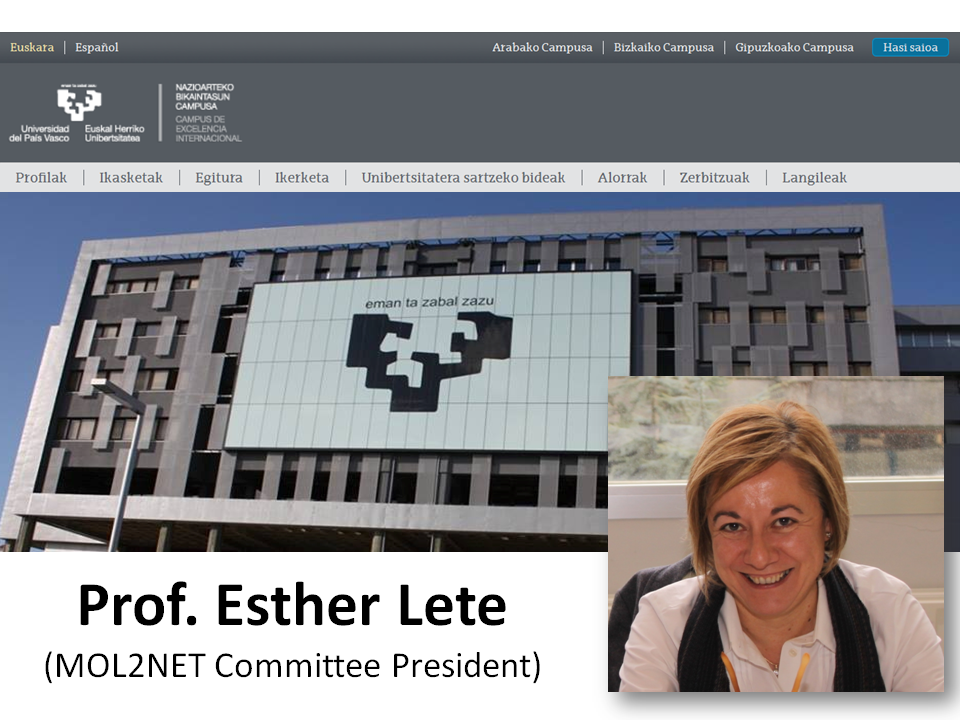
Prof. Esther Lete, Dept. of Org. and Inorg. Chem., Univ. of Basque Country (UPV/EHU), Basque Cuntry, Spain.
(Coordinator Ph.D. Synth. & Ind. Chemistry)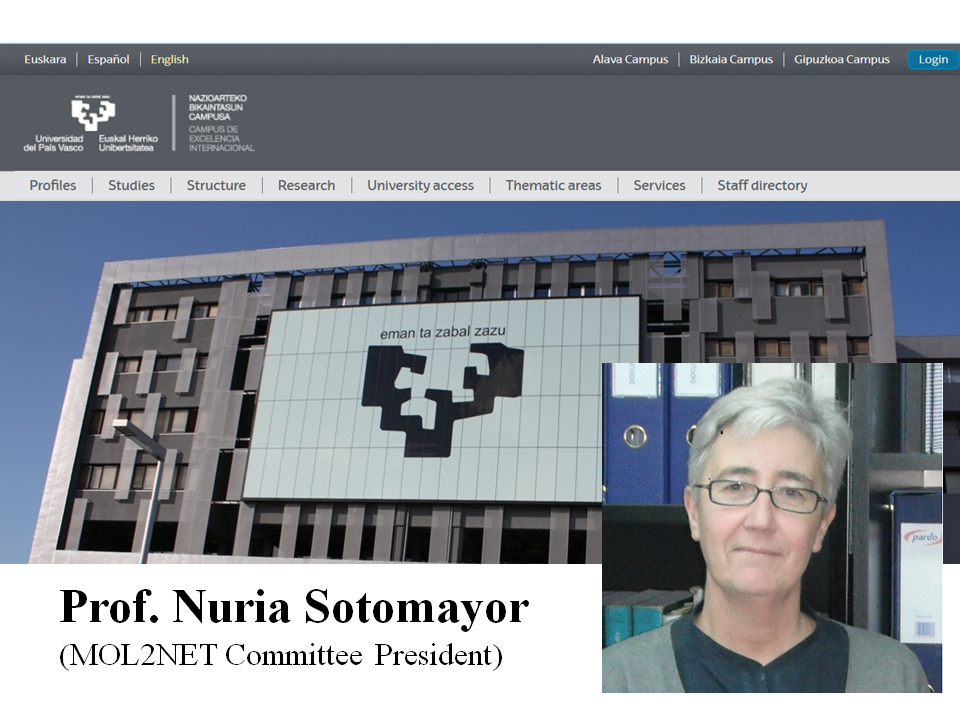
Prof. Nuria Sotomayor, Dept. of Org. and Inorg. Chem., Univ. of Basque Country (UPV/EHU), Basque Cuntry, Spain. (Coordinator M.Sc. Synth. & Ind. Chemistry)
MOL2NET Scientific Committee (Abroad)
*Note: This committee is for MOL2NET Conference Series, to see the committees of each specific workshops associated to the conference visit the page of this workshop.
Presidents of the Abroad Scientific Committee
President of Scientific Committee (Mathematics, Physics, Environmental, Atmospheric, and Complexity Sciences)

Prof. David Quesada (Email: dquesada@mdc.edu), Full Professor, Chair of Department of Mathematics, Miami Dade College (MDC), Miami, FL, USA. Chairman STU-MDC Summer Research Institute, (SRI09 Workshop Chairman, Miami, USA) (SRI08 Workshop Chairman, Miami, USA)
President of Scientific Committee (Polymers & Materials Sciences)
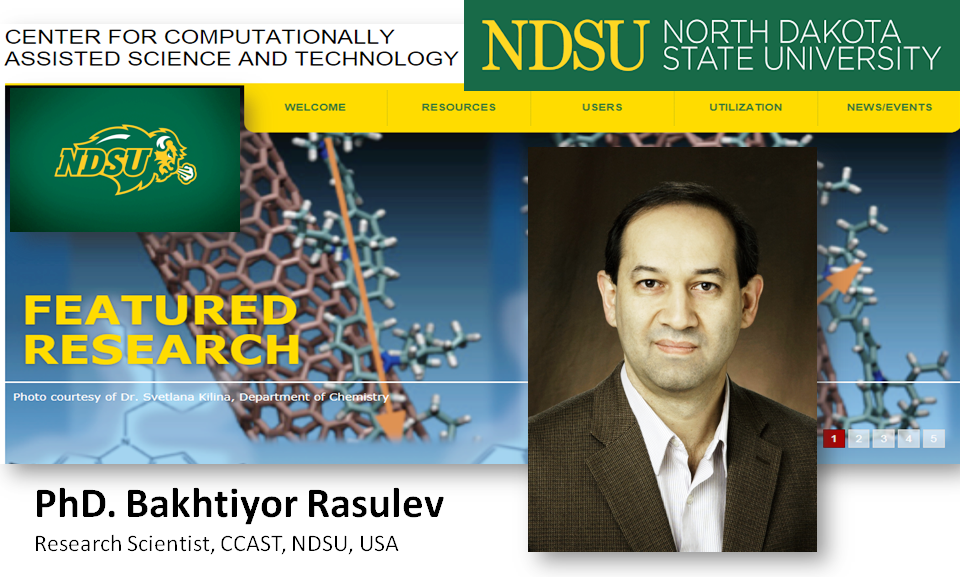
Prof. Bakhtiyor Rasulev, Department of Coatings and Polymeric Material, North Dakota State University (NDSU), Fargo, USA.
President of Scientific Committee (Computational Chemistry and Nanosciences)
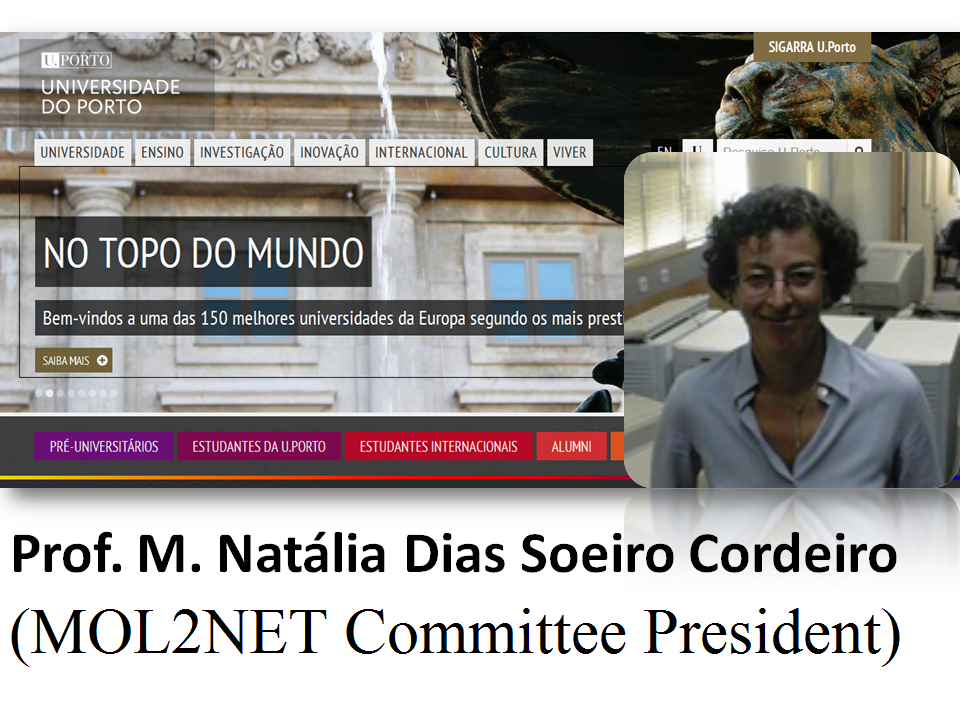 Prof. Natalia D.S. Cordeiro, Dept. of Chemistry and Biochemistry, Faculty of Sciences, University of Porto, Porto, Portugal.
Prof. Natalia D.S. Cordeiro, Dept. of Chemistry and Biochemistry, Faculty of Sciences, University of Porto, Porto, Portugal.
President of Scientific Committee (Experimental Chemistry)
Abroad Scientific Committee (North America)
Assist. Prof. Matthew M. Montemore, Chem. & Biomol. Eng., Tulane University, New Orleans, USA.
Prof. James Robert Green, Dept. of Systems and Comput. Eng., Carleton University, Canada.
Dr. Suhbash C. Basak, Natural Resources Research Institute, Univ. of Minnesota, Duluth, MN, USA.
Prof. Terace Fletcher, Northeast Lakeview College, University of Texas, San Antonio, TX, USA.
Prof. Maykel Cruz-Monteagudo i,ii,iii,iv, West Coast University (WCU), Miami, USA.
Prof. Bakhtiyor Rasulev i,ii,iii,iv, North Dakota Sate University (NDSU), USA.
Dr. Shameer Khader ii, Dept. Medical Informatics, Northwell Health, NY, USA.
Dr. Natalia Sizochenko, ICN, Dept. of Chemistry and Biochemistry, Jackson State University, Jackson, MS, USA.
Dr. Vanessa Aguiar-Pulido, Research Associate, Weill Cornell Medical College, New York City, NY, USA.
Dr. Robersy Sánchez, Eberly College of Science, Huck Institutes of the Life Sciences, The Pennsylvania State University, USA.
Dr. Shameer Khader, Program Director, Dept. of Medical Informatics and Research Informatics, Northwell Health, NY, USA.
Members of Scientific Committee (Europe)
Ph.D. Barry Hardy, CEO Edelweiss Connect, HQ Basel, Switzerland.
Prof. Dario Greco, Faculty of Medicine and Health Technology, Tampere University, Tampere, Finland.
Prof. Christoph Kaleta, Christian-Albrechts-Universität zu Kiel (CAU), Germany.
Dr. Yasset Perez-Riverol, European Bioinformatics Institute (EMBL-EBI), Cambridge, United Kingdom.
Prof. Natalia D.S. Cordeiro, Department of Chemistry and Biochemistry, University of Porto, Porto, Portugal.
Prof. Ricardo Grau-Crespo, Department of Chemistry, University of Reading, United Kingdom.
Prof. Alla Toropova, Istituto di Ricerche Farmacologiche Mario Negri IRCCS, Milano, Italy.
Prof. Andrey Toropov, Istituto di Ricerche Farmacologiche Mario Negri IRCCS, Milano, Italy.
Prof. Maité Sylla, Assoc., Chimie Molécularie, Conservatoire National des Arts et Métiers CNAM, París, France.
Prof. Najla Fourati , Assoc. SATIE Laboratoire, Conservatoire National des Arts et Métiers CNAM, París, France.
Prof. Chouki Zerrouki, SATIE Laboratoire, Conservatoire National des Arts et Métiers CNAM, París, France.
Dr. Irina Moreira, Center for Neuroscience and Cell Biology (CNC), Universidade de Coimbra, Coimbra, Portugal.
Prof. Natália D. S. Cordeiro, REQUIMTE Theor. Chem. Net., University of Porto (UPORTO), Portugal.
Prof. Pedro L. Fernandes, Bioinformatics Coordinator, Instituto Gulbenkian de Ciencia (IGC), Portugal.
Dr. Daniel J.V.A. Do Santos, Faculty of Pharmacy, University of Lisbon (ULISBOA), Portugal.
Prof. Fernanda Borges, Department of Chemistry and Biochemistry, University of Porto, Portugal.
Prof. Igor Iosifovich Baskin, M.V. Lomonosov Moscow State University, Moscow, Russia.
Dr. Alessandro Guiliani, Istituto Superiore di Sanità (ISS), Italy.
Prof. Luisa Di Paola, Department of Engineering, Università Campus Bio-Medico, Rome, Italy.
Prof. Agnieszka Gajewicz, Assist. Prof., Faculty of Chemistry, University of Gdansk, Gdansk, Poland.
Dr. Riccardo Concu, FCT Post-doctoral Researcher, University of Porto, Porto, Portugal.
Members of Scientific Committee (Other Regions)
Prof. Kunal Roy, Department of Pharmaceutical Technology, Jadavpur University, Kolkata, India.
Prof. Eduardo Sobarzo-Sanchez. Instituto de Investigación e Innovación en Salud, Universidad Central de Chile, Chile.
Prof. Carolina Horta Andrade, Universidade Federal de Goias, Setor Leste Universitario, Goiania, Brazil.
Prof. Yovani Marrero-Ponce, University San Francisco de Quito, Quito, Ecuador.
Prof. Marcus T Scotti, Universidade Federal da Paraíba, Campus IV, Paraíba, Brazil.
Prof. Juan A. Castillo-Garit, University of Medical Sciences of Villa Clara (UCMVC), Santa Clara, Cuba.
MOL2NET Scientific Committee (Local)
*Note: This committee is for MOL2NET Conference Series, to see the committees of each specific workshops associated to the conference visit the page of this workshop.
Chairperson Scientific Committee (Chemical Sciences) 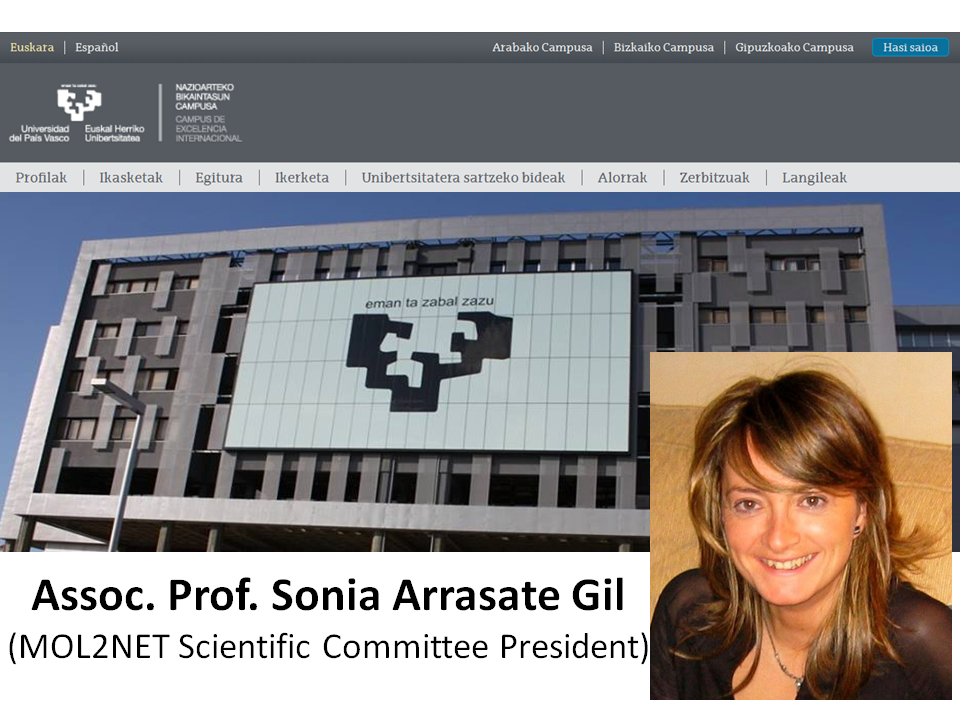
Prof. Sonia Arrasate, Department of Organic Chemistry II, University of Basque Country (UPV/EHU), Leioa, Sarriena w/n, Bizkaia. Email: sonia.arrasate@ehu.eus
Chairperson Scientific Committee (Physical Sciences)
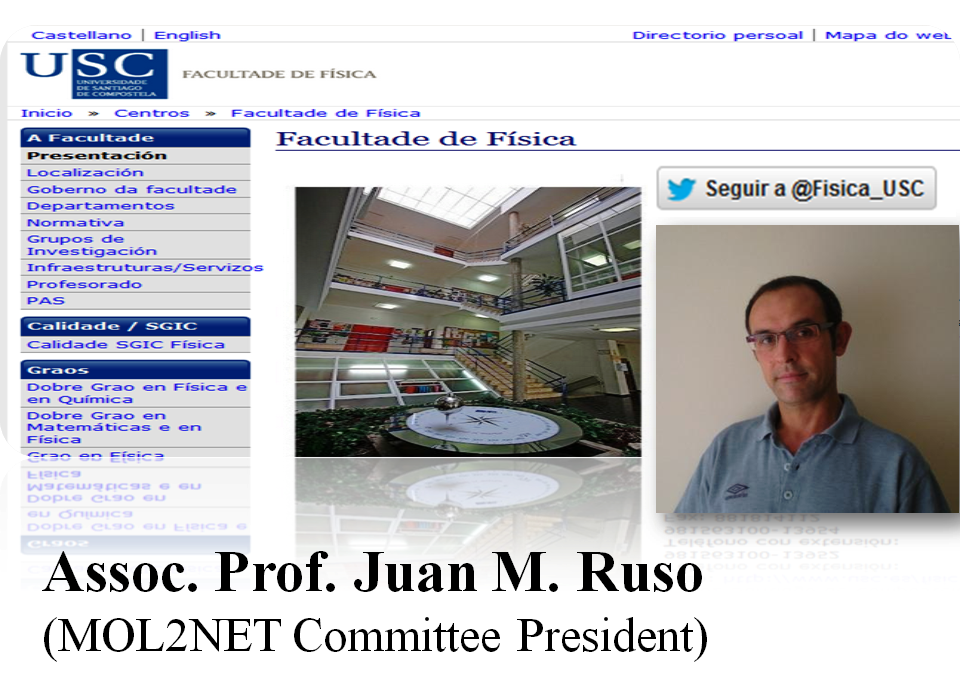
Prof. Juan M. Ruso, Department of Applied Physics, Faculty of Physics, University of Santiago de Compostela (USC), Spain.
Email: juanm.ruso@usc.es
Chairperson Scientific Committee (Neurosciences)
Prof. Shira Knafo, IKERBASQUE Professor, Molecular Cognition Laboratory, (1) Biophysics Institute (CSIC, UPV/EHU), Scientific and Technological Park of Biscay. University of The Basque Country UPV/EHU, Biscay, Spain. Ikerbasque, Basque Foundation for Science. (2) Ben-Gurion University of the Negev Faculty of Health Sciences: Beer Sheva, Southern, Israel.
Chairperson Scientific Committee (ICT & Legal Informatics)

Dr. Aliuska Duardo Sanchez (Ph.D. Legal Informatics), Chair in Law & The Human Genome Research Group, Faculty of Law, University of The Basque Country UPV/EHU, Leioa (Bilbao), Biscay, PANELFIT H2020, Project Manager & EDC Board Coordinator, Europe Commission. Email: aliuska.duardo@ehu.es
Scientific Committee Members
University of Deusto
Prof. Enrique Onieva, Lect. & Researcher, Big Data, Data Mining and Intell. Transp. Systems
Mondragon University
Prof. Iagoba Apellaniz, Mondragon University, Faculty of Engineering, Basque Country, Spain.
BioDonostia Health Research Institute
Prof. Marcos J. Araúzo-Bravo, Ikerbasque Professor, Bioengineering
CIC bioGUNE, Center for Cooperative Research in Biosciences
Prof. Nicola Abrescia, Ikerbasque Professor, Structural Virology Laboratory.
Dr. Marta G. Lete, Structural Biology Unit.
Basque Center for Biophysics
Prof. Shira Knafo, IKERBASQUE Professor, Biophysics Institute (CSIC, UPV/EHU)
Dr. Iratxe Barboya, Biophysics Institute (CSIC, UPV/EHU)
University of Santiago de Compostela (USC)
Prof. María Isabel Loza, CiMUS and Department of Pharmacology, USC, Spain.
Prof. Julio Seijas , Dept. of Organic Chemistry, Faculty of Sciences, Campus Lugo, USC, Spain.
Prof. Eugenio Uriarte Villares, Dept. of Organic Chemistry, USC, Spain.
Prof. Xerardo García-Mera, Dept. of Organic Chemistry, USC, Spain.
Prof. Eddy Sotelo, CiQUS and Dept. of Organic Chemistry, USC, Spain.
Prof. Ramón J. Estévez Cabanas, CiQUS and Dept. of Organic Chemistry, USC, Spain.
Prof. Florencio Martínez Ubeira, Dept. of Microbiology and Parasitology, USC, Spain.
Prof. Emilio Martinez-Nunez, Dept. of Physical Chemistry, USC, Spain.
Prof. Angeles Sánchez-Guerra, Dept. of Inorg. Chemistry, USC, Spain.
University of Vigo (UVIGO)
Prof. Yagamare Fall, Dept. of Organic Chemistry, University of Vigo (UVIGO), Vigo, Spain.
Prof. Generosa Gómez, Dept. of Organic Chemistry, University of Vigo (UVIGO), Vigo, Spain.
University of León
Prof. Vanessa Robles, MODCELL Group, Dept. of Molecular Biology, Universidad de León, 24071 León, Spain.
University of The Basque Country (UPV/EHU)
Prof. Francisco Palacios Gambra, Department of Organic Chemistry I, UPV/EHU, Campus Vitoria
Prof. Jose Luis Vicario, Department of Organic Chemistry II, UPV/EHU, Campus Biscay
Prof. Javier Meana, Department of Pharmacology, Faculty of Medicine, UPV/EHU, Campus Biscay
Prof. Néstor Etxebarria Loizate, Dept. Analytical Chemistry, UPV/EHU, Campus Biscay
Prof. Gotzon Madariaga, Department of Physics of Condensed Matter, UPV/EHU, Campus Biscay
Prof. Rosa M. Alonso, Department of Analytical Chemistry, UPV/EHU,Campus Biscay
Prof. Jose Luis Vilas, Dir. Dept. of Physical Chemistry, UPV/EHU, Campus Biscay
Prof. Mario Piris, Ikerbasque Prof., Donostia International Physics Center (DIPC), UPV/EHU, Campus Gipuzkoa
Prof. Inmaculada Arostegui, Dept. of Applied Mathmatics and Statistics, UPV/EHU, Campus Biscay
Prof. Aresatz Usobiaga, Department of Analytical Chemistry, UPV/EHU, Campus Biscay
Ph.D.Jose Manuel Laza Terroba, Dept. of Physical Chemistry, UPV/EHU,Campus Biscay
Prof. Ailette Prieto Sobrino, Dept. of Analytical Chemistry, UPV/EHU,Campus Biscay
Prof. Jose Luis Ayastuy Arizti, Dept. of Chemical Engineering, UPV/EHU,Campus Biscay
Prof. Irantzu Barrio, Ph.D. Department of Applied Mathematics and Statistics, UPV/EHU,Campus Biscay
Dept. of Organic and Inorganic Chemistry
Area Inorganic Chemistry
Prof. Luis Lezama, Area of Inorganic Chemistry, UPV/EHU, Campus Biscay
Prof. Maite Insausti, Area of Inorganic Chemistry, UPV/EHU, Campus Biscay
Prof. Aintzane Goñi, Area of Inorganic Chemistry, UPV/EHU, Campus Biscay
Area Organic Chemistry
Prof. Imanol Tellitu Cortazar, Area of Organic Chemistry II, UPV/EHU, Campus Biscay
Prof. Maria Luisa Carrillo Fernández, Area of Organic Chemistry II, UPV/EHU, Campus Biscay
Prof. Efraim Reyes Martín, Area of Organic Chemistry II, UPV/EHU, Campus Biscay
Prof. Uxue Uria Pujana, Area of Organic Chemistry II, UPV/EHU, Campus Biscay
Prof. Raúl San Martín Faces, Area of Organic Chemistry II, UPV/EHU, Campus Biscay
Prof. Mª Teresa Herrero Corral, Area of Organic Chemistry II, UPV/EHU, Campus Biscay
Prof. Eneritz Anakabe Iturriaga, Area of Organic Chemistry II, UPV/EHU, Campus Biscay
Thank You For Your Support!!!
MOL2NET & USEDAT Chairman
Prof. Humberto González-Díaz, IKERBASQUE Professor, Email: mol2net.chair@gmail.com
(1) Dept. of Organic & Inorganic Chemistry, University of the Basque Country UPV/EHU , 48940, Leioa, Biscay, Spain.
(2) Basque Center for Biofisics, University of the Basque Country UPV/EHU , 48940, Leioa, Biscay, Spain.
(3) IKERBASQUE, Basque Foundation for Science , 48011, Bilbao, Biscay, Spain.
PUBLONS: https://publons.com/researcher/306069/humberto-g-diaz-prof/
ORCID: https://orcid.org/0000-0002-9392-2797
List of accepted submissions (148)
| Id | Title | Authors | Poster PDF | ||||||||||||||||||||||||||||||||||||||
|---|---|---|---|---|---|---|---|---|---|---|---|---|---|---|---|---|---|---|---|---|---|---|---|---|---|---|---|---|---|---|---|---|---|---|---|---|---|---|---|---|---|
| sciforum-030726 | An In silico approach for the identification of GRB2 inhibitors for the treatment of Polycystic ovary syndrome (PCOS) | , | N/A |
Show Abstract |
|||||||||||||||||||||||||||||||||||||
|
Polycystic Ovary Syndrome (PCOS) is extremely prevalent and diverse. It is the most commonly encountered heterogeneous endocrine disorder in premenopausal (reproductive age) women worldwide.[1] Studies shows that it affects 5-10% of this population.[2] It is a characteristic syndrome of ovarian dysfunction associated with hyperandrogenism, chronic anovulation, endometrial hyperplasia and significant morbidity. Many other crucial body systems are also affected causing hirsutism, infertility, alopecia, menstrual irregularities and obesity.[3] The aetiology of this syndrome is still debatable. Although it is found that PCOS is common among middle and high-income urban population rather than in the rural population.[5]The women with PCOS have a higher risk of developing type 2 diabetes mellitus and impaired glucose tolerance at an early stage.[4]Insulin resistance is the key feature of PCOS and it is characterised by hyperinsulinemia. Obese women are at a higher risk of developing insulin resistance than normal-weight women and have higher hyperandrogenism.[6] The growth factor receptor-bound protein-2 (GRB2) is an adapter protein and is essential for cellular functions. It can either promote or block the cellular transformation and proliferation depending upon its activation and inhibition respectively. It plays a critical role in linking cell surface growth receptors (EGFR) and the Ras signalling pathway.[7] It is very crucial to curb the overexpression of the protein by using a potent ligand to activate essential cellular functions. It is used to comprehend the strength of association and the binding affinity between the appropriate ligands and the target binding site. This helps to develop more efficient drug candidates which would essentially help in the curing of the syndrome. The aim of the present investigation is to identify a potential GRB2 inhibitor towards the clinical treatment of Polycystic ovary syndrome (PCOS) using various molecular docking[8-15] and virtual screening approaches[16-28]. |
|||||||||||||||||||||||||||||||||||||||||
| sciforum-031579 | Application and Evaluation of Low Cost Biology Practical Lessons for Students of a Certain State School in the Municipality of Jaciara, Mato Grosso, Brazil | , |

|
Show Abstract |
|||||||||||||||||||||||||||||||||||||
|
Among the greatest difficulties of Biology teachers who teach in high school is the adequacy of alternative teaching resources to the teaching process, in order to facilitate mediation and understanding of the content covered. The absence of didactic resources and difficulties in developing low-cost strategies, which integrate the contents covered and contextualize them within problems in which the student must seek to solve, leaves the teaching and learning process deficient. Within this context, this study aimed to apply and evaluate two practical classes in a public school in the municipality of Jaciara-MT. The evaluation was carried out using questionnaires about the contents involved in the classes, applied before and after the practical classes. It was observed that most of the students involved in the study showed greater mastery over the contents, after the practical classes. |
|||||||||||||||||||||||||||||||||||||||||
| sciforum-031888 | Phytofabrication of silver nano particles using Ocimum sanctum leaf extract and their antibacterial and anticancer activity through oxidative damage | , , , , | N/A |
Show Abstract |
|||||||||||||||||||||||||||||||||||||
|
Silver nanoparticles (AgNP) have found prominence in different fields such as medicine, catalysis, nanoelectronics, textile field, pollution and water treatment due to their unique attributes. Applications of AgNP are increasing rapidly in the medical purpose including drug delivery, treatment, diagnosis, medical device coating. Various chemical and physical methods are used to synthesize the AgNP conventionally. However, these processes are expensive and also have side effects. To solve these problems by modification in synthesis process for safer and more efficiency, synthesis of biogenic AgNP from plant extract, known as Green Nanotechnology, have come to play a very crucial role, In this study, we have reported the green synthesis of AgNP using Ocimum sanctum (Tulsi) leaf extract, which act as reducing agent as well as capping agent. Synthesized AgNPs were characterized and their antibacterial and anticancer activities were observed. The development of brown color by the addition of Tulsi signifies the formation of silver nanoparticles. UV-Vis absorption spectroscopy, XRD and zeta potential were applied to estimate the quantitative formation of silver nanoparticles. FTIR analysis was used to reveal that the AgNPs were stabilized by eugenols, terpenes, and other aromatic compounds present in the leaf extract. The antimicrobial and anticancer properties of AgNPs were assessed by various in vitro cellular assays. Our present study confirms that AgNP can be used as a dual therapeutic option for combating pathogenic microbial strains as well as hepatocellular cancer. |
|||||||||||||||||||||||||||||||||||||||||
| sciforum-031791 | MODEC05-2020, International Workshop on the Natural Products and Agro-Industrial Processes in Ecuadorian Amazon region |
,
,
Oscar Rivera-Borroto ,
|

|
Show Abstract |
|||||||||||||||||||||||||||||||||||||
|
Welcome to the MODEC2020 workshop. This is Amazon State University's (UEA) FIFTH workshop (30 Jan 2020–30 Jan 2021), devoted to the promotion and application of the Multidisciplinary Sciences to the development of natural products and agro-industrial processes in Ecuadorian Amazon regions. This includes the application of Information and Communications Technologies (ICTs) for data analysis and computational model including the fields of Agro-industrial Engineering, Chemistry, Chemical Engineering, Biotechnology, Veterinary Medicine, and/or Environmental Sciences, etc. We invite you to visit the official web of the workshop: https://mol2net-06.sciforum.net/ |
|||||||||||||||||||||||||||||||||||||||||
| sciforum-031840 | Analyzing chromatographic data with the Superposing Significant Interaction Rules (SSIR) chemometric tool | , , | N/A |
Show Abstract |
|||||||||||||||||||||||||||||||||||||
|
This study describes a new chemometric tool for the analysis of chromatographic data: the Superposing Significant Interaction Rules (SSIR) is a variable selector coming from QSAR field that directly analyses the raw internal data coming from the chromatographic software. This allowed the identification of relevant volatile compounds in cork (treated and not treated samples in the industry) extracted by untargeted HS-SPME in a particular case for which traditional treatments (PCA, Discriminant Analysis) did not produced relevant results. The procedure has revealed the presence of compounds which are increased in the case of treated samples. The obtained classificatory model is robust, as it passed satisfactorily cross-validation tests (96% or more in performance for leave-one-out processes). This is the first time SSIR procedure is applied for the analysis of chromatographic information. |
|||||||||||||||||||||||||||||||||||||||||
Contributing
Authors
Essential
Presentations
MOL2NET'20 CONGRESSES
01. CHEMBIOMOL-06: Chem. Biol. & Med. Chem. Workshop, Bilbao-Rostock, Germany-Galveston, Texas, USA, 2020
02. USINEWS-04: US-IN-EU Worldwide Science Workshop Series, Duluth, USA, 2020
03. CHEMBIOINFO-06: Chem-Bioinformatics Congress, München, Germany-Chapel Hill, USA, 2020.
04. NICEXSM-06: North-Ibero-American Congress on Exp. and Simul. Methods, Valencia, Bilbao, Spain-Miami, USA, 2020
05. BIOMEDIT-01; ITCs & Biomol. Biomed. Eng. Workshop, Lund, Sweden, Chengdu, China, New Orleans, USA, 2020
06. MODECO-05: Molec. Diversity, Energy, & Ecosystems, Puyo, Ecuador-Porto, Portugal-Paris, France, EPA, USA, 2020
07. AIMEDIC-07: Int. Congress in Med. Info., UDC, Coruña, Spain-Sandford, USA, 2019
08. TECHLAWSCI-04: PANELFIT & NKL H2020 Tech. Law. & Sci. Challenges, Bilbao, Spain, Halden, Norway, Baltimore, USA, 2020
09. USEDAT-06: USA-Europe Data Analysis Training Program Workshop, Bilbao, Spain-Cambridge, UK-Miami, USA, 2020
10. NANOBIOMATJND-06: JSU-NDSU Nanotech. & BioMaterials Workshop, Jackson & Fargo, USA, 2020
Reviewwwers
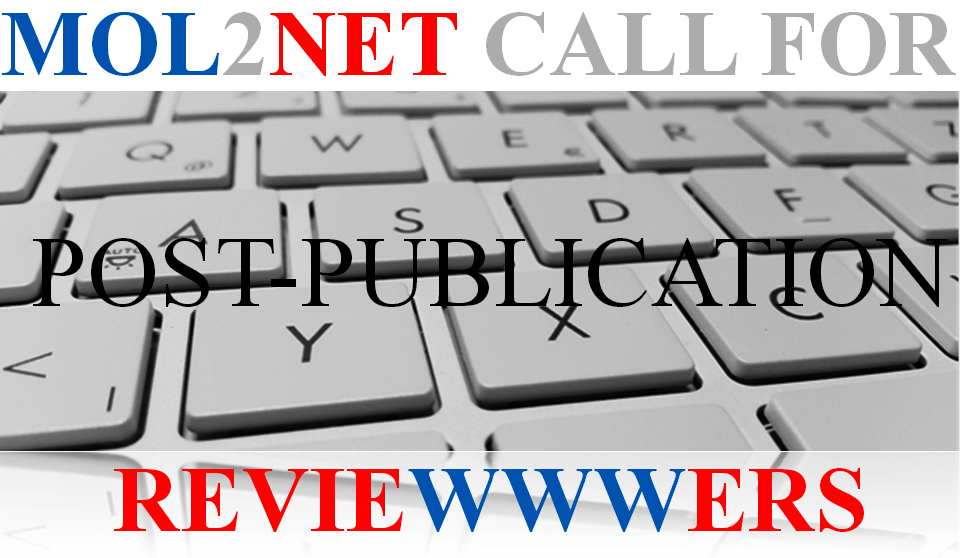
MOL2NET-Ikerbasque Comm.
MOL2NET-IKERBASQUE Advisory Committee
CALL FOR COLLABORATION: As the MOL2NET conference is multidisciplinary we are open to experts in all topics. We specially welcome all members of Ikerbasque community to participate. Please, do not hesitate to contact the chairperson to propose a collaboration by yourself or suggest some colleague. Members of the committee may opt for an active role or for a low-profile role. Some of the modalities of active collaboration are conference co-chairs, members of committees, workshop chairpersons, guest editors of JCR journals issues, social networks management, etc. Low-profile roles include being members of committee, recommending the conference to other colleagues, or making suggestions of topics, workshops, etc. In this committee we list all the names of professors/researchers related to IKERBASQUE, Basque Foundation for Science; which have been consulted as advisers and/or have supported somehow at least one of the editions of MOL2NET conference.

Prof. Fernando P. Cossío, Scientific Director, IKERBASQUE, Basque Foundation for Science, Dept. of Organic Chemistry I, UPV/EHU Campus Gipuzkoa.
Prof. Jesús Jimenez-Barbero, Ikerbasque Professor, Scientific Director of Center for Cooperative Research in Biosciences (CICBiogune), Biscay, Dept. of Organic Chemistry II, UPV/EHU, Leioa, Campus Biscay.

Prof. L.M. Liz-Marzán, Ikerbasque Professor, Scientific Director Center for Cooperative Research in Biomaterials CICbiomaGUNE, Gipuzkoa.

Prof. Iban Ubarretxena, PhD, [IKERBASQUE Profile] [ISMMS Profile] Scientific Director of BIOFISIKA, Basque Center for Biophysics CSIC-UPVEHU, Biscay Biophysics Foundation (BBF), Research Prof. IKERBASQUE, Basque Foundation for Science, Bilbao, Basque Country, Spain. Assoc. Prof. of Pharmacological Sciences, Icahn School of Medicine at Mount Sinai (ISMMS), NY, USA.
Prof. Shira Knafo, IKERBASQUE Professor, Molecular Cognition Laboratory, Biophysics Institute (CSIC, UPV/EHU), Scientific and Technological Park of Biscay, UPV/EHU, Campus Biscay. Ben Gurion University, Israel.
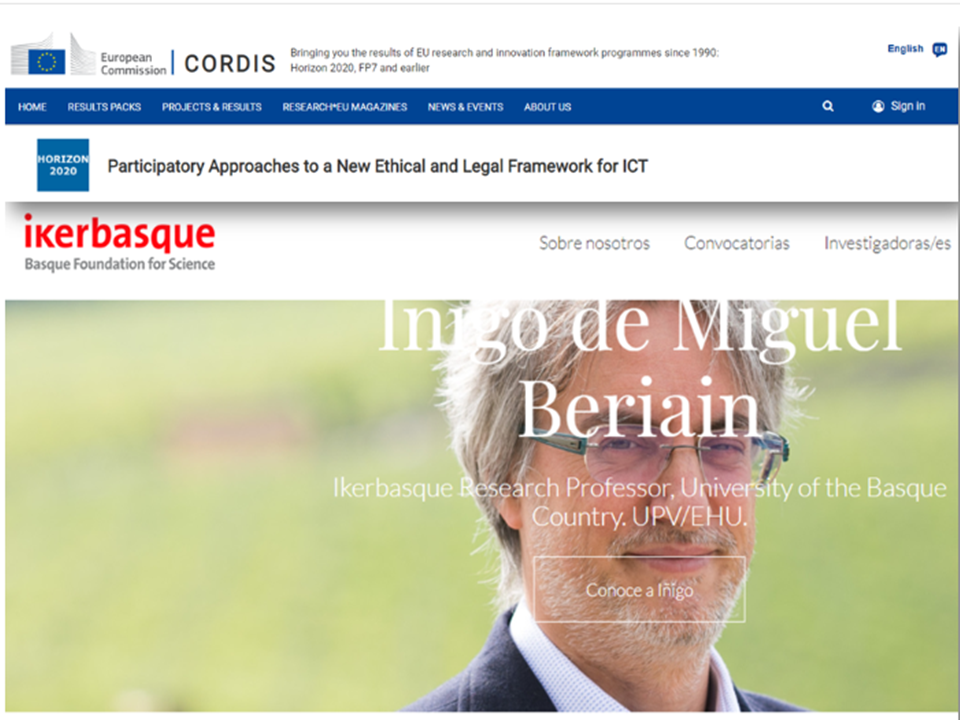
Prof. Dr. Iñigo de Miguel Beriain IKERBASQUE Professor, Research Group: Chair in Law and The Human Genome, Department of Public Law, University of Basque Country (UPV/EHU), Faculty of Law, Campus Biscay, Leioa 48940, Spain. Lecturer at The National Distance Education University (UNED), Biscay, Spain.

Prof. Marcos J. Araúzo-Bravo, Ikerbasque Professor, Bioengineering, BioDonostia Health Research Institute, Donostia, Spain.
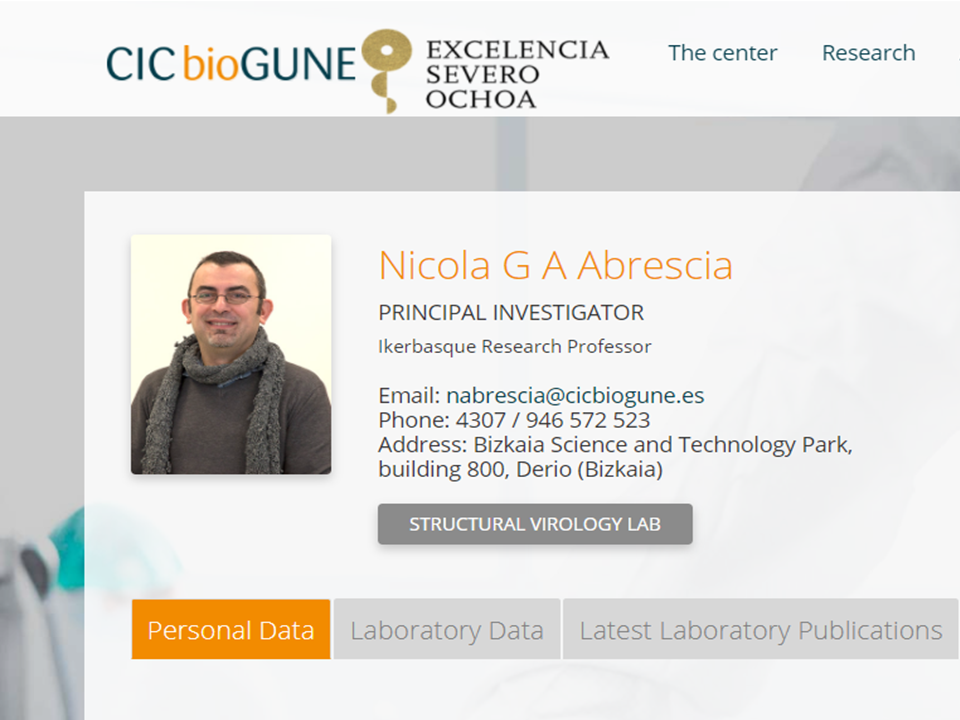
Prof. Nicola Abrescia, Ikerbasque Professor, Structural Virology Laboratory, CIC bioGUNE, Center for Cooperative Research in Biosciences, Bilbao, Basque Country, Spain.

Prof. Mario Piris, IKERBASQUE Professor, DIPC Donostia International Physics Center, UPV/EHU, Campus Donostia - San Sebastian
Prof. Geza Toth, Ikerbasque Professor, Department of Physics, UPV/EHU, Campus Biscay
 Prof. Humbert González-Díaz, IKERBASQUE Professor, Email: mol2net.chair@gmail.com
Prof. Humbert González-Díaz, IKERBASQUE Professor, Email: mol2net.chair@gmail.com
(1) Dept. of Organic Chemistry II, University of the Basque Country UPV/EHU , 48940, Leioa, Biscay, Spain.
(2) IKERBASQUE, Basque Foundation for Science , 48011, Bilbao, Biscay, Spain.
ORCID: https://orcid.org/0000-0002-9392-2797
MOL2NET Info, Steps, Schedule
MOL2NET Steps for Participation
(0) Register, Sign in/Login, to Sciforum platform [Sciforum login]
(1) Submit the title and abstract, select a section or workshop (do not upload paper here) [Submit New Abstract]
(2) Wait for Sciforum abstract acceptance email, follow the link, and/or login to upload paper, doc and pdf format
(3) Download template doc to prepare your communication, for general sessions: [MOL2NET 2019 Template.doc] , or use the
for other workshops: [BioChemPhys Template], [WRSAMC template] , [MODEC 2019 Template.doc], [AWP-04 Template]
(4) Wait for paper acceptance and publication emails (follow link to proofread your paper) (Asap after upload)
(5) Communicate with chairpersons if corrections are necessary, including past editions (All the year)
(6) Log in to post comments, questions, or answers in a section or one of the workshops
(7) Contact chairpersons if you need attendance certificate for conference and/or workshops (All the year).
Conference, School, and Workshops Schedule
General Schedule: MOL2NET International Conference Series on Multidisciplinary Sciences, MDPI Sciforum, Basel, Switzerland has online and/or in person workshops (>10) associated. The conference usually runs online at the online platform SciForum maintained by the editorial MDPI, Basel, Switzerland. The platform is open on a year-round basis almost all the days of the year in course. We have this modality for practical reasons; e.g., accommodation of many workshops in different dates along the year, flexible reception of communications, etc.
Submission and Publication of communications: As we mentioned before, in the practice, the online platform is open at the beginning of the year in course and continue open all the year for submissions of communications. However, the associated workshops may open in different dates along the year (see specific workshop pages). Submission of papers to all workshops is open until the last days of the year in course or the first days of the following. The publication of communications is continuous all the year upon acceptance.
Schedule for for MOL2NET Workshops Online participation: You can participate online in all MOL2NET workshops all the year uploading your communication directly by Sciforum platform. In addition, after publication of papers is closed we open the online platform for online participation. The authors will be able to post online comments and/or answers to comments in this workshop/section and also in the other general sections and/or >10 international workshops of the MOL2NET conference (many of them also run both online and in person). The participants are entitled to receive participation certificates for MOL2NET conference and all the workshops they participate upon request to the respective chairpersons. See committees of MOL2NET and each workshop.
Schedule for MOL2NET Workshops in Person Participation: Many of the workshops associated to MOL2NET are going to be held also in person (face-to-face) in different universities of USA, Spain, Italy, Mexico, Chile, etc. This in person workshops have specific schedules in parallel to their online versions. Please, go to the homepages of these workshops and/or contact their chairpersons for further details.
Schedule for USEDAT Summer School participation: The schedule of the different USEDAT courses varies in different universities along the year, even when many of them are in summer season, some of them run all the year. If you are interested to enroll in one of the courses do not hesitate to contact directly USEDAT coordinator at: usedat.chair@gmail.com
Note for participants: MOL2NET conference runs both online (general sections) and/or in person (associated workshops). No physical presence is needed for online participation saving traveling costs. We accept experimental works, theoretical works, or experimental-theoretic works in the areas mentioned. Proceedings will be Published Online, Open Access, and Totally Free of Charges (no cost). For details about in person (face-to-face) participation on associated workshops contact the respective members of the local committees. USEDAT School workshop also runs online however must of the hand-on training courses run in person.
Types of Communications
Before to submit your communication recommend to download and use the [Template File] to write your communication; we strongly recommend you to read carefully the following information about publication model, copyright, authors responsibilities, etcFirstly, be aware that the works published here belongs to two main modalities preliminary communications or comments on previous works.
Research Preprints. These are short communications of unpublished results but they are not post-print journal papers. In this sense, committee and/or external reviewers check only scope and apparent scientific soundness. They have the same editorial process than for an online Preprint service. Therefore, all works receive doi number and are indexed in databases (GoogleScholar, Publons, etc.).The works may receive also comments from registered participants (public post-publication review). The authors are encouraged to submit their works to a peer-reviewed scientific journals of MDPI or other editorials during or after finalization of the conference, as per SciForum copyright rules.
Research Highlights. These short communications are comments on already published papers. They are short notes to comment about the more interesting points, highlights, etc. of works previously published by the authors or other groups. In this case, committee and/or external reviewers check also only scope and apparent scientific soundness. The works may receive also comments from registered participants (public post-publication review).
Authors Liability
In all cases, it is responsibility of authors, to perform a similarity checking , ensure veracity of contents, and carry out a proper citation of previous works. The committee is not responsible of the previous aspects in this publishing modality. Consequently, the opinions expressed on the communications are not necessarily coincident to the opinions of the members of the committees. In this sense, we strongly recommend the authors to use online text-similarity checking services, such as Turnitin, etc., if possible. These tools may help authors to avoid any form of plagiarism or copyright violation. The authors may be requested to modify the communication (re-write their texts) in the case that high similarity is detected and reported to the committee. In these cases, the manuscript could be put on standby or withdrawn temporarily until the authors re-submit the proper version. The authors are also allowed to submit short reviews, comments, letters, or discussions of papers already published if they guarantee sufficient difference to previous public contents.
We welcome indirect nominations and/or personal applications for a position in some of the following modalities, or other modalities of collaboration: (1) Committee membership (nomination or personal application for membership in honor, steering, or scientific committees). (2) Guest-Editor of JCR MDPI journal issue (help to propose, editing, announce your special issue in one of the MDPI journals). (3) Chairperson of workshop (publishing an online or in person workshop of your institution with you as chairperson). (4) Sponsor of conference (including logo, description, flyer, and link to homepage of your institution). (5) Speaker (publication of video conferences with cover poster, issn, isbn, and doi number). We sincerely invite you to join MOL2NET Conference Series or one of the worldwide associated workshops; please, sent a direct email to the chairperson.
 https://orcid.org/0000-0002-9392-2797, Email: mol2net.chair@gmail.com
https://orcid.org/0000-0002-9392-2797, Email: mol2net.chair@gmail.com(1) Dept. of Organic Chemistry II, University of the Basque Country UPV/EHU , 48940, Leioa, Biscay, Spain.
(2) IKERBASQUE, Basque Foundation for Science , 48011, Bilbao, Biscay, Spain.
MOL2NET-MDPI Journals Issues
MOL2NET - MDPI Journals Issues

Open Journals Issues (Call For Papers)

27. Metabolites (Call For Papers): Special Issue: The Impact of Marine Chemical Pollution to Microorganism Metabolites. Journal: Metabolites (ISSN 2218-1989), JCR IF = 4.097. Editor: Prof. Marianne Graber, Laboratoire LIENSs Littoral Environnement et Sociétés, Institut écologie et environnement (IEE), French National Centre for Scientific Research (CNRS), Paris, France. Submissions until: 15-Nov-2021. Email: marianne.graber@univ-lr.fr

26. Biomolecules (Call For Papers): Special Issue: Computational Approaches for the Discovery and Development of Pharmacologically Active Natural Products. Journal: Biomolecules (ISSN 2218-273X). JCR IF = 4.082. Submission until: 28 February 2021. Editor: Prof. Jose L Medina-Franco, National Autonomous University of Mexico (UNAM), México.

2. CNC - Center for Neuroscience and Cell Biology, University of Coimbra, Coimbra, Portugal. Submissions until: 31 Dec 2020.



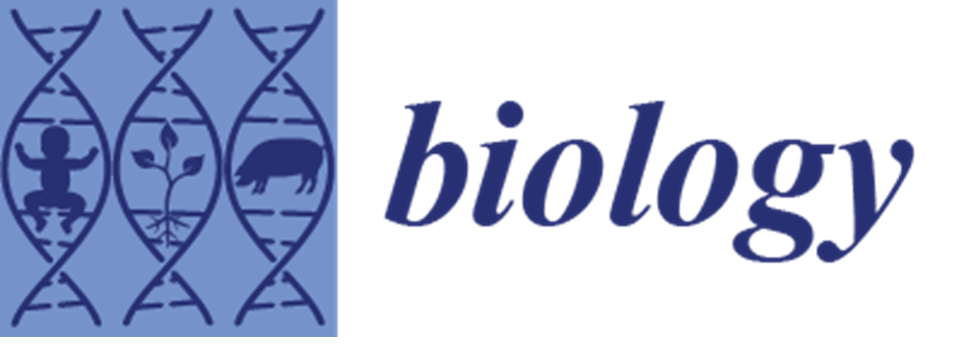
17. Biology (Call For Papers): Special Issue: Computational Biology. Journal: Biology (ISSN 2079-7737) JCR IF = 3.796. Topics: computational biology, mathematical modeling, computational simulation, statistics, biochemistry, biophysics , molecular biology, computer science, anatomy, biomodeling, genomics, genetics, neuroscience, pharmacology, evolutionary biology. Editors: Dr. Milan Toma, Department of Osteopathic Manipulative Medicine, College of Osteopathic Medicine, New York Institute of Technology, Old Westbury Campus, Northern Boulevard, Old Westbury, NY 11568-8000, USA. Dr. RiccardoConcu, Requimte/Faculdade de Ciências da Universidade do Porto, Rua do Campo Alegre, s/n, 4169-007 Porto, Portugal. Submissions until: 30 Dec 2020.
Closed Journals Issues (Published)



10. Nanomaterials (Call For Papers): Special Issue: From Nanoinformatics to Nanomaterials Risk Assessment and Governance. Journal: Nanomaterials (ISSN 2079-4991), JCR IF = 4.324. Last Date: 2020-Sept-01, Editors: Prof. Dario Greco, Faculty of Medicine and Health Technology, Tampere University, Tampere, Finland. Dr. Antreas Afantitis, Department of Cheminformatics, NovaMechanics Ltd, Nicosia, Cyprus. Prof. Iseult Lynch, School of Geography, Earth & Environmental Sciences, Univ. of Birmingham, United Kingdom. Dr. Maria Dusinska , Norwegian Institute for Air Research, NILU, Kjeller, Norway. Prof. Miguel A. Banares, Institute for Catalysis, CSIC, Madrid, Spain.

07. Molecules (Call For Papers): Special Issue: Computational Methods for Drug Discovery and Design. Journal: Molecules (ISSN 1420-3049), JCR IF = 3.098. Last Date: 2019-Dec-30. Topics: molecular modeling; molecular simulations; computational biochemistry; computer-aided drug design; protein kinase inhibitors. Editor: Prof. Julio Caballero, Email: jcaballero@utalca.cl, Centro de Bioinformática y Simulación Molecular (CBSM), Facultad de Ingeniería, Universidad de Talca, Casilla 747, Talca 3460000, Chile.
06. Molecules (Published): Special Issue: GPCR Mechanism and Drug Design. Journal: Molecules (ISSN 1420-3049), JCR IF = 3.06. Last Date: 2019-Nov-30. Topics: data science; drug design and discovery; computational chemistry; structural biology; molecular modeling; molecular docking; computational mutagenesis; G-protein-coupled receptors; protein–protein interactions; protein–ligand interactions. Workshop Associated: EJIBCE, Encontro de Jovens Investigadores de Biologia Computacional e Estrutural, Portugal, 2018. Editor: Dr. Irina Moreira, Email: irina.moreira@cnc.uc.pt, Center for Neuroscience and Cell Biology (CNC), University of Coimbra (UC), Portugal.
05. Molecules (Published): Special Issue: From Computational Chemistry to Complex Networks. Journal: Molecules (ISSN 1420-3049), JCR IF = 3.06. Topics: Quantum Mechanics /Molecular Mechanics (QM/MM), Drug-target, protein-protein and other Docking methods, Monte Carlo (MC) methods, Quantitative Structure-Activity/Property Relationships (QSAR/QSPR) models, Graph theory and Complex Networks Topological Indices (TIs), Protein Structure Networks, Protein Interaction Networks (PINs) and Proteome. Editor: Prof. Humbert González-Díaz, Email: mol2net.chair@gmail.com, Current Affiliation: IKERBASQUE Professor, Dept. of Organic Chemistry II, University of the Basque Country UPV/EHU , 48940, Leioa, Biscay, Basque Country, Spain.

04. Entropy (Published): Special Issue: Graph and Network Entropies. Journal Entropy (ISSN 1099-4300), JCR IF = 2.419. Topics: network sciences; walk entropies; algegraic graph theory; spectral methods; matrix functions. Editor: Prof. Ernesto Estrada, Email: ernesto.estrada@strath.ac.uk, Department of Mathematics & Statistics, University of Strathclyde, Glasgow G11XQ, United Kingdom. Current Affiliation: ARAID Professor, Institute of Applied Mathematics (IUMA), University of Zaragoza, Spain.
03. Entropy (Call for Papers): Special Issue: Biological Statistical Mechanics. Journal Entropy (ISSN 1099-4300), JCR IF = 2.494. Last Date: 2019-Nov-15. Topics: cell differentiation, biocomplexity, order and organization, ecology, epidemics, correlation dynamics, complex networks, systems biology. Editors: Prof. Alessandro Giuliani, Email: alessandro.giuliani@iss.it, Environment and Health Department, Istituto Superiore di Sanità, Roma 00161, Italy. Prof. Mariano Bizzarri, Department of Experimental Medicine, Systems Biology Group Lab, Sapienza University of Rome, Rome, Italy.

MOL2NET-MDPI Journals (Selected Papers)
Concise Polygenic Models for Cancer-Specific Identification of Drug-Sensitive Tumors from Their Multi-Omics Profiles
by Stefan Naulaerts , Michael P. Menden and Pedro J. Ballester
Biomolecules 2020, 10(6), 963; https://doi.org/10.3390/biom10060963
Exploring Alzheimer’s Disease Molecular Variability via Calculation of Personalized Transcriptional Signatures
by Hila Dagan, Efrat Flashner-Abramson, Swetha Vasudevan, Maria R. Jubran, Ehud CohenandNataly Kravchenko-Balasha
Biomolecules 2020, 10(4), 503; https://doi.org/10.3390/biom10040503
Topical Delivery of Meloxicam using Liposome and Microemulsion Formulation Approaches
by Julia Zhang , Anna Froelich and Bozena Michniak-Kohn
Pharmaceutics 2020, 12(3), 282; https://doi.org/10.3390/pharmaceutics12030282
Soft Actuated Hybrid Hydrogel with Bioinspired Complexity to Control Mechanical Flexure Behavior for Tissue Engineering
by Ramón Rial , Zhen Liu and Juan M. Ruso
Nanomaterials 2020, 10(7), 1302; https://doi.org/10.3390/nano10071302
Int. J. Mol. Sci. 2019, 20(17), 4191; https://doi.org/10.3390/ijms20174191
Int. J. Mol. Sci. 2019, 20(18), 4362; https://doi.org/10.3390/ijms20184362
Int. J. Mol. Sci. 2019, 20(21), 5389; https://doi.org/10.3390/ijms20215389
Biomolecules 2019, 9(12), 778; https://doi.org/10.3390/biom9120778
MOL2NET USEDAT Training


Experimental Data Recording, Computational Data Analysis, Hands-on Training Courses
PhD, MSc, Degree Thesis Tutorship; MSCA Secondments; Summer Internships
USA & Europe Schools, Conferences, Workshops, Enrollment Free of Charge
USEDAT School & Workshop
The program is directed to researchers and students worldwide. The initiative joins various sister summer schools, workshops, boot camps, hands-on training courses, and/or capstone courses of universities in United States and Europe. This includes courses and research workshops offered/chaired by professors of Miami Dade College (MDC), University of North Carolina at Chapel Hill (UNC), North Dakota State University (NDSU), Jackson State University (JSU), Tulane University New Orleans, Saint Thomas University (STU), and West Coast University (WCU) Miami, in United States and courses/workshops organized by professors / researchers of University of Coruña (UDC) Spain, EMBL-EBI European Bioinformatics Institute, Cambridge, United Kingdom, CNAM, Conservatoire National des Arts et Métiers, Paris, France, University of the Basque Country (UPV/EHU) and Ikerbasque, Basque Foundation for Science, Basque Country, Spain, and other European centers. Please see, download, and share our [USEDAT Flyer] and/or read our editorial paper [USEDAT Editorial.pdf].
Reference: USEDAT: USA-Europe Data Analysis Training Worldwide Program, 2019 ed. Jerzy Leszczynski, David Quesada, Eugene Muratov, Matthew M. Montemore, James Robert Green, Suhbash C. Basak, Bakhtiyor Rasulev, Cristian R Munteanu, Alejandro Pazos, Yasset Perez-Riverol, Gloria Castellano, Maité Sylla, Daniel J.V.A. Do Santos, Natália D. S. Cordeiro, Bairong Shen, Pedro L. Fernandes, Esther Lete, Nuria Sotomayor, Sonia Arrasate, Aliuska Duardo, Humbert Gonzalez-Diaz. MOL2NET-05, International Conference on Multidisciplinary Sciences, ISSN: 2624-5078, MDPI SciForum, Basel, Switzerland, 2019, (1), 1-5, doi: 10.3390/mol2net-05-06254.
The professors and students interested on USEDAT are welcome to submit their research works to be published in USEDAT School Workshop and/or in any other of the MOL2NET workshops associated to the school. For in-site participation contact the coordinators of the different courses or the general coordinator. For participation in the workshops, click submit to send the title and abstract of your communication. After that, wait to receive after approval email. Next, write your communication using the following [USEDAT Template.doc] file to write your communications, after that save a .pdf file and upload. Almost all schools have workshops published by the MOL2NET Conference series (see details at follows). The professors, researchers, and students interested on this workshop are also welcome to participate in the international network of courses offered by USEDAT program. The students of the program can visit one or more of the universities to receive personalized training. It may include introduction to experimental techniques (NMR, EEG, MS, HPLC, 2DGE, etc.) for data acquisition. However, the main focus is on computational algorithms (ML, AI, ANN, SVM, LDA, Deep Learning, SQL, Python, etc.) for data analysis and computational modelling and simulation in Chemistry (All), Biotechnology Biotechnology, Nanotechnology, Biomedical Engineering, etc. See all benefits for students and professors bellow.
USEDAT Program Enrollment
Enrollment is free of cost (no fees) for USEDAT hands-on training courses, this include training of Summer school students, training/tutoring of PhD, MSc, and Degree students, training of visiting professors, post-doctoral researchers, sabbatical professors, etc. However, USEDAT students/professors obtain financial support to cover indirect costs (traveling, insurance, living, and other indirect costs) from institutions like MSCA Europe Commission, EMBL-EBI United Kingdom, FCT Portugal, NSF China, COLCIENCIAS Colombia, SENESCYT Ecuador, CONACYT, DELFIN Program México, and PANELFIT H2020 Europe Commision Projects, etc.
USEDAT School vs. Regular University Courses
USEDAT hands-on training courses, per se, are free of cost. USEDAT training courses are equivalent to summer schools, boot camps, and other forms of complementary teaching. The USEDAT school courses involve hands-on personalized training, seminars, participation in workshops, visit to different centers, PhD, MSc students dissertation tutoring, etc. However, USEDAT training courses must not to be confused with regular teaching courses of university. USEDAT training courses serve as an introduction or introductory gate to some regular PhD, MSc, Capstone courses, of universities of Europe and USA. We help you to contact professors of these programs associated with us.
USEDAT Lecturers and Collaborating Professors
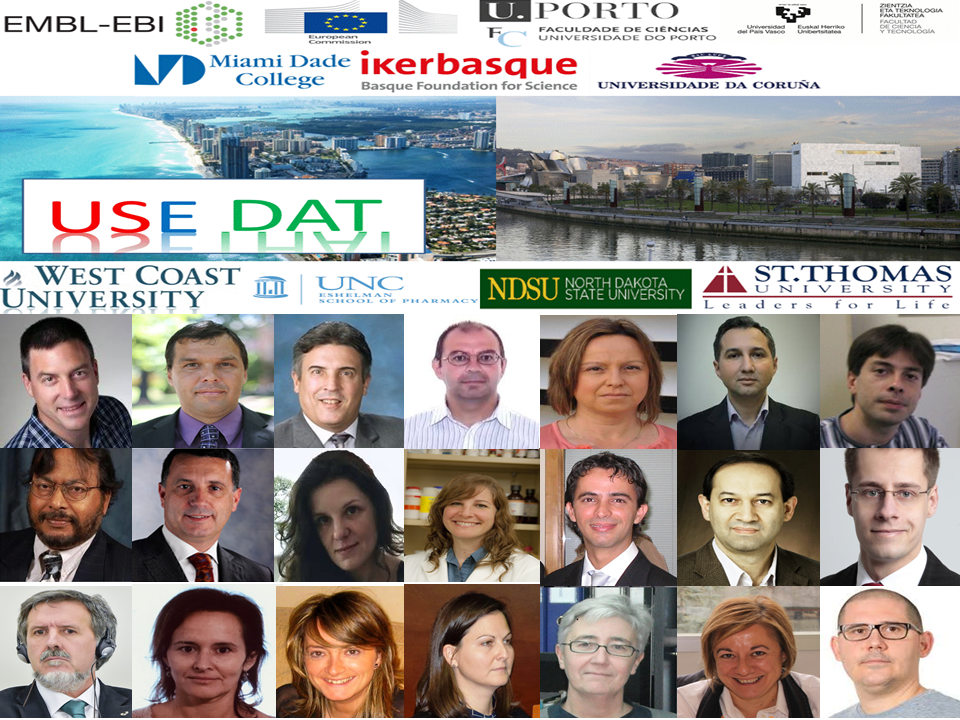
People listed as collaborators and/or collaborating professors of the USEDAT school project are those who have: [i] acted as lecturer or coordinator of one of the courses; [ii] Acted as chairperson of one of the workshops, [iii] offered institutional and/or hosting support, [iv] acted as tutor and/or have sent at least one student to participate in courses of other centers.
USEDAT Professors/Collaborators [North America]:
Prof. Jerzy Leszczynski i,ii,iii,iv, Dir. Interdisc. Cent. for Nanotoxicity (ICN), Jackson State University (JSU), USA.
Prof. Eugene Muratov i,ii, Eshelman School of Pharm., Univ. of North Carolina (UNC), Chapell Hill, USA.
Assist. Prof. Matthew M. Montemore i,iii,iv, Chem. & Biomol. Eng., Tulane University, New Orleans, USA.
Prof. James Robert Green i,ii,iii,iv, Dept. of Systems and Comput. Eng., Carleton University, Canada.
Dr. Suhbash C. Basak, Natural Resources Research Institute, Univ. of Minnesota, Duluth, MN, USA.
Prof. Terace Fletcher i,ii,iii,iv, Northeast Lakeview College, University of Texas, San Antonio, TX, USA.
Prof. Maykel Cruz-Monteagudo i,ii,iii,iv, West Coast University (WCU), Miami, USA.
Prof. Bakhtiyor Rasulev i,ii,iii,iv, North Dakota Sate University (NDSU), USA.
Dr. Shameer Khader ii, Dept. Medical Informatics, Northwell Health, NY, USA.
USEDAT Professors/Collaborators [Europe]:
Prof. Humbert Gonzalez-Diaz (USEDAT Coord.)i,ii,iii,iv , Prof. Sonia Arrasate i,ii,iii,iv, Prof. Esther Lete (PhD Coord.)i,ii,iii,
Prof. Nuria Sotomayor (MSc Coord.)i,ii,iii, Prof. Fernando Plazaola (Dean)iii, Prof. Ma. Isabel Moreno (Dir. Dept.)ii,iii,
Dr. Aliuska Duardo (Fac. Law)i,ii,iii,iv, Univ. of The Basque Country (UPV/EHU), Leioa, Basque Country, Spain.
Prof. Cristian R Munteanu i,ii,iii,iv, Prof. Alejandro Pazos i,ii,iii,iv, University of Coruña (UDC), Coruña, Spain.
Dr. Yasset Perez-Riverol i,ii, European Bioinformatics Institute (EMBL-EBI), Cambridge, United Kingdom.
Assoc. Prof. Maité Sylla ii , Assoc. Prof. Najla Fourati ii , Assoc. Prof. Chouki Zerrouki ii , CNAM, París, France.
Dr. Irina Moreira i,ii,iii,iv, Center for Neuroscience and Cell Biology (CNC), Universidade de Coimbra, Coimbra, Portugal;
Prof. Gloria Castellano i,ii,iv , (Dept. Dir.) Dept. Exp. Sci. and Mathematics, Catholic Univ. of Valencia (UCV), Spain.
Prof. Francisco Torrens i,ii,iv , Institute of Molecular Science (ICMol), University of Valencia (UV), Valencia, Spain.
Prof. Natália D. S. Cordeiro i,ii,iii,iv, REQUIMTE Theor. Chem. Net., University of Porto (UPORTO), Portugal.
Prof. Pedro L. Fernandes i,ii,iii,iv, Bioinformatics Training Coordinator, Instituto Gulbenkian de Ciencia (IGC), Portugal.
Dr. Daniel J.V.A. Do Santos iv , Faculty of Pharmacy, University of Lisbon (ULISBOA), Portugal.
Prof. Amaury Pérez Martínezii,iii, Amazon State Univ. (UEA), Ecuador.
Prof. Eduardo Tejera i,ii,iii,iv, Prof. Yunierkis Perez Castillo i,ii,iii,iv (Bio-Cheminformatics Group), Prof. Vinicio Armijos iii,iv,
MSc. Emilia Vasquez i,ii,iii,iv (Biotechnology), Universidad de Las Americas (UDLA), Quito, Ecuador.
Prof. Marcus T Scotti i,ii,iii, Dir. Cheminformatics Lab., Universidade Federal da Paraíba (UFPB), Brazil.
Dr. Shaoxun Tang iii,iv, Centre of Reg. Agro-Ecology, National Academy of Sciences, Beijing, China.
Prof. Esvieta Tenorio-Borroto i,ii,iii,iv , Universidad Autónoma del Estado de México (UAEM), Mexico.
Prof. Boris Mederos iii,iv, Dept. Phys. and Mathematics, Univ. Autónoma de Ciudad Juárez (UACJ), México.
Prof. Piedad Gañan iii,iv, Dr. Robin Zuluaga iii,iv, Universidad Pontificia Bolivariana, Bogotá, Colombia.
Prof. Ma. Del Rayo Camacho Corona iii,iv, Autonomous University of Nuevo León (UNL), México.
Prof. Ashok. K. Dubey ii, Drug Discov. Lab., Netaji Subhas University of Technology, New Delhi, India.
Prof. Kunal Roy ii, Dept. of Pharmaceutical Technology, Jadavpur University, Kolkata, India.
Interdisciplinary Center for Nanotoxicity (ICN), Dept. of Chemistry and Biochemistry,
Jackson State University (JSU), USA. Topics: Nanotoxicity, Cheminformatics, Data Analysis
Coordinator: Prof. Jerzy Leszczynski (Director)
Students Contact with Researchers from NASA, University of Miami, Florida International University (FIU).
Coordinator: Prof. David Quesada, Chair of Dept. of Mathematics, MDC, Wolfson Campus,
Last Workshop: https://mol2net-04.sciforum.net/sri-10
Current Workshop: https://mol2net-05.sciforum.net/sri-11
Contact Email: dquesada@mdc.edu
Laboratory for Molecular Modeling, UNC Eshelman School of Pharmacy,
University of North Carolina , Chapel Hill , North Carolina 27599 , United States.
Coordinator: Assoc. Prof. Eugene Muratov, Ph.D., Email: murik@email.unc.edu
Topics: Machine Learning, Computational Chemistry, Cheminformatics
Coordinator: Assist. Prof. Matthew M. Montemore, Chemical and
Biomolecular Engineering, Tulane University, New Orleans, USA.
WCUCW: West Coast University Capstone Workshop, Campus Miami,
Coordinators: Prof. Terace Fletcher and Prof. Maykel Cruz-Monteagudo.
Topics: Machine Learning, Data Analysis, Complex Networks, Systems Biology
Computational Nanosciences, Workshop: https://mol2net-05.sciforum.net/usedat-07
Contact Email: usedat.chair@gmail.com
Coord: Dr. Yasset Pérez-Riverol, EMBL-EBI, Cambridge, United Kingdom.
Coord.: Prof. Pedro L. Fernandez, Inst. Gulbenkian de Ciencia (IGC),
Homepage: http://gtpb.igc.gulbenkian.pt/bicourses/index.html
USEDAT RNASA-IMEDIR UDC Summer School, Coruña, Spain.
IWMEDIC, Rnsa-Imedir, University of Coruña (UDC), Spain.
Coordinators: Prof. Alejandro Pazos, Director Dept. of Computation,
Prof. Cristian Munteanu, Dept. of Comput., FIC, UDC
Last Workshop: https://mol2net-04.sciforum.net/iwmedic-06
Current Workshop: https://mol2net-05.sciforum.net/iwmedic-07
USEDAT IWIMSM-03: Iberoamerican Workshop, Valencia, Spain.
Iberoamericana Interdisc. Métodos, Model. y Simul. Workshop
Coordinators: Prof. Gloria Castellano, Email: gloria.castellano@ucv.es
Dir. Dept. Exp. Sciences and Mathematics, Catholic University of Valencia (UCV), Valencia, Spain.
Prof. Francisco Torrens, Email: Francisco.Torrens@uv.es
Institute of Molecular Science (ICMol), University of Valencia (UV), Valencia, Spain.
Last Workshop: https://mol2net-04.sciforum.net/iwimsm-02
Current Workshop: https://mol2net-05.sciforum.net/iwimsm-03
USEDAT EJIBCE: Structural Computational Biology Training, Portugal, 2019.
Coodinator: Dr. Irina Moreira, E-mail: irina.moreira@cnc.uc.pt
Center for Neuroscience and Cell Biology (CNC), Universidade de Coimbra, Portugal.
Last Workshop: https://mol2net-04.sciforum.net/ejibce-02
Current Workshop: https://mol2net-05.sciforum.net/ejibce-03
USEDAT LAWSCI PANELFIT Summer School, Bilbao, Basque Country, Spain.
LAWSCI PANELFIT H2020 Project Summer School of Chair of Law and Human Genome, UPV/EHU, Leioa, Bilbao, Spain.
Massive Online Open Course (MOOC) on Ethical and Legal Issues Regarding ICT Data Protection, 2019-2020.
Coordinator: PhD. Aliuska Duardo. H2020 PANELFIT European Project Manager
MOOC Registration: https://www.panelfit.eu/ethical-and-legal-issues-regarding-ict-data-protection/
Last Workshop: https://mol2net-04.sciforum.net/lawsci-02
The topics of the courses vary with the school but overall they are related to three main areas and their overlapping fields involving the technical, legal, and ethic aspects of experimental measurement, collection, storing, retrieval, analysis, and in general use of data:
(0) Experimental methods (NMR, IR, HPLC, MS, EEG, 2DGE, etc.) used in Chemistry, Physics, Nanotechnology, Medicine, etc. to record data susceptible of posterior processing with data analysis techniques
(1) Computational Sciences, ICTs, Machine Learning, Artificial Intelligence, Big Data, Mathematics, Physics tools for Data Analysis and Modelling in science.
(2) Applications of the previous methods to Cheminformatics, Chemistry (All Areas), Nanotechnology, Materials Sciences, Biophysics, Bioinformatics, OMICs, Biotechnology, Biomedical Engineering, Systems Biology, Complex Networks, and Social Networks.
(3) Legal, Regulatory, and Bioethics issues in Machine Learning Applications and/or Bio-molecular sciences, General Data Protection Regulation (GDPR) in research, Patenting of Drugs, Genome, Materials, and Copyright protection of Scientific software.
Benefits for Students
(0) Receiving training in Data Analysis, Machine Learning, Artificial Intelligence, Cheminformatics, Complex Networks, etc.
(1) Development of a Personalized Research Project to study Experimental Results of Student Thesis and/or Public Data sets.
(2) Publication of papers in a JCR-Indexed Journals, projects results are submitted to publication at the end of the course.
(3) Publication of communications in MOL2NET Workshops in Miami Dade College, Univ. of Minnesota, NCU Chapell-Hill, USA; CNAM, Paris, France; UDC Coruña, Spain, etc.
(4) Exploration of possible MSc/PhD topics for MSc/Degree Students.
USEDAT Students Academic Profile
Profs., Researchers, Graduated, and undergraduate students from Physics (Applied), Chemistry (All areas), Biology, Medicine, Biotechnology, Bioinformatics, Nanosciences, Polymer and Material Sciences, Biomedical Engineering, Computational Sciences, etc.
USEDAT School Courses Duration
Duration varies in different universities. Typical duration is: Sabbatical Profs., Post-Doc, and PhD Students (1 moth and upto 1 year), MSc Students (upto 2 months), Degree of Students (upto 4 months), Undergraduated and Capstone Course Students (variable), Delfin Program Students (1-2 months).
USEDAT Attendance Certificates
- USEDAT UNC, MDC, WCU, UFPB, UDC, etc. Attendance Certificate, signed by school coordinators
- MOL2NET Conference Workshops Attendance Cert, signed by chairperson.
- UPV/EHU ZTF-FCT Faculty Research Stay Attendance Cert. signed by dean.
- UPV/EHU Dept. Research Stay Attendance Letter, signed by dept. directors.
- CONACYT Internship Certificate (Delfin program students), signed by coord.
USEDAT Professors Benefits
(0) Teach/Sent out their students to be trained in Data Analysis, Machine Learning, Artificial Intelligence, Cheminformatics, Complex Networks, and Statistics, in aborad universities in USA and/or Europe.
(1) Development of a Personalized Research Project to study Experimental Results of experimental projects in multiple areas.
(2) Publication of papers in a JCR-Indexed Journals, projects results are submitted to publication at the end of the course.
(3) Publication of communications in MOL2NET Workshops in Miami Dade College, Univ. of Minnesota, NCU Chapell-Hill, USA; CNAM, Paris, France; UDC Coruña, Spain, etc.
(4) Exploration of possible co-direction (co-supervising) of MSc/PhD Thesis in UPV/EHU or UDC universities for professors from abroad who sent students to the school . Including thesis dissertation only in UDC/UPV/EHU or co-tutelle thesis with double dissertation and title.
USEDAT Assoc. Conf. and Workshops
All students are invited to publish (open access and free of cost) their own short review papers and research communications with the results of their personal summer school training projects in different workshops in USA, Spain, Portugal, France, Brazil, etc. of the conference: MOL2NET, International Conference Series, MDPI SciForum, ISSN: 2624-5078, Basel, Switzerland, 2019.
Director CREST Interdisciplinary Center for Nanotoxicity (ICN),
Jackson State University (JSU), Jackson, USA.
Laboratory for Molecular Modeling, UNC Eshelman School of Pharmacy,
University of North Carolina , Chapel Hill , North Carolina 27599 , United States.
Email: murik@email.unc.edu
Director of Dept. of Mathematics,
Miami Dade Colege (MDC), Miami, FL, USA.
Email: dquesada@mdc.edu
Ph.D., Assoc. Prof. of Dept of Computation
Faculty of Computer Sciences,
University of Coruña (UDC), Coruña, Spain.
Ph.D., M.D., Chair Prof. of Dept of Computation
Faculty of Computer Sciences,
University of Coruña (UDC), Coruña, Spain.
Prof. Maykel Cruz-Monteagudo,
Education Specialist, West Coast University, Miami Campus, FL, USA.
Email: mCruz@westcoastuniversity.edu
Prof. Terace Fletcher, NLC Page
Northeast Lakeview College (NLC), Alamo Colleges, University of Texas, San Antonio, TX, USA.
Email: tfletcher16@alamo.edu
Prof. Sonia Arrasate
Department of Organic Chemistry II,
University of Basque Country (UPV/EHU), Leioa, Sarriena w/n, Bizkaia.
Dr. Aliuska Duardo-Sanchez
Ph.D. Legal Informatics, Chair in Law & The Human Genome Research Group,
Faculty of Law, University of The Basque Country UPV/EHU, Leioa (Bilbao),
Biscay, PANELFIT H2020, Project Manager & EDC Board Coordinator, Europe Commission.
USEDAT Chairperson
Prof. Humbert González-Díaz, IKERBASQUE Professor,  https://orcid.org/0000-0002-9392-2797, Email: usedat.chair@gmail.com
https://orcid.org/0000-0002-9392-2797, Email: usedat.chair@gmail.com
(1) Department of Organic Chemistry II, University of the Basque Country UPV/EHU , 48940, Leioa, Biscay, Spain.
(2) IKERBASQUE, Basque Foundation for Science , 48011, Bilbao, Biscay, Spain.
USEDAT Sponsors
Institutions or projects that have sponsored at least one of our profs, students, or workshops: IKERBASQUE, Basque Foundation for Science (https://www.ikerbasque.net/), CHAIN European Commission project, SPRI Basque Government Elkartek Petronor Project KK-219/0037, MDPI Switzerland, NASA STEM-SPACE Grant P03C1160161, MSCA Europe Commission, FCT Portugal, NSF China, COLCIENCIAS Colombia, SENESCYT Ecuador, CONACYT, DELFIN Program México, and PANELFIT H2020 Europe Commission Project: https://www.researchgate.net/project/PANELFIT-H2020-EU-Project
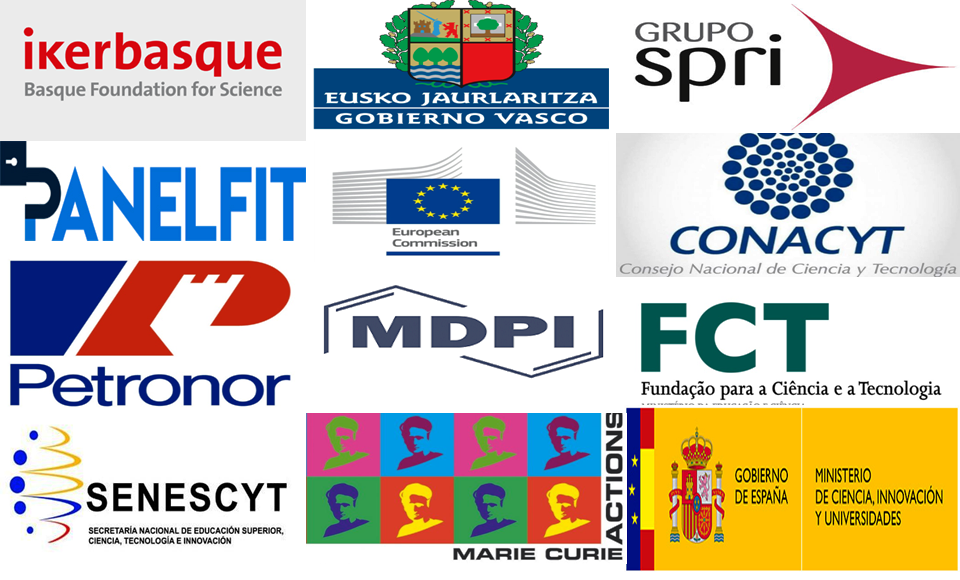
USEDAT Photo Gallery


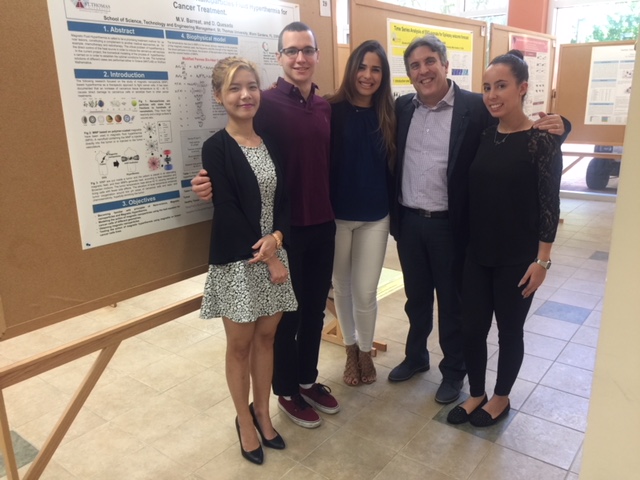
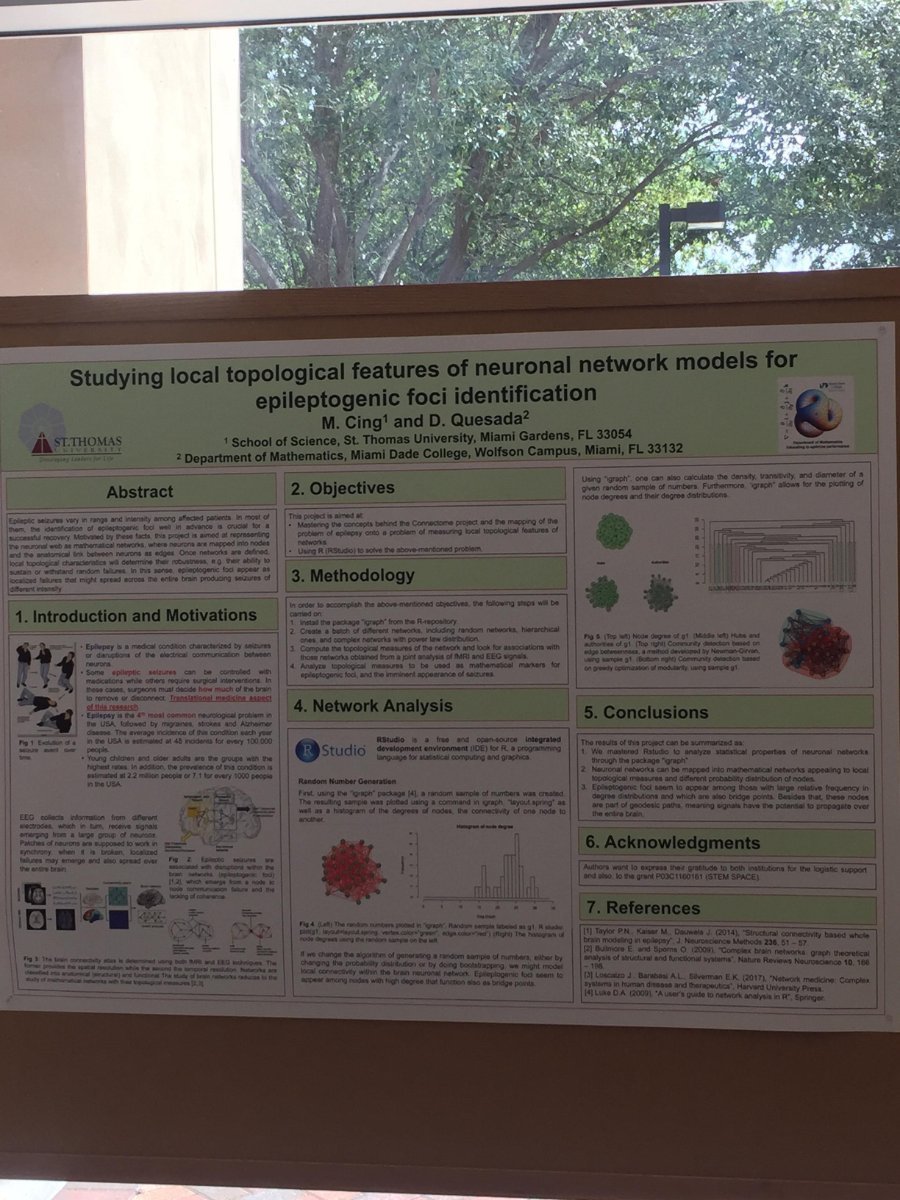 |
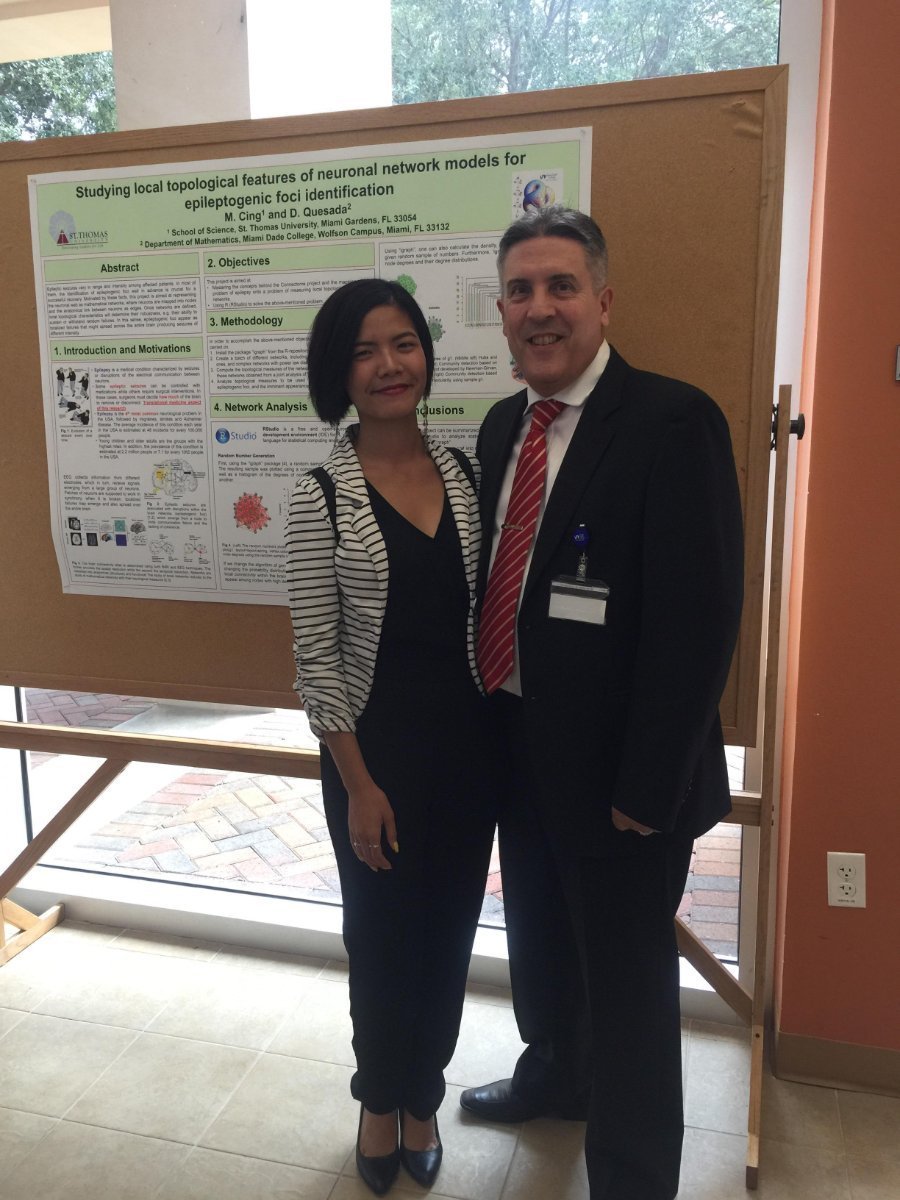 |
 USEDAT UDC RNASA-IMEDIR School: Prof. Alejandro Pazos, Director Dept. of Computation and Prof. Cristian Munteanu, Dept. of Comput., FIC, UDC and RNASA-IMEDIR Staff Professors and Researchers with USEDAT Students MSc Alejandro Cabrera and MSc Andres López-Cortez (UDC PhD Students and Profs. UDLA Quito, Ecuador) and USEDAT Students from DELFIN Summer Internship Program (Jesús Hernández, Luis Trejo y María Martínez), sistemas computacionales (Francisco Medrano y Edgar Pozas), química (Carlos Cruz y Fernando Valdés), electromecánica (Elizabeth Hernández), biomédica (Karina Solórzano) y farmacéutica (Guillermina Martínez), Funded by CONCAYT Mexico, 2019. Ref: El Correo Gallego Press Note [Newsid1191477].
USEDAT UDC RNASA-IMEDIR School: Prof. Alejandro Pazos, Director Dept. of Computation and Prof. Cristian Munteanu, Dept. of Comput., FIC, UDC and RNASA-IMEDIR Staff Professors and Researchers with USEDAT Students MSc Alejandro Cabrera and MSc Andres López-Cortez (UDC PhD Students and Profs. UDLA Quito, Ecuador) and USEDAT Students from DELFIN Summer Internship Program (Jesús Hernández, Luis Trejo y María Martínez), sistemas computacionales (Francisco Medrano y Edgar Pozas), química (Carlos Cruz y Fernando Valdés), electromecánica (Elizabeth Hernández), biomédica (Karina Solórzano) y farmacéutica (Guillermina Martínez), Funded by CONCAYT Mexico, 2019. Ref: El Correo Gallego Press Note [Newsid1191477].
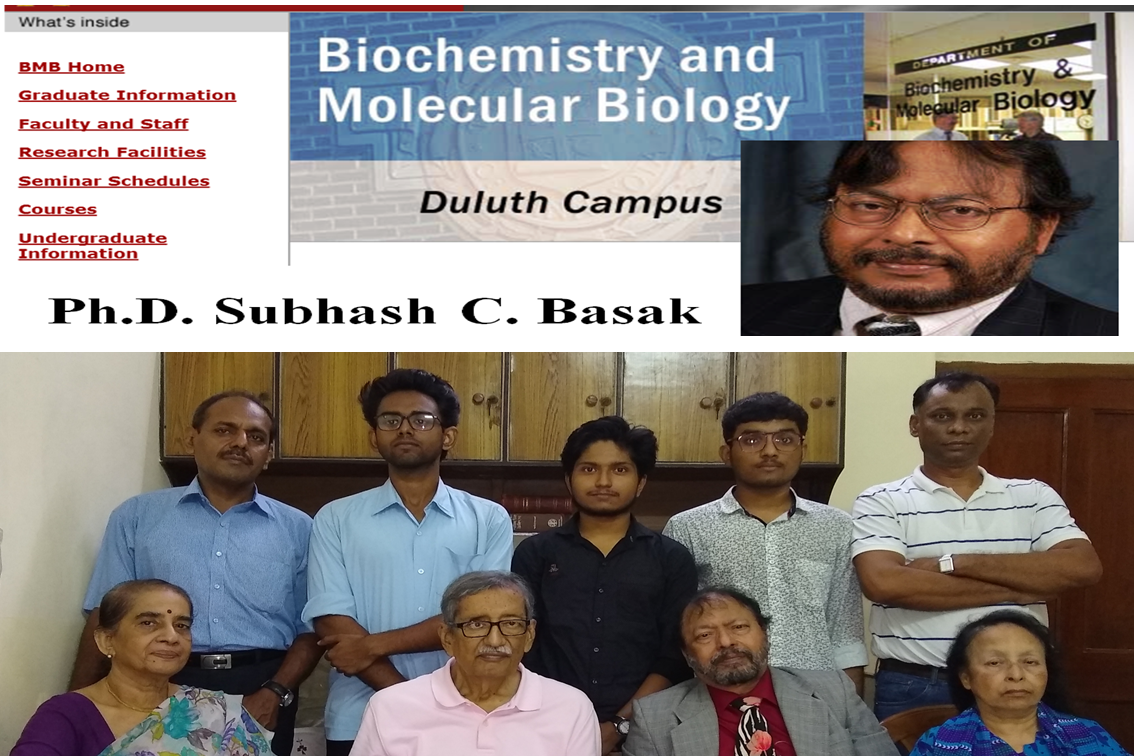
USEDAT @ INDIA: Dr. S.C. Basak, (USEDAT Prof.) Nat. Resources Research Inst., Cent. for Water and the Environm.(CWE),
University of Minnesota (UMN), Duluth, MN, USA in The Kolkata, India Bioinformatics & Vaccinomics Group, India.
Sitting: Prof. Papiya Nandy, Dr Ashesh Nandy, Prof S C Basak (USA), Ms Kanika Basak (USA). Standing: Prof Sukhen Das,
Shreyans Chatterjee, Tathagata Dey, Subhamoy Biswas, Dr Smarajit Manna.
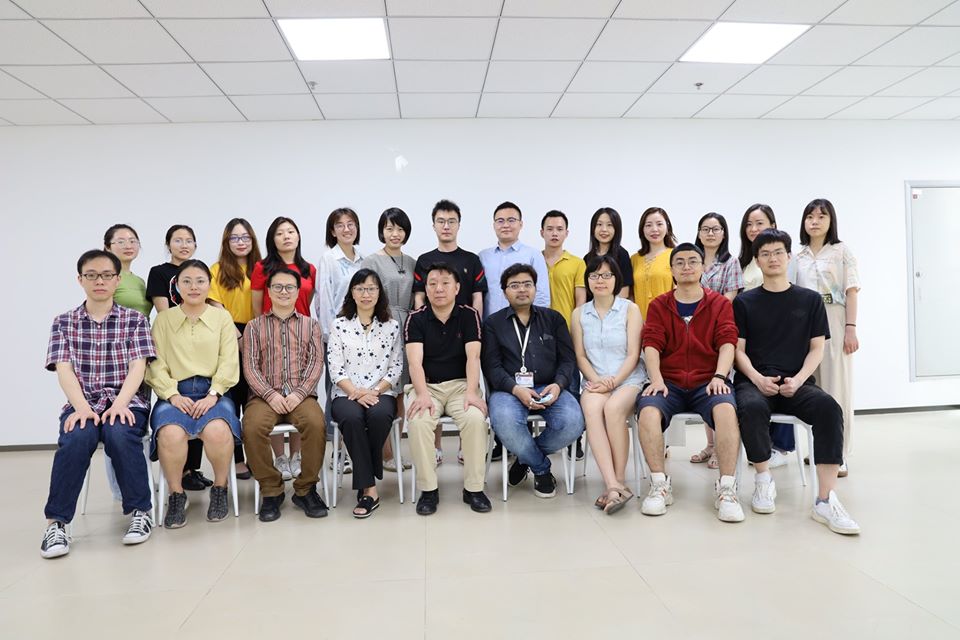 Prof. Bairong Shen, Exec. Dir., Inst. for Systems Genetics, West-China Hospital, Sichuan University (SCU), China and Dr. Rajeev K Singla (M.Pharm) with students and collaborators.
Prof. Bairong Shen, Exec. Dir., Inst. for Systems Genetics, West-China Hospital, Sichuan University (SCU), China and Dr. Rajeev K Singla (M.Pharm) with students and collaborators.

USEDAT GTPB - The Gulbenkian Training Programme in Bioinformatics: Prof. Pedro L. Fernandes, with students of Bioinformatics Training, Instituto Gulbenkian de Ciencia (IGC), Lisbon.
USEDAT GTPB - The Gulbenkian Training Programme in Bioinformatics (@mygtpb): Train-the-Trainer event, attached to the BPBR16 course. First day, how learning works, training techniques. Prof. Pedro L. Fernandes, with Ragnhild Reehorst Lereim, Vincenza Colonna, Domenica D'Elia, Allegra Via, Kim Gurwitz, David Philip Judge, Inês Fragata, Herminia Gnu, Marta Pingarilho, Jure Dimec and KeLin at Instituto Gulbenkian de Ciência, Lisbon, Portugal. USEDAT UPV/EHU School: Prof. Sonia Arrasate and Prof. Humbert Gonzalez-Diaz (IKERBASQUE Professor) UPV/EHU Dept. Org. Chem II, with with USEDAT Students from DELFIN Summer Internship Program, Funded by CONCAYT Mexico, 2019.
USEDAT UPV/EHU School: Prof. Sonia Arrasate and Prof. Humbert Gonzalez-Diaz (IKERBASQUE Professor) UPV/EHU Dept. Org. Chem II, with with USEDAT Students from DELFIN Summer Internship Program, Funded by CONCAYT Mexico, 2019.
 SDDN2018 USEDAT UPV/EHU School visit: Prof. Mabel Losa, University of Santiago de Compostela (USC), Prof. Esther Lete, Prof. Nuria Sotomayor, Prof. Sonia Arrasate, UPV/EHU Dept. Org. Chem II, with USEDAT Students Dr. Javier Llorente (UPV/EHU), MSc Viviana Quevedo (PhD Student University of Coruña and Prof. Universidad Estatal Amazónica), MSc. Deyani Nocedo Mena(PhD Student UANL, Funded by Conacyt, Mexico), MSc. Ricardo Santana (PhD Student Universidad de Deusto funded by Colciencias, Colombia) , MSc Harbil Bediaga (UPV/EHU) at Plenary Talk of Prof. Humbert Gonzalez-Diaz (IKERBASQUE Professor, MOL2NET Chairperson) at SDDN2018 X meeting of the Spanish Drug Discovery Network, Bizkaia Aretoa in Bilbao on November 22nd and 23rd, 2018, kindly invited by Prof. Jesús Jiménez-Barbero (CIC Biogune Director), SDDN Chairperson, MOL2NET Honor Committee.
SDDN2018 USEDAT UPV/EHU School visit: Prof. Mabel Losa, University of Santiago de Compostela (USC), Prof. Esther Lete, Prof. Nuria Sotomayor, Prof. Sonia Arrasate, UPV/EHU Dept. Org. Chem II, with USEDAT Students Dr. Javier Llorente (UPV/EHU), MSc Viviana Quevedo (PhD Student University of Coruña and Prof. Universidad Estatal Amazónica), MSc. Deyani Nocedo Mena(PhD Student UANL, Funded by Conacyt, Mexico), MSc. Ricardo Santana (PhD Student Universidad de Deusto funded by Colciencias, Colombia) , MSc Harbil Bediaga (UPV/EHU) at Plenary Talk of Prof. Humbert Gonzalez-Diaz (IKERBASQUE Professor, MOL2NET Chairperson) at SDDN2018 X meeting of the Spanish Drug Discovery Network, Bizkaia Aretoa in Bilbao on November 22nd and 23rd, 2018, kindly invited by Prof. Jesús Jiménez-Barbero (CIC Biogune Director), SDDN Chairperson, MOL2NET Honor Committee.
 USEDAT UPV/EHU School: Prof. Humbert Gonzalez-Diaz (IKERBASQUE Professor, MOL2NET Chairperson) and Prof. Sonia Arrasate, UPV/EHU Dept. Org. Chem II, with USEDAT Students MSc Viviana Quevedo (PhD Student University of Coruña and MD Student Raquel Alfaro, CONACYT Delfin Program Student.
USEDAT UPV/EHU School: Prof. Humbert Gonzalez-Diaz (IKERBASQUE Professor, MOL2NET Chairperson) and Prof. Sonia Arrasate, UPV/EHU Dept. Org. Chem II, with USEDAT Students MSc Viviana Quevedo (PhD Student University of Coruña and MD Student Raquel Alfaro, CONACYT Delfin Program Student.(1) Dept. of Organic Chemistry II, University of the Basque Country UPV/EHU , 48940, Leioa, Biscay, Spain.
(2) IKERBASQUE, Basque Foundation for Science , 48011, Bilbao, Biscay, Spain.
PUBLONS Referee Training
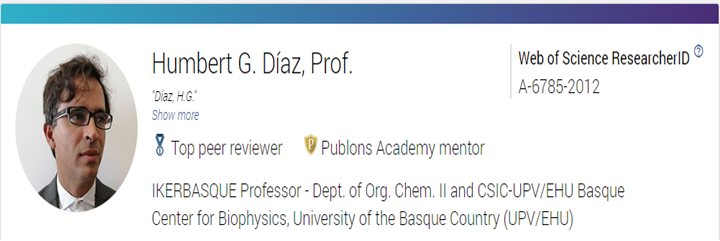
Contact: Prof. Humbert Gonzalez-Diaz, Publons link: A-6785-2012,
Email: mol2net.chair@gmail.com
Tutor: Prof. Marcus Scotti, Publons link: G-2981-2012 (Click Here)
Researcher (Academic) - Universidade Federal da Paraíba
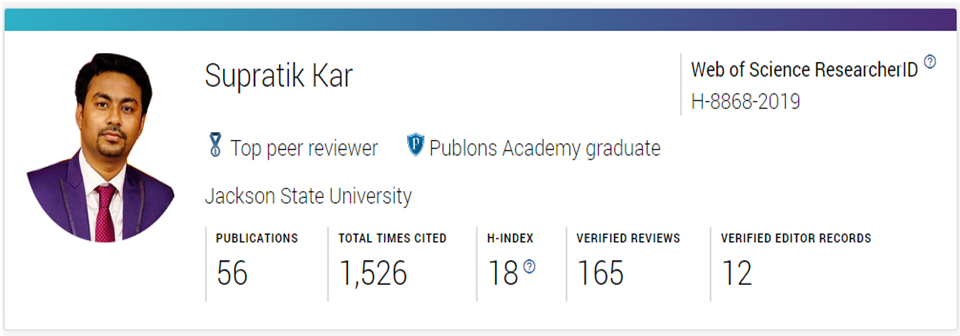
PhD. Supratik Kar, Publons link: H-8868-2019
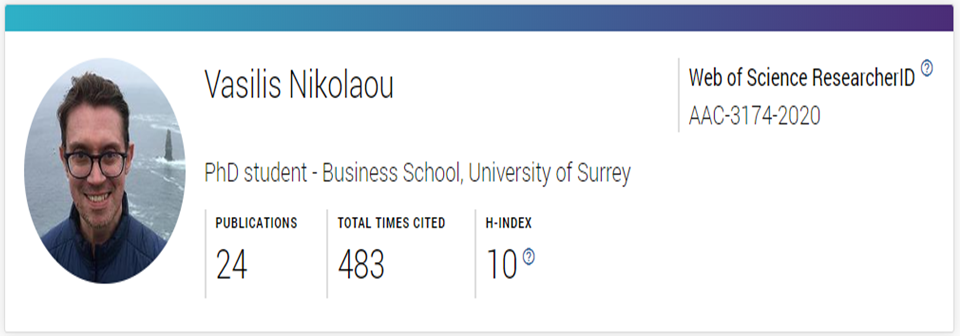
PhD Stud. Vasilis Nikolaou, Publons link: AAC-3174-2020,  Publons Academy graduate
Publons Academy graduate
PhD student - Business School, University of Surrey, United Kingdom
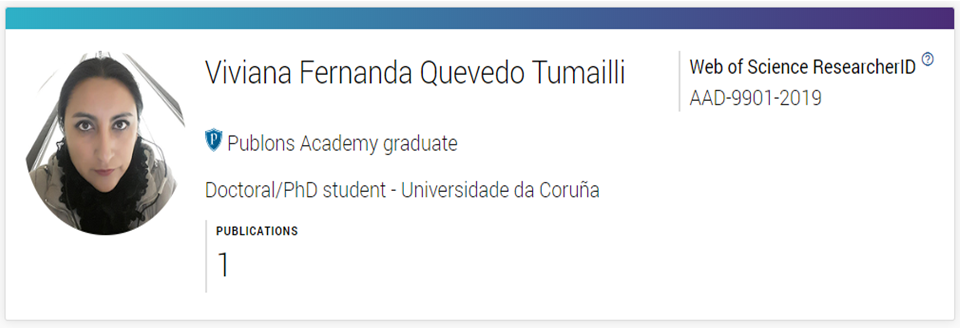
Viviana Fernanda Quevedo Tumailli, Publons link: AAD-9901-2019
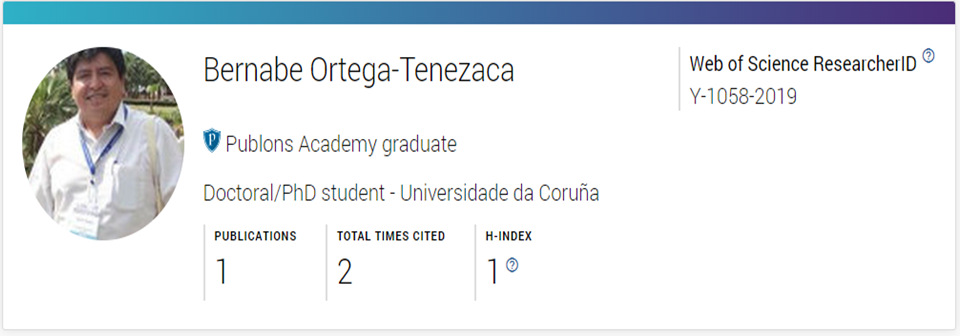
Bernabe Ortega-Tenezaca, Publons link: Y-1058-2019
Publons Academy graduate, Doctoral/PhD student - Universidade da Coruña, Spain
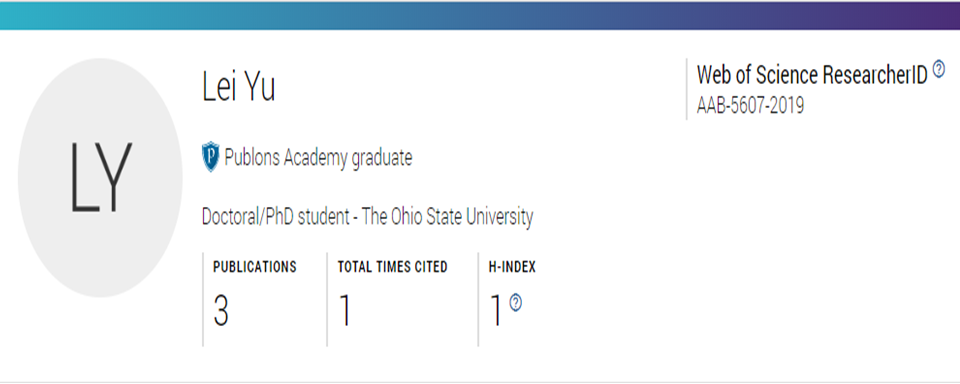
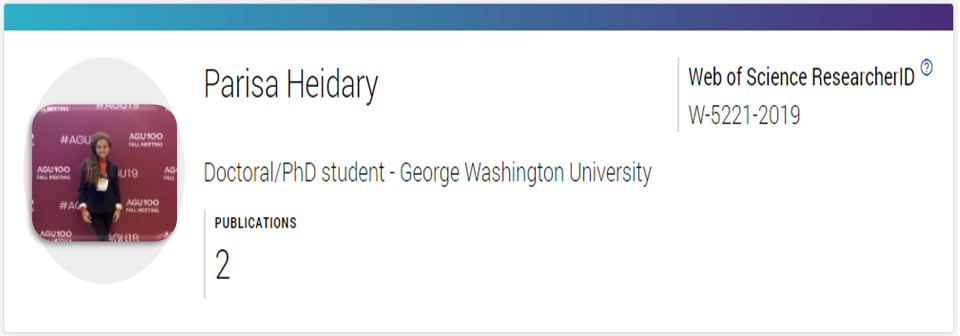
Parisa Heidary, Google link: [Parisa Heidary], ID: W-5221-2019
Publons Academy graduate, Doctoral/PhD student - George Washington University, USA
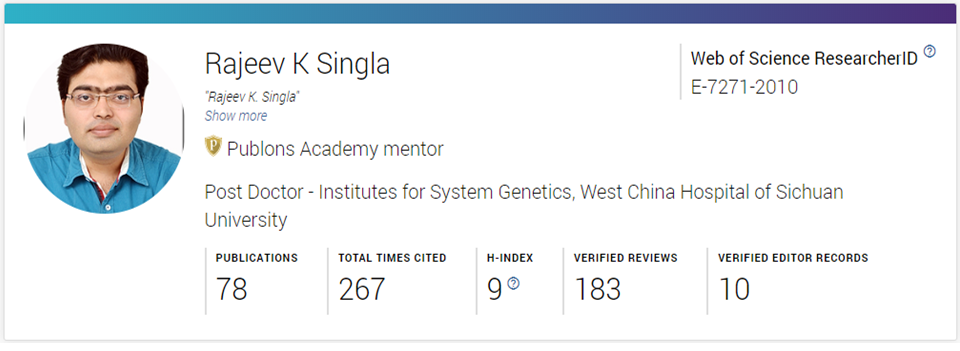
Dr. Rajeev K Singla, Publons ID: E-7271-2010,  Publons Academy mentor
Publons Academy mentor
Post Doctor - Institutes for System Genetics, West China Hospital of Sichuan University
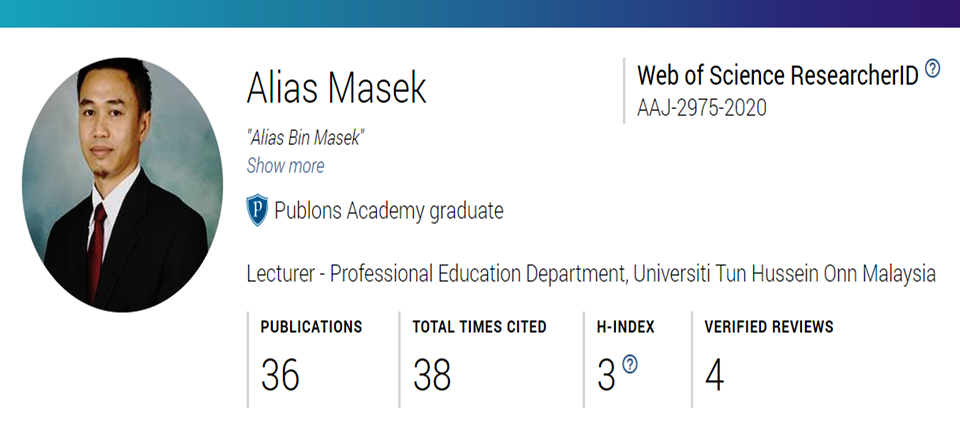
Lect. Alias Masek, Publons ID: AAJ-2975-2020,  Publons Academy graduate,
Publons Academy graduate,
Lecturer - Professional Education Department, Universiti Tun Hussein Onn Malaysia
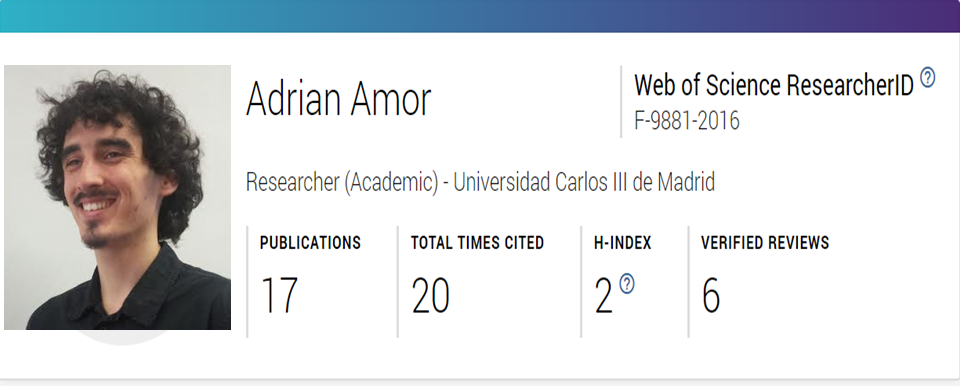
MSc. Adrian Amor, Publons ID: F-9881-2016,  Publons Academy Student,
Publons Academy Student,
PANELFIT MOOC Training
USEDAT LAWSCI PANELFIT Summer School, Bilbao, Basque Country, Spain.
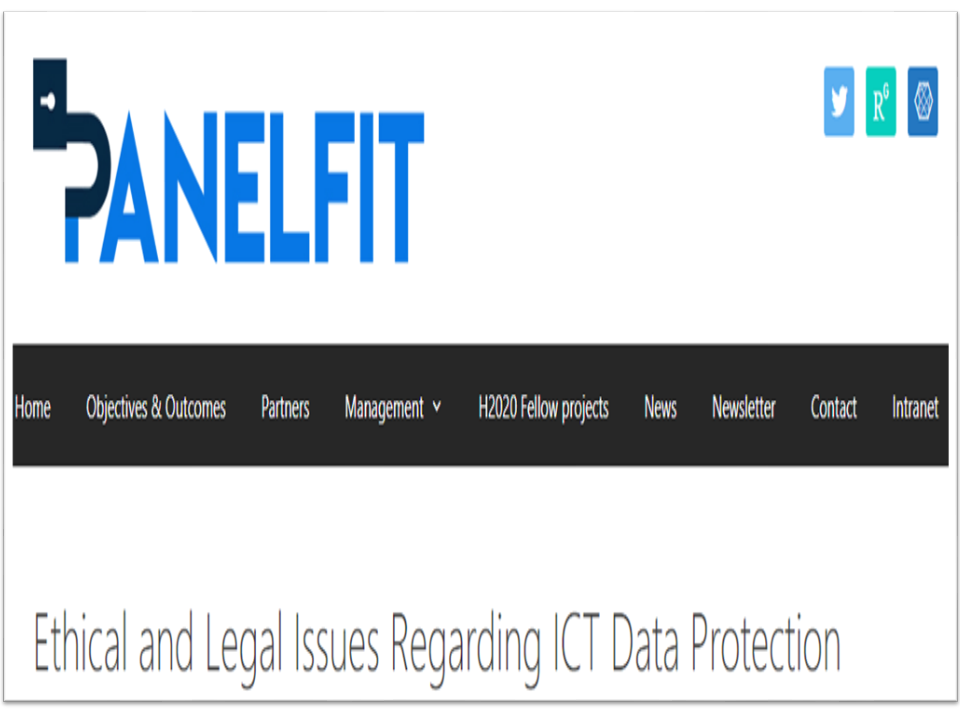
PANELFIT MOOC Data Protection Training

Ethical and Legal Issues Regarding ICT Data Protection
MOL2NET-2020, International Conference on Multidisciplinary Sciences, ISSN: 2624-5078, MDPI SciForum, Basel, Switzerland, 2020, is open!!! https://mol2net-06.sciforum.net/. This year, we are promoting a Massive Online Open Course (MOOC) about ICTs, Data Analysis, and GDPR Data Protection Legislation. The main organizer of this course is PANELFIT H2020 European Union project, grant agreement No 788039. You are welcome to register (FREE), watch some videos, and asnwer some questions to complete it. It is open the registration period for the free online course: Ethical and Legal issues regarding ICT Data Protection. This course is offered within the framework of the PANELFIT H2020 Project by the University of the Basque Country UPV/EHU, with the help of the Partners and especially of the European Citizen Science Association (ECSA). The specific objective of this course is to train citizens on basic ethical and legal issues related to the protection of personal data, in accordance with the new European Data Protection Regulation and complementary regulations. This MOOC is also a complementary training for PhD/MSc and Deg students of #Computational_Sciences, #Data_Analysis, #Machine_Learning, #Cheminformatics, #Bioinformatics, #Law and #Legal_Sciences, #Medicine and #Biomedical_Research, .... etc. The course is also directed to all the students of the USEDAT: USA-EU Data Analysis Training Program, https://mol2net-06.sciforum.net/usedat-08 .
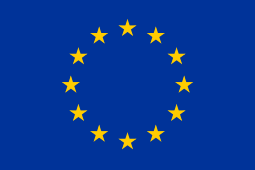
Conference Chairs
Dept. of Organic and Inorganic Chemistry, University of The Basque Country UPV/EHU, Leioa, 48940, Greater Bilbao, Basque Country, Spain. Website
Dept. of Organic and Inorganic Chemistry, University of The Basque Country UPV/EHU, Leioa, 48940, Greater Bilbao, Basque Country, Spain.
mol2net.chair@gmail.com
List of Authors (313)
Sponsors and Partners

MOL2NET Academy-Industry Committee
MOL2NET Academy-Industry Advisory Committee
SME, Industry, Funding Institutions, Technological Centers
 Prof. Fernando P. Cossío, (IKERBASQUE Foundation President), Prof. Dept. of Organic Chemistry I, University of Basque Country (UPV/EHU), Donostia - San Sebastián Campus, Gipuzkoa, Basque Country, Spain.
Prof. Fernando P. Cossío, (IKERBASQUE Foundation President), Prof. Dept. of Organic Chemistry I, University of Basque Country (UPV/EHU), Donostia - San Sebastián Campus, Gipuzkoa, Basque Country, Spain.
 Prof. Jerzy Leszczynski, USA Presidential Distinguished Fellow, Dept. of Chemistry and Biochemistry Interdisciplinary Center for Nanotoxicity (ICN), Jackson State University (JSU), USA.
Prof. Jerzy Leszczynski, USA Presidential Distinguished Fellow, Dept. of Chemistry and Biochemistry Interdisciplinary Center for Nanotoxicity (ICN), Jackson State University (JSU), USA.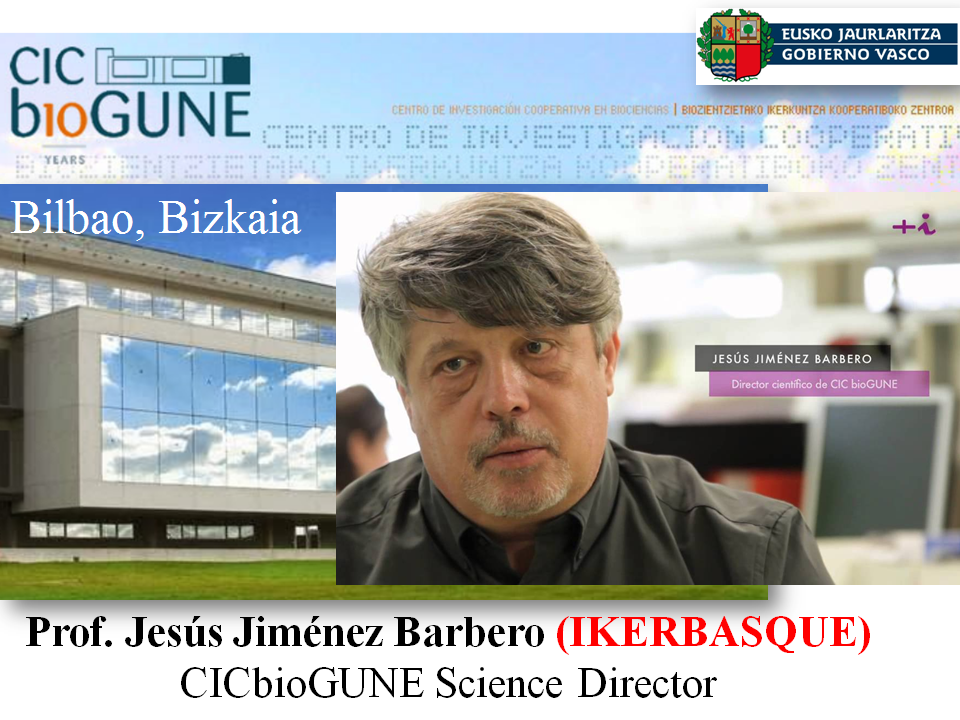
 Prof. Iban Ubarretxena, IKERBASQUE Professor, BIOFISIKA, Basque Center for Biophysics, Biscay Biophysics Foundation (BBF), Scientific Director, CSIC-UPVEHU, Basque Country, Spain.
Prof. Iban Ubarretxena, IKERBASQUE Professor, BIOFISIKA, Basque Center for Biophysics, Biscay Biophysics Foundation (BBF), Scientific Director, CSIC-UPVEHU, Basque Country, Spain.
Prof. María Isabel Loza, CiMUS, Vice-Director , Department of Pharmacology, University of Santiago de Compostela USC, Galicia, Spain.

Dr. Gonzalo Hernandez Herrero, FAES FARMA, Director of Research, Develop. and Innov., Leioa, Greater Bilbao, Basque Country, Spain.

Dr Ignacio Sancho-Martínez, FAES FARMA, Chief Scientific Officer, Leioa, Greater Bilbao, Basque Country, Spain.

Dr. Tatiana Suarez Cortes, FAES FARMA, Head of Research, Development and Innovation Promotion.
R&D+i Department, Leioa, Greater Bilbao, Basque Country, Spain.
 Dr. Elías Unzueta Etxeita, Chief Innovation Officer (CIO), Petronor Innovación S.L., Muskiz, Greater Bilbao, Basque Country, Spain.
Dr. Elías Unzueta Etxeita, Chief Innovation Officer (CIO), Petronor Innovación S.L., Muskiz, Greater Bilbao, Basque Country, Spain. Prof. Alejandro Pazos, Ph.D., M.D., Chair and Director of Department of Computer Sciences, University of Coruña (UDC), Coruña, Spain. IKERDATA S.L. UDC-UPVEHU, ZITEK, President of Scientific Advisory Board, Coruña, Galicia / Leioa, Basque Country, Spain.
Prof. Alejandro Pazos, Ph.D., M.D., Chair and Director of Department of Computer Sciences, University of Coruña (UDC), Coruña, Spain. IKERDATA S.L. UDC-UPVEHU, ZITEK, President of Scientific Advisory Board, Coruña, Galicia / Leioa, Basque Country, Spain. Prof. José María Pitarke , UPV/EHU, Dir. of Nanomaterials Cooperative Research Center (CICNanoGune), San Sebastian, Basque Country, Spain.
Prof. José María Pitarke , UPV/EHU, Dir. of Nanomaterials Cooperative Research Center (CICNanoGune), San Sebastian, Basque Country, Spain.
Ph.D. Yolanda de Miguel , Dir. Nanotechnology Cluster, TECNALIA, Zamudio, Greater Bilbao, Basque Country, Spain.
[TECNALIA NANOTECH, Youtube Cover]


Prof. María José Sanz Sánchez, IKERBASQUE Prof., Scientific Director, Email address: info@bc3research.org
Basque Center for Climate Change (BC3), UPVEHU, Leioa, Basque Country, Spain.


Prof. Eddy Sotelo. Associate Professor of Medicinal Chemistry. Univ. Santiago de Compostela. Co-founder, Chairman of the Board of Directors at Celtarys Research SL New Fluorescent Tools for Pharma and Bio Research, Santiago de Compostela, Galicia, Spain.

MSc. Gorka Artola, Chief Innovation and Tech-Transfer Officer, OTRI, University of Basque Country (UPV/EHU), Basque Country, Spain.
Telf. + 946012108, Email: gorka.artola@ehu.eus

Prof. Sonia Arrasate IKERDATA S.L. UDC-UPVEHU, ZITEK, Co-Founder and Scientific Advisory Board Member, Leioa, Basque Country, Spain. Email: sonia.arrasate@ehu.eus
 Dr. Aliuska Duardo Sanchez (Ph.D. Legal Informatics), Chair in Law & The Human Genome Research Group, Faculty of Law, UPV/EHU, Leioa (Bilbao), Biscay, PANELFIT H2020, Project Manager & EDC Board Coordinator, Europe Commission. IKERDATA S.L. UDC-UPVEHU, ZITEK, Co-Founder and Regulatory Affairs Consultant of Scientific Advisory Board, Leioa, Basque Country, Spain.
Dr. Aliuska Duardo Sanchez (Ph.D. Legal Informatics), Chair in Law & The Human Genome Research Group, Faculty of Law, UPV/EHU, Leioa (Bilbao), Biscay, PANELFIT H2020, Project Manager & EDC Board Coordinator, Europe Commission. IKERDATA S.L. UDC-UPVEHU, ZITEK, Co-Founder and Regulatory Affairs Consultant of Scientific Advisory Board, Leioa, Basque Country, Spain.
MOL2NET Academy-Industry Steering Chairman
 Prof. Humbert González-Díaz, IKERBASQUE Professor, Email:mol2net.chair@gmail.com, (1) Dept. of Organic Chemistry & Inorganic Chemistry, University of the Basque Country UPV/EHU , 48940, Leioa, Biscay, Spain. (2) BIOFISIKA, Basque Center for Biophysics, University of the Basque Country UPV/EHU , 48940, Leioa, Biscay, Spain. (3) IKERBASQUE, Basque Foundation for Science , 48011, Bilbao, Biscay, Spain. (4) IKERDATA S.L. UDC-UPVEHU, ZITEK, Co-Founder and Member of Scientific Advisory Board, Leioa, Basque Country, Spain.
Prof. Humbert González-Díaz, IKERBASQUE Professor, Email:mol2net.chair@gmail.com, (1) Dept. of Organic Chemistry & Inorganic Chemistry, University of the Basque Country UPV/EHU , 48940, Leioa, Biscay, Spain. (2) BIOFISIKA, Basque Center for Biophysics, University of the Basque Country UPV/EHU , 48940, Leioa, Biscay, Spain. (3) IKERBASQUE, Basque Foundation for Science , 48011, Bilbao, Biscay, Spain. (4) IKERDATA S.L. UDC-UPVEHU, ZITEK, Co-Founder and Member of Scientific Advisory Board, Leioa, Basque Country, Spain.
00. Editorial & Proceedings
Dear colleagues worldwide, we are glad to invite you to MOL2NET-06, International Conference on Multidisciplinary Sciences, ISSN: 2624-5078, MDPI SciForum, Basel, Switzerland, 2020. MOL2NET is a year-round conference series with multiple associated workshops worldwide running and open to submissions almost all the year. The topics of interest include, but are not limited to, Chemistry (All areas), Mathematics (Applied), Physics (Applied), Materials Science, Nanotechnology, Biology and Life Sciences (All areas), Medicine, Biomedical Engineering, Education, along with Computer Sciences, Data Analysis, Statistics, Artificial Intelligence, Deep Learning, Bioinformatics, Systems Biology, and Complex Networks Sciences. See more details on the [MOL2NET2020 Homepage]. In this session we plan to publish the editorial paper and the proceedings of [MOL2NET2019] and [MOL2NET2020] editions.
Show all published submissions (1) Hide published submissions (1)
Submissions
List of Papers (1) Toggle list
01. CHEMBIOMOL-06: Chem. Biol. & Med. Chem. Workshop, Bilbao-Rostock, Germany-Galveston, Texas, USA, 2020
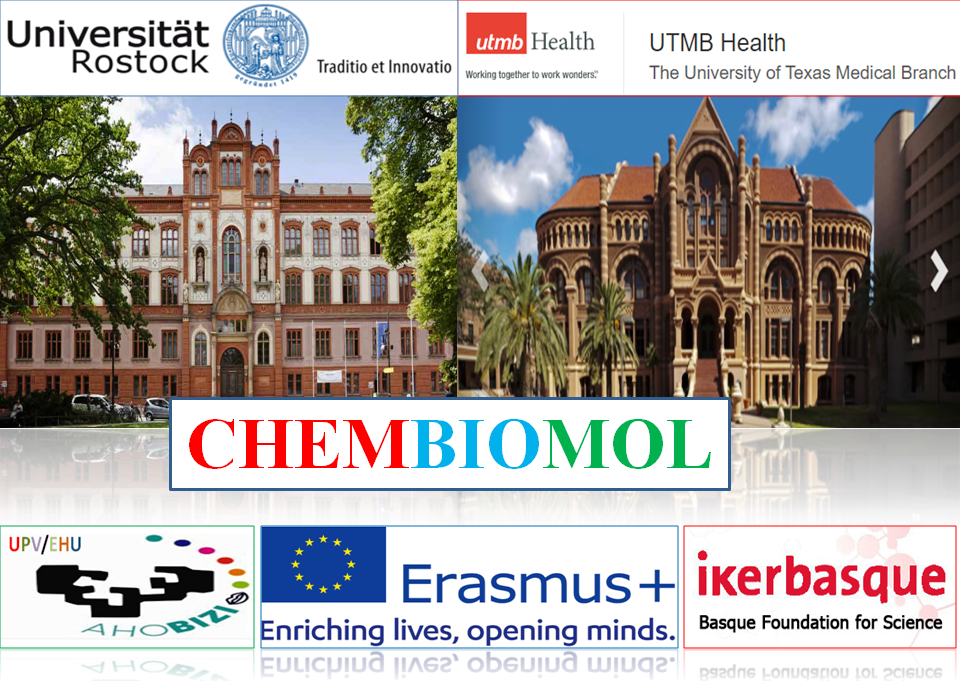
Experimental Sciences Topics: CHEMBIOMOL series focus on experimental research on the frontiers of Biomolecular and Biomedical Sciences including: Organic Chemistry, Organic Synthesis, Medicinal Chemistry, Chemical Biology, Molecular Pharmacology, Toxicology, Biotechnology, Biomedical Engineering, Systems Biology, Self-Oganized Biosystems, etc. This includes spectroscopic structural characterization (NMR, X-Ray, IR, MS, etc.), Organic synthesis, Biological Assays, Proteomics, Protein Structure, Biophysics, Genomics, Toxicity tests, etc.
Computational Sciences Topics: In addition, the workshop also deals with the application of new Information and Communication Technologies (ICTs) in the previous experimental areas. This includes, Chemoinformatics, Bioinformatics, Data Analysis, Statistics, Artificial Intelligence, Deep Learning, Programming, Databases, Complex Network Analysis of Biosystems, Complexity in Biosystems, Multiscale Systems, Chemical Computation, Theoretical Biology, etc.
Bioethics & Regulatory Topics: Last, not the least, the workshop deals with all the Legal, Regulatory, and Bioethics issues emerging from use of new experimental and ICTs in the previous areas such as Drug Patenting, Drug re-purposing patents, Proteome and Genome patentability, Synthetic Biology, Modified Organisms, Biomedical Personal Image Processing, Personal Data Protection, Personalized Medicine, Software and Models Copyrights, etc.
(5) Follow the link in the email or login to upload paper (doc and pdf format).
(6) Login to post comments, questions, or answers in a section or in one of the MOL2NET workshops.
Honour Host Chairman
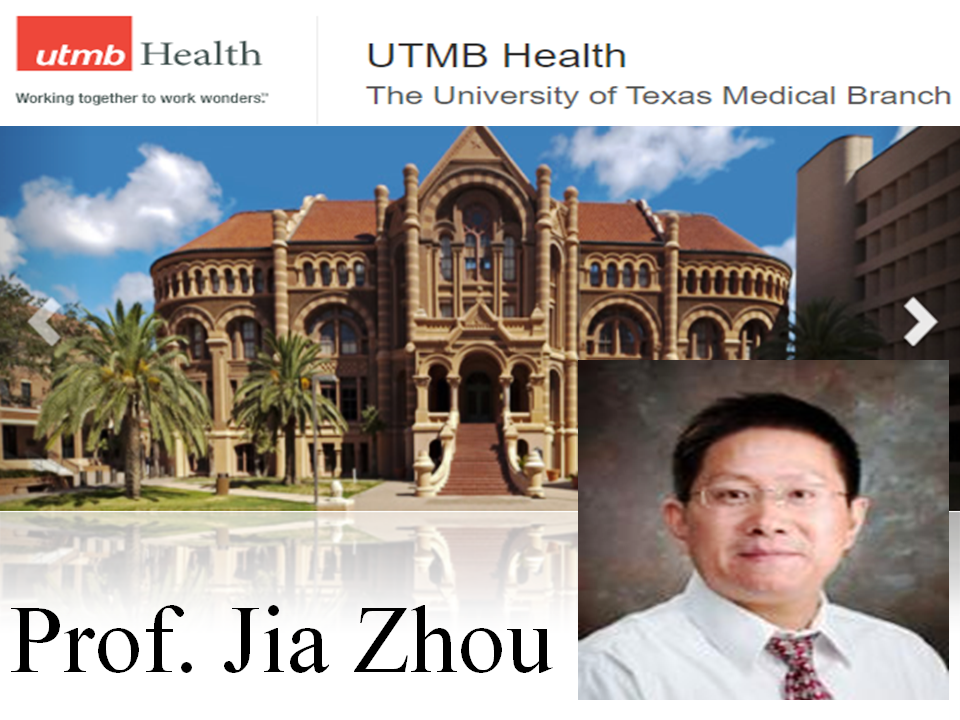 Prof. Jia Zhou, Department of Pharmacology and Toxicology, University of Texas Medical Branch, Galveston, TX, USA.
Prof. Jia Zhou, Department of Pharmacology and Toxicology, University of Texas Medical Branch, Galveston, TX, USA.
(EIC Current Topics in Medicinal Chemistry)
CHEMBIOMOL-01 Dedicated To
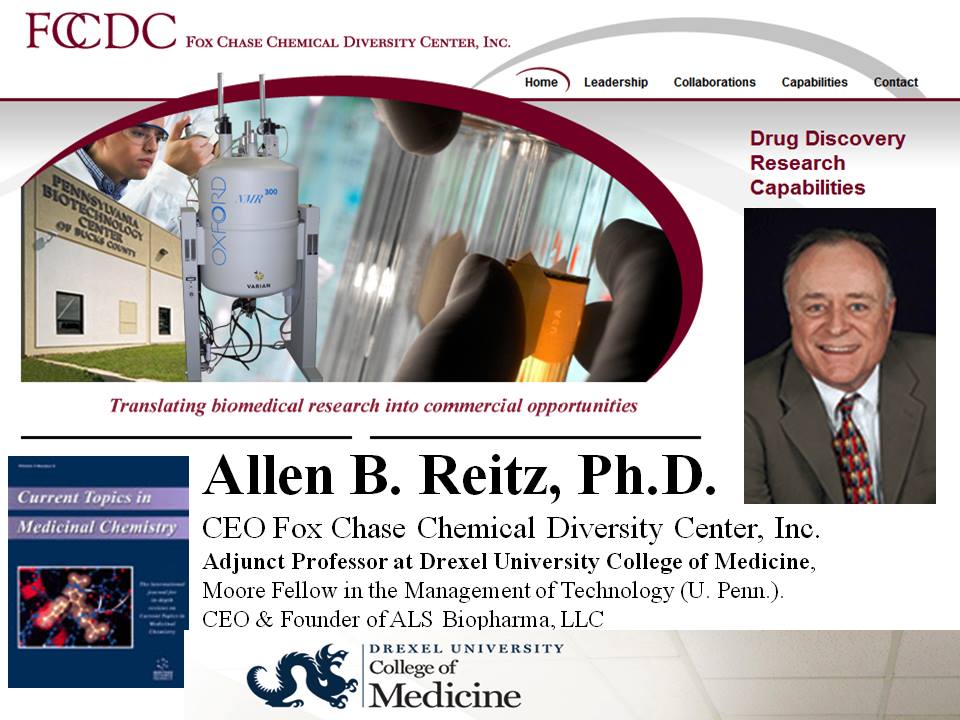
(Founder EIC Current Topics in Medicinal Chemistry)
Scientific Committee
ERASMUS+ Co-Host Academic Pursuit Chairpersons
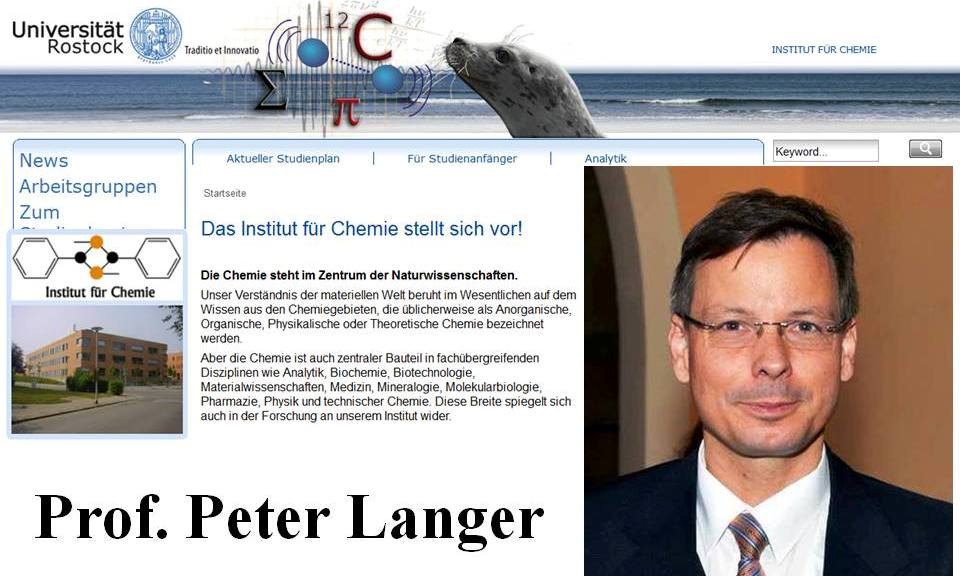
ERASMUS+ UROSTOCK-UPVEHU Organic Chemistry Academic Agreement coordinator.
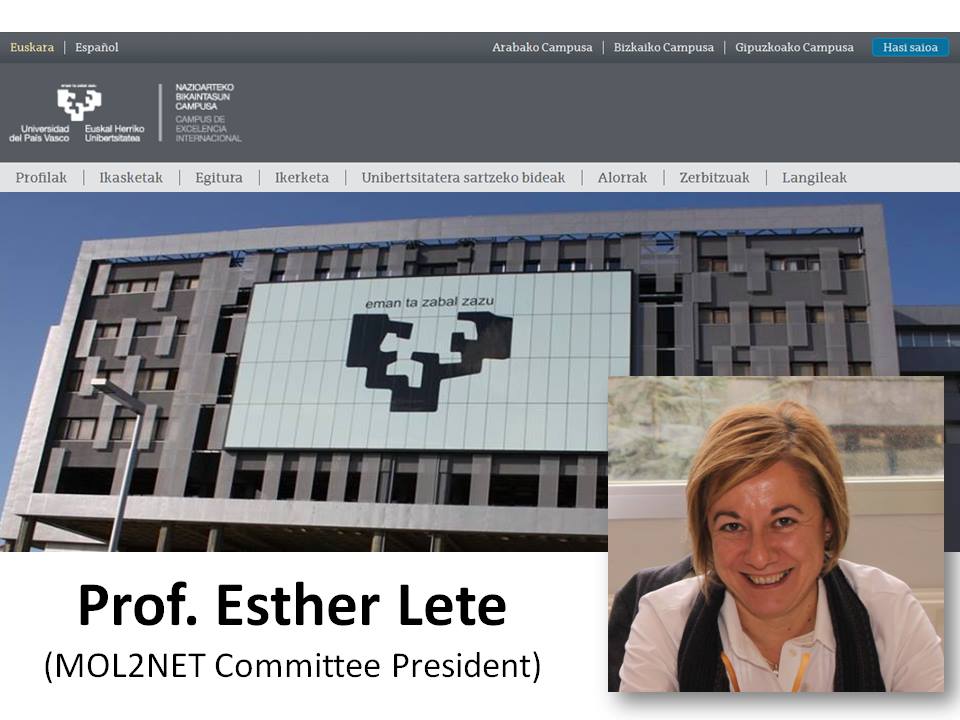
(Coordinator Ph.D. Synth. & Ind. Chemistry)
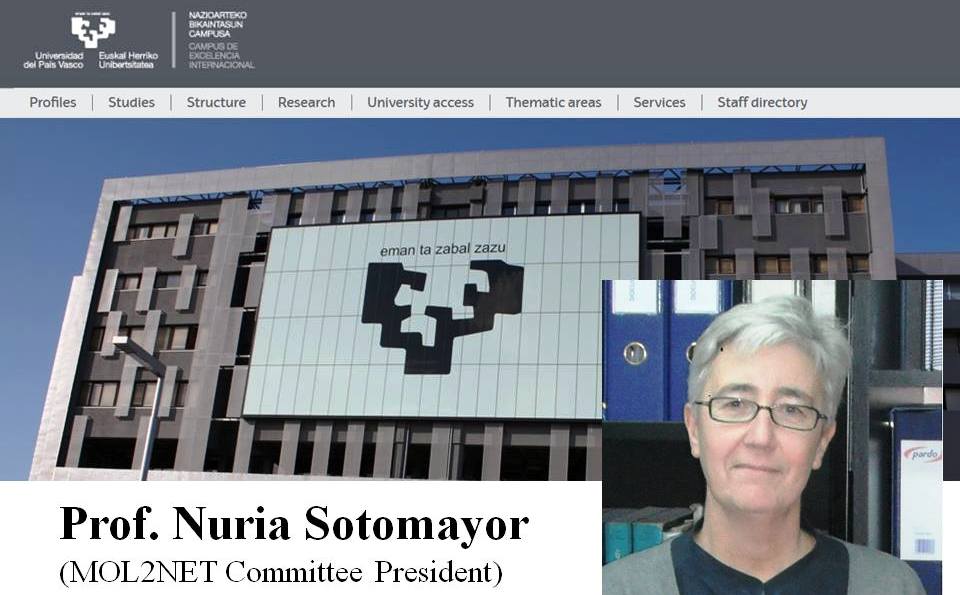
Prof. Nuria Sotomayor, Dept. Org. & Inorg. Chem., University of Basque Country (UPV/EHU), Basque Country, Spain.
Scientific Committee Members
Prof. Yagamare Fall, Dept. of Organic Chemistry, University of Vigo (UVIGO), Vigo, Spain.
Prof. Generosa Gómez, Dept. of Organic Chemistry, University of Vigo (UVIGO), Vigo, Spain.
ERASMUS+ UROSTOCK-UPVEHU Organic Chemistry Academic Agreement coordinator.
(1) Department of Organic Chemistry II and Basque Center for Biophysics (CSIC-UPV/EHU),
(2) IKERBASQUE, Basque Foundation for Science , 48011, Bilbao, Basque Country, Spain.
ICTs & Regulatory Affairs Chairperson
Dr. Aliuska Duardo-Sanchez (Law.Lic., Ph.D. TICs & Legal Sciences)
PANELFIT European Commission Project Manager. Research Group: Chair in Law and The Human Genome,
Dept. of Public Law, University of Basque Country (UPV/EHU), Campus Biscay, Leioa 48940, , Basque Country, Spain.
Congress Chair
Prof. Dr. Humberto Gonzalez-Diaz, Dept. of Organic and Inorganic Chemistry and Basque Center for Biophysics, University of the Basque Country UPV/EHU , 48940, Leioa, Biscay, Spain.
Show all published submissions (18) Hide published submissions (18)
Submissions
List of Papers (18) Toggle list
02. USINEWS-04: US-IN-EU Worldwide Science Workshop Series, Duluth, USA, 2020

[MOL2NET 2015] [MOL2NET 2016] [MOL2NET 2017] [FACEBOOK (>10K followers)]
[Welcome Videos] [官话] [हिन्दी] [Euskera] [Castellano] [Português] [Français]
Last, not the least, the workshop deals with all the Technical aspects, Applications, Legal, Regulatory, and Bioethics issues emerging from the use Modelling and Simulation methods and related to Cybersecurity, Cryptocurrency Mining, Personal Image Processing, Personal Data Protection, Personalized Medicine, Software and Models Copyrights, etc. See also, the following note to authors on topics outside the scope of the conference and associated workshops [Note on topics].
(5) Follow the link in the email or login to upload paper (doc and pdf format) until Dec-20
(6) Login to post comments, questions, or answers in a section or in one of the MOL2NET workshops (Dec-20 to Dec-25)

Dr. Subhash C. Basak, (1) Ph.D. Senior Scientist at Natural Resources Research Institute, Center for Water and the Environment (CWE), Duluth, MN, USA. (2) Adjunct Associate Professor, Department of Chemistry, University of Minnesota Twin Cities, MN, USA.
Prof. Natalia D.S. Cordeiro, Dept. of Chem. & Biochem., University of Porto, Porto, Portugal.
Dr. Rajeev K Singla (M.Pharm), Sichuan University SCU, West China Hospital, China.
Dr. Pravin Ambure, ProtoQSAR SL, CEEI Valencia, Valencia, Spain.
Prof. Varadaraj Bhat G, Manipal College of Pharmaceutical Sciences, Karnataka, India.
Prof. Nitin Sapre, Shri Govindram Seksaria Institute of Technology and Science, Indore, India.
Dr. Girinath G. Pillai, Zastra Innovations, Bengaluru, Karnataka, India.
Dr. Kamal Dua, University of Technology Sydney, Australia.
Prof. Gangarapu Kiran, Dept. of Pharmacy, Anurag Group of Institutions, Ghatkesar, India.
Dr. Girish Gupta, Director-Research and Development, Sri Sai College of Pharmacy, India.
Prof. Ajit Singh, Patna Women's College,Patna, Bihar 800001, India India.
Dr. Baishakhi Dey, Indian Institute of Technology Kharagpur, India.
(1) Department of Organic Chemistry II, University of the Basque Country UPV/EHU , 48940, Leioa, Biscay, Spain.
(2) IKERBASQUE, Basque Foundation for Science , 48011, Bilbao, Biscay, Spain.
ICTs & Regulatory Affairs Chairperson
Dr. Aliuska Duardo-Sanchez (Law.Lic., Ph.D. TICs & Legal Sciences)
PANELFIT European Commission Project Manager
Research Group: Chair in Law and The Human Genome,
Dept .of Public Law, University of Basque Country (UPV/EHU),
Campus Biscay, Leioa 48940, Spain.
Congress Chairs
Mr. Rajeev K Singla, Sichuan University SCU, West China School of Medicine, West China Hospital, China
Prof. Dr. Humberto Gonzalez-Diaz, Dept. of Organic and Inorganic Chemistry and Basque Center for Biophysics, University of the Basque Country UPV/EHU , 48940, Leioa, Biscay, Spain.
Show all published submissions (17) Hide published submissions (17)
Submissions
List of Papers (17) Toggle list
03. CHEMBIOINFO-06: Chem-Bioinformatics Congress, München, Germany-Chapel Hill, USA, 2020.

Welcome Message
The workshop is expected to run both in person and/or online. Participation in all modalities is not mandatory. In person presentations may include workshops, seminars, meetings with face-to-face discussion at both universities. These seminars may be complemented with online teleconferences (Skype, Voip, etc.) of members of the other campus. At the end of the day, all presentations will be published in one online platform. In so doing, this workshop will be hosted online by the MOL2NET conference series. It means, that all communications will be published online at Sciforum platform. All presentations will be published in open access totally free of cost and a DOI number will be assigned. The platform also includes the possibility of online comments from researchers of both universities and colleagues worldwide as well. At the end of the year all contributions will be published in the Proceedings Book of the MOL2NET-05, International Conference on Multidisciplinary Sciences, ISSN: 2624-5078, MDPI SciForum, Basel, Switzerland, 2019.
Steps for Publication
(5) Follow the link in the email or login to upload paper (doc and pdf format)
(6) Login to post comments, questions, or answers in a section or in one of the MOL2NET workshops
The professors, researchers, and students interested on this workshop are also welcome to participate in the international network USEDAT: USA-Europe Data Analysis Training Summer School. USEDAT is a Multi-center Trans-Atlantic initiative offering hands-on training in Data Analysis, Machine Learning, Bioinformatics, Cheminformatics, etc., directed to researchers and students worldwide. The initiative joins various sister summer schools, workshops, boot camps, hands-on training courses, and/or capstone courses involving Miami Dade College (MDC), Saint Thomas University (STU), and West Coast University (WCU) Miami, University of Coruña (UDC), University of the Basque Country (UPV/EHU), Ikerbasque, Basque Foundation for Science, and other centers. Almost all USEDAT schools have one workshop published by the MOL2NET Conference series.
MOL2NET-CHEMINFONC MDPI JCR Journals Special Issues
In parallel, the members of committees and/or authors are encouraged to edit special issues for different journals of the editorial MDPI (http://www.mdpi.com/). The special issues run in parallel, or totally independently from the conference. Manuscripts should be submitted online at www.mdpi.com by registering and logging in to this website. In order to send a proposal of associated workshop and/or special issue contact the chairperson of the conference Prof. González-Díaz H. Please, check the following special issues associated to the topic of the workshop.


03. Biomolecules (Call For Papers): Special Issue: Computational Approaches for the Discovery and Development of Pharmacologically Active Natural Products. Journal: Biomolecules (ISSN 2218-273X). Submission until: 28 February 2021. Editor: Prof. Jose L Medina-Franco, National Autonomous University of Mexico (UNAM), México.

05. Molecules (Call For Papers): Special Issue: QSAR and QSPR: Recent Developments and Applications II Journal: Molecules (ISSN 1420-3049), JCR IF = 3.06. Section "Computational and Theoretical Chemistry". Editor: Prof. Alla Toropova, Current Affiliation: Laboratory of Environmental Chemistry and Toxicology, Istituto di Ricerche Farmacologiche Mario Negri IRCCS, Via Mario Negri 2, 20156 Milano, Italy. Topics: QSPR/QSAR; Monte Carlo method; nanoinformatics; toxicology; nanotoxicology; drug discovery. Submissions: 15 December 2020.
CHEMINFONC Honor Co-Host Chairs
Prof. Alexander Tropsha, Associated Dean UNC Eshelman School of Pharmacy, Associated Editor J. Chem. Info. Model., ACS, USA.
University of North Carolina , Chapel Hill , North Carolina 27599 , United States.

Assoc. Prof. Eugene Muratov, Ph.D., Email: murik@email.unc.edu
Laboratory for Molecular Modeling, UNC Eshelman School of Pharmacy,
University of North Carolina , Chapel Hill , North Carolina 27599 , United States.
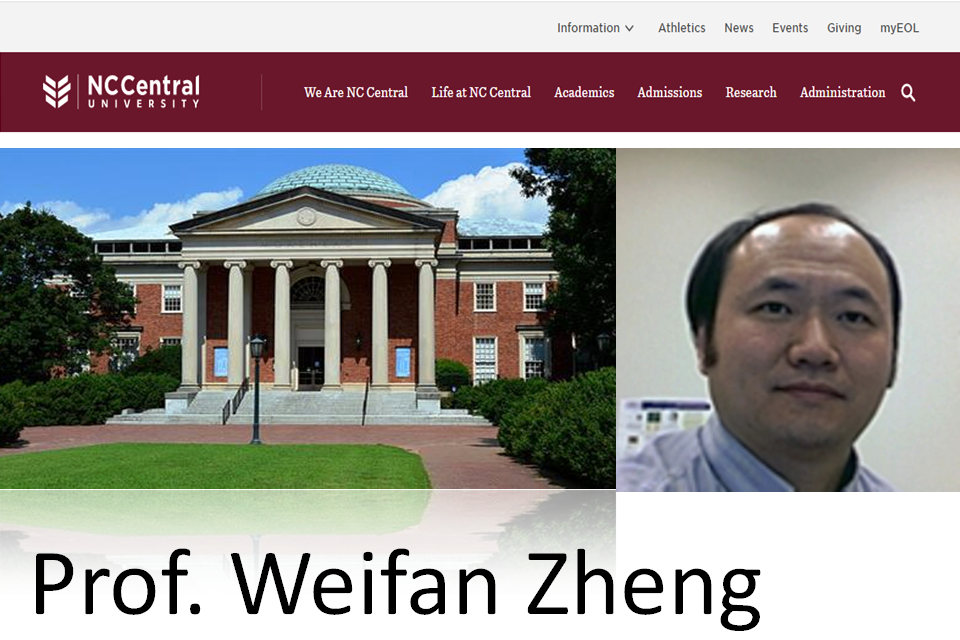
Prof. Weifan Zheng, Email: wzheng@nccu.edu
Department of Pharmaceutical Sciences, North Carolina Central University, Durham, USA.

Dr. Igor Tetko, Inst. of Struct. Biol., Helmholtz Zentrum München - German Research Center for Environmental Health (GmbH), Neuherberg, Germany. Email: i.tetko@helmholtz-muenchen.de

(Coordenador Docente), Dept. de Química, Centro de Ciências Exatas e da Natureza,
Universidade Federal da Paraíba - Campus I, Cidade Universitária, Paraíba, Brasil.
Scientific Committee
Assoc. Prof. Ricardo Grau-Crespo, Department of Chemistry,
University of Reading, Whiteknights, Reading, United Kingdom.
Prof. Alla Toropova, Istituto di Ricerche Farmacologiche Mario Negri IRCCS, 0156 Milano, Italy.
Prof. Andrey Toropov, Istituto di Ricerche Farmacologiche Mario Negri IRCCS, 0156 Milano, Italy.
Prof. Jose L Medina-Franco, National Autonomous University of Mexico (UNAM), México.
Prof. Luciana Scotti, Universidade Federal da Paraíba, Campus I, Paraíba, Brasil.
Prof. Aleksey E. Kuznetsov, Universidad Técnica Federico Santa María, Santiago, Chile.
Prof. González-Díaz H., IKERBASQUE Professor, Email: mol2net.chair@gmail.com
(1) Department of Organic Chemistry II, University of the Basque Country UPV/EHU , 48940, Leioa, Biscay, Spain.
(2) IKERBASQUE, Basque Foundation for Science , 48011, Bilbao, Biscay, Spain.
ICTs & Regulatory Affairs Chairperson
Dr. Aliuska Duardo-Sanchez (Law.Lic., Ph.D. TICs & Legal Sciences)
PANELFIT European Commission Project Manager. Research Group: Chair in Law and The Human Genome,
Dept. of Public Law, University of Basque Country (UPV/EHU), Campus Biscay, Leioa 48940, Spain.
Congress Chairs
Prof. Dr. Marcus Tullius Scotti, Dept. de Química, Centro de Ciências Exatas e da Natureza, Universidade Federal da Paraíba
Prof. Dr. Humberto Gonzalez-Diaz, Dept. of Organic and Inorganic Chemistry and Basque Center for Biophysics, University of the Basque Country UPV/EHU , 48940, Leioa, Biscay, Spain.
04. NICEXSM-06: North-Ibero-American Congress on Exp. and Simul. Methods, Valencia, Bilbao, Spain-Miami, USA, 2020
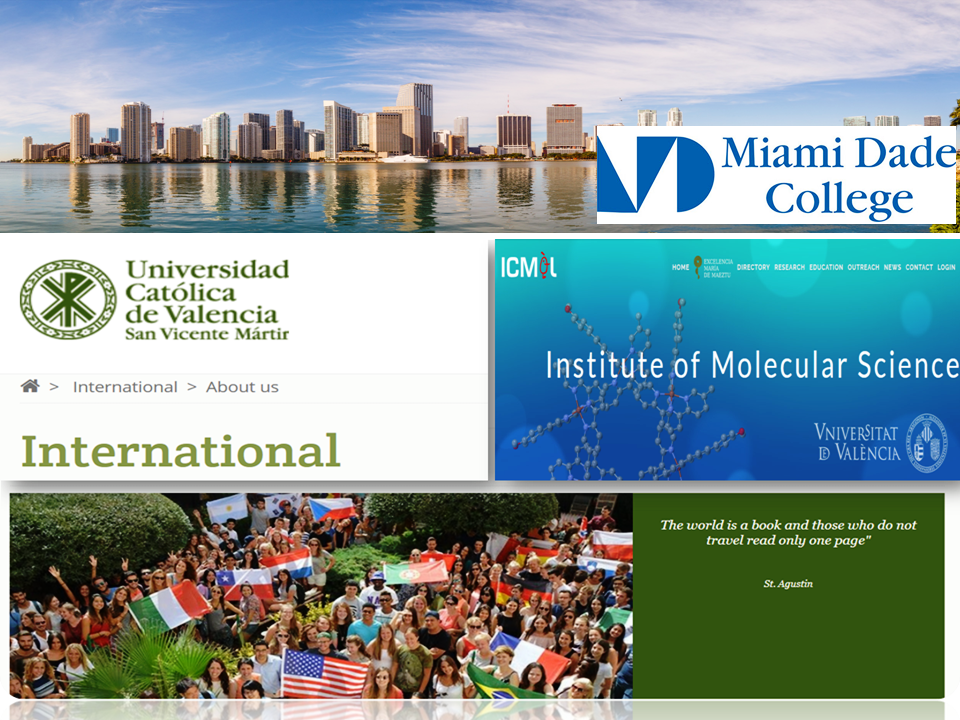
Welcome Message
We are glad to invite all colleagues worldwide to participate on a new edition of the workshop NICEXSM-04: North-Ibero-American Congress on EXperimental and Simulation Methods, Valencia, Bilbao, Spain - Miami, USA, 2020. The workshop publish totally free of charge communications in multidisciplinary sciences involving experimental and/or computational methods. The field of application include, but are not limited to, Biomolecular, Biomedical, Materials, Environmental, Trade, Learning, Education, and Social sciences in general (see scope section). This is an inter-university transatlantic joint workshop co-chaired by USA and Europe institutions. In first instance, the founder chairs are professors of the Institute of Molecular Science (ICMol), University of Valencia (UV), and the Catholic University of Valencia (UCV), Valencia, Spain. From the America's side the workshop is co-hosted by professors of Department of Mathematics Miami Dade College (MDC) and Department of Chemistry and Biomolecular Engineering, Tulane University (TULANE), New Orleans, USA.
More recently, the workshop is being co-hosted by researchers of the Basque Center for Biophysics (BIOFISKA), Basque Country, Spain. In this sense, from this year the workshop is also publishing the covers and links to talks presented on the JournalCLubBiofisika. This is an experts panel celebrated in the previous center and running both in-person and on-line. This journal club is focused on the exposition by a panelist and posterior brain-storming discussion of previous papers published by different authors worldwide.
All in all, the workshop is associated to the MOL2NET International Conference Series on Multidisciplinary Sciences. MOL2NET (From Molecules to Networks) series is running this year MOL2NET-2020, International Conference on Multidisciplinary Sciences, ISSN: 2624-5078, MDPI SciForum, Basel, Switzerland, 2020. Consequently, it is co-chaired and promoted as well by researchers of the University of The Basque Country (UPV/EHU) and IKERBASQUE, Basque Foundation for Science, Bilbao, Basque Country.
Working Languages
English is the main working language of the workshop. However, as a North-Ibero-American inclusive conference the workshop aims to accept papers to be published in multiple languages spoken on the countries, states, and communities of the entire North-Ibero-American area of influence. It involve, but is not limited to: México, Brazil, Spain, Portugal, USA, Canada, Chile, Ecuador, Basque Country, Catalunya, Valencia, Galicia, etc. Consequently, we accept papers on the following languages: English, Spanish, Portuguese, French, Basque (Euskera), Catalá / Valenciano, and Galego. We also accept bi-lingual posters in two-column format, e.g, English-Basque, English-Spanish, English-Portuguese, Spanish-Galego, etc.
Scope and Target Audience
Last, not the least, the workshop deals with all the Legal, Regulatory, and Bioethics issues emerging from the use of both experimental and modelling and simulation methods in the previous areas. This include, Drug, Gene, Protein, Vaccine, Biomarkers, and Biomaterials patentability, Personalized Medicine and Personal Data Protection, Cybersecurity, Cryptocurrency Mining, Data Protection in Personal Image Processing, Software and Models Copyrights, etc.
Abstract preparation and submission
We strongly recommend you to read carefully the notes to participants at the following page [Instructions to authors] about publication model, copyright, authors responsibilities, etc. Submit your communications in two steps, first submit your title, authors, and abstract. Next, upload your communication after abstract approval.
Steps for Participation
(0) Register, Sign in/Login, to Sciforum platform [Sciforum login] (All the year)
(1) Submit the title and abstract, select a section or workshop (do not upload paper here) [Submit New Abstract] (until Dec-15)
(2) Wait for Sciforum abstract acceptance email, follow the link, and/or login to upload paper, doc and pdf format (until Dec-15)
(3) Download template doc and prepare your communication [IWIMSM Template File.doc] (until Dec-15)
(4) Wait for paper acceptance and publication emails (follow link to proofread your paper) (Asap after upload)
(5) Communicate with chairpersons if corrections are necessary, including past editions (All the year)
(6) Log in to post comments, questions, or answers in a section or one of the workshops (Dec-15 to Dec-20)
(7) Contact chairpersons if you need author (publication) or attendance (posting) certificate for conference and/or workshops (All the year)
HonorScientific Committee (Chairpersons)
Prof. Gloria Castellano, Email: gloria.castellano@ucv.es
Director of Department of Experimental Sciences and Mathematics,
Catholic University of Valencia (UCV), Valencia, Spain.
Editor of NEREIS, ISSN: 1888-8550, Revista Iberoamericana
Interdisciplinar de Métodos, Modelización y Simulación
Prof. Francisco Torrens, Email: Francisco.Torrens@uv.es
Institute of Molecular Science (ICMol),
University of Valencia (UV), Valencia, Spain.
Prof. David Quesada, Email: dquesada@mdc.edu
Director of Dept. of Mathematics,
Miami Dade Colege (MDC), Miami, FL, USA.
Prof. Matthew M. Montemore,
Department of Chemistry & Biomolecular Engineering,
Tulane University, New Orleans, Louisiana, USA.
Prof. Jose L Medina-Franco,
National Autonomous University of Mexico (UNAM), México.
Fellow of The Royal Society of Chemistry, United Kingdom.
Prof. Alvaro Villaroel, (Biofisika Journal Club coordinator)
Researcher Spanish National Research Council (CSIC), Basque Center for Biophysics,
University of The Basque Country, Leioa, Basque Country, Spain.
Scientific Committee
Prof. Gloria Castellano, Dir. Dept. of Exp. Sci. and Math., Catholic University of Valencia (UCV), Valencia, Spain.
Prof. Francisco Torrens, Inst. of Molecular Science (ICMol), Univ. of Valencia (UV), Valencia, Spain.
Prof. James Robert Green, Dept. of Systems and Comput. Eng., Carleton University, Canada.
Prof. Jorge Gálvez, Dept. of Physical Chemistry, Faculty of Pharmacy, University of Valencia, Spain.
Prof. Ramon García-Domenech, Dept. of Physical Chemistry, Faculty of Pharmacy, University of Valencia, Spain.
Prof. Oscar M. Rivera Borroto, Mathematics, Houston Community College, Houston, TX, USA.
Prof. Natalia D.S. Cordeiro, Department of Chemistry and Biochemistry, University of Porto, Porto, Portugal.
Prof. Enrique Onieva, DEUSTOTECH Institute, University of Deusto, Bilbao, Spain.
Prof. Carlos Velazquez Martinez, Faculty of Pharmacy & Pharmaceutical Sciences, University of Alberta, Canada.
Prof. Facundo Pérez Giménez, Department of Physical Chemistry, Faculty of Pharmacy, University of Valencia, Spain.
Dr. Carlos Polanco González, Dept. of Mathematics, Universidad Nacional Autonoma de México (UNAM), México.
Prof. Jesus V. De Julián Ortiz, Department of Physical Chemistry, University of Valencia, Spain.
Dr. Guillermin Agüero, CIIMAR/CIMAR, University of Porto, Portugal.
Dr. Maria Galvez-Llompart, Department of Physical Chemistry, Faculty of Pharmacy, University of Valencia, Spain.
Dr. Riccardo Zanni, Department of Physical Chemistry, Faculty of Pharmacy, University of Valencia, Spain.
Prof. Alejandro Pazos, Ph.D., M.D., Director of Department of Computation, University of Coruña (UDC), Coruña, Spain.
Prof. Cristian R. Munteanu, Department of Computation, University of Coruña (UDC), A Coruña, Spain.
Prof. Juan M. Ruso, Dept. of Applied Physics, University of Santiago de Compostela (USC), Spain.
Dr. Jose Correa Basurto, Escuela Superior de Medicina, IPN, México.
Prof. Aleksey E. Kuznetsov, Universidad Técnica Federico Santa María, Santiago, Chile.
PhD. Gisselle Pérez-Machado, EPIDISEASE S.L. CIBERER, Valencia, Spain.
Prof. Carolina Horta Andrade, Universidade Federal de Goias, Setor Leste Universitario, Goiania, Brazil.
Prof. Yovani Marrero-Ponce, University San Francisco de Quito, Cumbayá, Quito, Ecuador.
Dr. Guillermin Agüero, CIIMAR, Interdisc. Centre of Marine and Environ. Research, Univ. of Porto, Portugal.
Prof. Eduardo Tejera, Bio-Cheminformatics, Universidad de Las Americas (UDLA), Quito, Ecuador.
Dr. Fabien Plisson. CINVESTAV- UGA-LAENGEBIO Mexico.
Honor Advisory Chairman
Prof. Humberto González-Díaz H., IKERBASQUE Professor, Email: mol2net.chair@gmail.com
(1) Department of Organic and Inorganic Chemistry and Basque Centre for Biophysics,
University of the Basque Country UPV/EHU , 48940, Leioa, Biscay, Spain.
(2) IKERBASQUE, Basque Foundation for Science , 48011, Bilbao, Biscay, Spain.
ICTs & Regulatory Affairs Chairperson
Dr. Aliuska Duardo-Sanchez (Law.Lic., Ph.D. TICs & Legal Sciences),
Chair in Law & The Human Genome Research Group, Faculty of Law,
University of The Basque Country UPV/EHU, Leioa (Bilbao), Biscay,
PANELFIT H2020, Project Manager & EDC Board Coordinator, Europe Commission.
Congress Chairs
Prof. Dr. Gloria Castellano, Director of Department of Experimental Sciences and Mathematics, Catholic University of Valencia (UCV), Valencia, Spain. Editor of NEREIS, ISSN: 1888-8550, Revista Iberoamericana Interdisciplinar de Métodos, Modelización y Simulación.
Prof. Dr. Francisco Torrens, Institute of Molecular Science (ICMol), University of Valencia (UV), Valencia, Spain.
Show all published submissions (13) Hide published submissions (13)
Submissions
List of Papers (13) Toggle list
05. BIOMEDIT-01; ITCs & Biomol. Biomed. Eng. Workshop, Lund, Sweden, Chengdu, China, New Orleans, USA, 2020
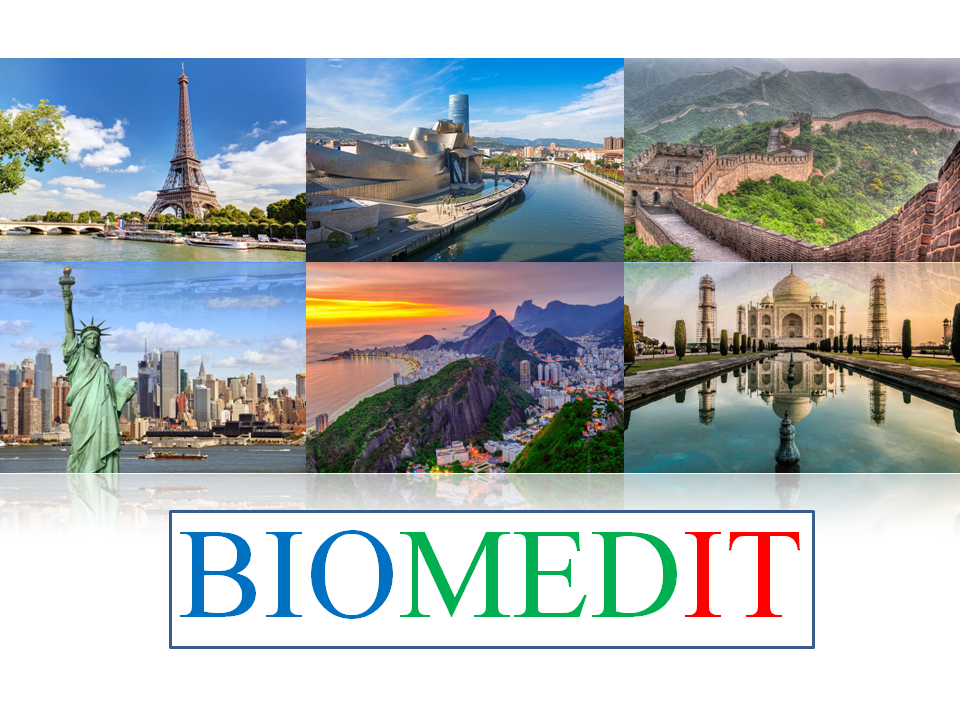
[MOL2NET 2015] [MOL2NET 2016] [MOL2NET 2017] [FACEBOOK (>10K followers)]
[Welcome Videos] [官话] [हिन्दी] [Euskera] [Castellano] [Português] [Français]
BIOMEDIT focused on the interchanges of ideas among researchers working in China, USA, Europe, India, etc. with colleagues from other countries across the world. The general topics of interests are on the areas of interaction of Biomedical Sciences (Medicinal Chemistry, Medicine, Biomedical Engineering, etc.) Information Technologies (Data Analysis, Statistics, Artificial Intelligence, Deep Learning, Programming, Databases, Bioinformatics, Systems Biology, etc.). The workshop also focus on the legal, regulatory, and bio-ethical applications of research on these complex interacting areas. Last, not the least, the workshop deals with all the Technical aspects, Applications, Legal, Regulatory, and Bioethics issues emerging from the use Modelling and Simulation methods and related to Biomedical Personal Image Processing, Personal Data Protection, Personalized Medicine, Software and Models Copyrights, etc.
(5) Follow the link in the email or login to upload paper (doc and pdf format).
(6) Login to post comments, questions, or answers in a section or in one of the MOL2NET workshops.
Prof. Bairong Shen, Institutes for Systems Genetics, West China Hospital, Sichuan University, Chengdu, China.
Email: bairong.shen@scu.edu.cn
Prof. Mauno Vihinen, Protein Bioinformatics, Lund University Cancer Centre (LUCC)
Department of Experimental Medical Science, Lund University, Lund, Sweden.
Prof. Matthew M. Montemore, Department of Chemistry & Biomolecular Engineering,
Tulane University, New Orleans, Louisiana, USA.
Ph.D. Rajeev K Singla (M.Pharm), Institutes for Systems Genetics, West China Hospital, Sichuan University, Chengdu , China.
Associazione ‘Componiamo il Futuro’ (COIF), Palermo, Italy.
Suzhou University of Science and Technology, Suzhou, China.
(1) Department of Organic Chemistry II and Basque Center for Biophysics (CSIC-UPV/EHU),
(2) IKERBASQUE, Basque Foundation for Science , 48011, Bilbao, Biscay, Spain.
ICTs & Regulatory Affairs Chairperson
Dr. Aliuska Duardo-Sanchez (Law.Lic., Ph.D. TICs & Legal Sciences)
PANELFIT European Commission Project Manager. Research Group: Chair in Law and The Human Genome,
Dept. of Public Law, University of Basque Country (UPV/EHU), Campus Biscay, Leioa 48940, Spain.
Congress Chairs
Prof. Dr. Bairong Shen, Institutes for Systems Genetics, West China Hospital, Sichuan University, Chengdu 610041, China.
Dr. Rajeev K Singla, Sichuan University SCU, West China School of Medicine, West China Hospital, China
Prof. Dr. Humberto Gonzalez-Diaz, Dept. of Organic and Inorganic Chemistry and Basque Center for Biophysics, University of the Basque Country UPV/EHU , 48940, Leioa, Biscay, Spain.
06. MODECO-05: Molec. Diversity, Energy, & Ecosystems, Puyo, Ecuador-Porto, Portugal-Paris, France, EPA, USA, 2020
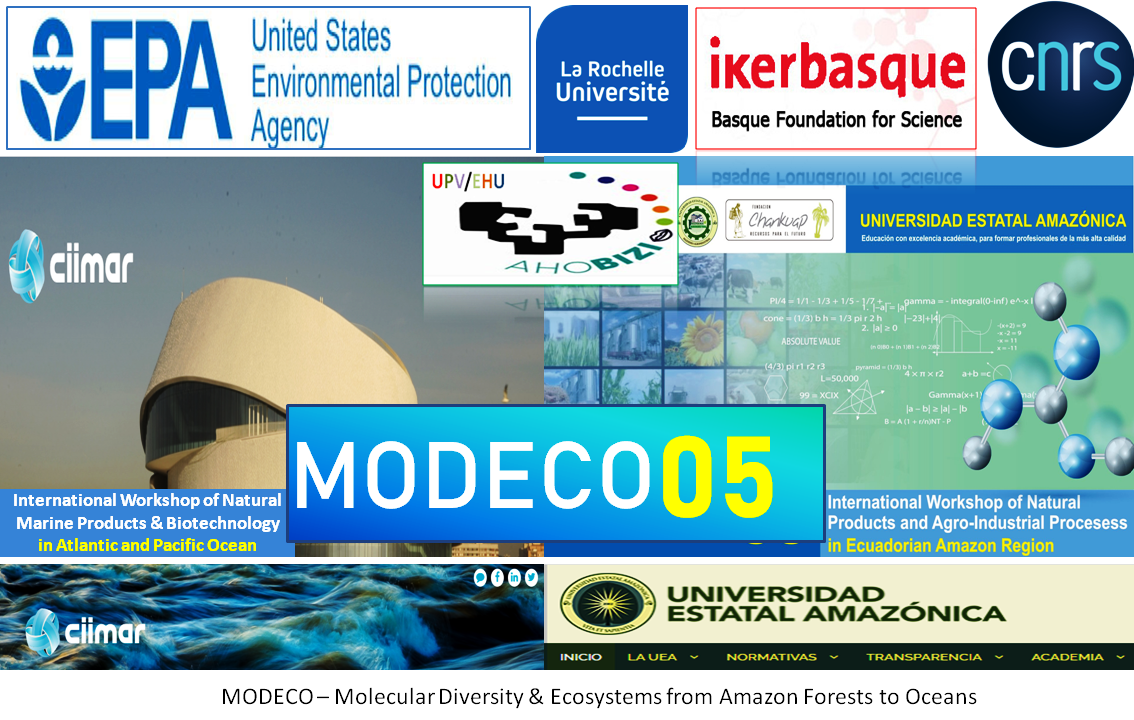
Wellcome Message
Welcome to the MODECO-05, Molecular Diversity, Energy, & Ecosystems, From Amazon to Oceans, Puyo, Ecuador-Porto, Portugal-Paris, France, EPA, USA, 2020. This workshop focus on the research of climate impact, preservation, and environment-friendly industrial development of forests and oceans. The workshop promotes the application of the Multidisciplinary Sciences for Climate, Energy Production, and Environmental research and to the development of natural products and agro-industrial processes in both Ecuadorian Amazon and Pacific and Atlantic Oceans and coastal regions. It involves methodologies ranging from experimental chemistry and biomolecular sciences, to chemical and petroleum engineering, ecosystems analysis, computational methods, economical, social, bioethics, regulatory and legal issues.
Partners & Promoters. This is a trans-atlantic inter-university workshop. On the Americas' side the workshop is chaired and co-hosted by professors of the Amazon State University's (UEA), Puyo, Amazon, Ecuador and Environment Protection Agency (EPA), Ohio, USA. From Europe's side the workshop is chaired and co-hosted by researchers and professors of the Interdisciplinary Centre of Marine and Environmental Research (CIIMAR), University of Porto (UPORTO), Porto, Portugal, and Université de La Rochelle, La Roche (ULAROCHELLE), Laboratoire LIENSs Littoral Environnement et Sociétés (LIENSs), Institut Écologie et Environnement (INEE), French National Centre for Scientific Research (CNRS), Paris, France. The workshop was founded and is co-chaired and promoted by researchers of the University of The Basque Country (UPV/EHU) endowed by IKERBASQUE, Basque Foundation for Science, Bilbao, Basque Country, Spain.
Host Conference. The workshop is associated to and hosted online by the MOL2NET International Conference Series on Interdisciplinary Sciences, ISSN: 2624-5078, MDPI SciForum, Basel, Switzerland. This conference is hosted online by the SciForum platform supported by Multidisciplinary Digital Publication Institute (MDPI), Basel, Switzerland with roots in the Molecular Diversity Preservation International (MDPI) institute. Please, contact the workshop chairmen for further details.
Working Languages. English is the main working language of the workshop. However, as a North-Ibero-American-Europe inclusive conference the workshop aims to accept papers to be published in multiple languages spoken on the countries, states, and communities of the entire North-Ibero-American-Europe area of influence. It involve, but is not limited to: Ecuador, France, México, Brazil, Spain, Portugal, USA, Canada, Chile, Basque Country, Catalunya, Valencia, Galicia, etc. Consequently, we accept papers on the following languages: English, Spanish, French, Portuguese, Basque (Euskera), Catalá / Valenciano, and Galego. We also accept bi-lingual posters in two-column format, e.g, English-Basque, English-Spanish, France-English, English-Portuguese, Spanish-Galego, etc. Other languages than those cited above may be considered but it could conditioned to the fluency of the experts in the revieweing panel.
Publication Modalities. There are two separted routes for publication. Firstly, all communications submited directly to the workshop will be Published Online Free of Charge open year round. In addition, all authors are invited to submit by separate (optional) full paper versions of their communications to the MDPI journal associate special issue, in this case (APC apply). In th first case, communications submitted to the workshop are expected to be short papers or posters consisting of 1-3 pages. Be aware that the submission is a two step process. First you must register and submit a tentative title, authors list and abstract. Next, you need to submit your full publication upon acceptance of the abstract by the committee. Full communications submited to workshop will be in the Sciforum platform, with doi number as soon as possible upon acceptance. If you are planning to submit a publication, please use the following template, [MODEC 2020 Template.doc]. In the case of MDPI special issues, submission is totally be separate in the issue page, please see the following information:

Metabolites (Call For Papers): Special Issue: The Impact of Marine Chemical Pollution to Microorganism Metabolites. Journal: Metabolites (ISSN 2218-1989), IF = 4.097. Editor: Prof. Marianne Graber, Laboratoire LIENSs Littoral Environnement et Sociétés, Institut écologie et environnement (IEE), French National Centre for Scientific Research (CNRS), Paris, France. Submissions until: 15-Nov-2021. Email: marianne.graber@univ-lr.fr
Workshop Topics of Interest: The topics of the conference, include, but are not limited to: Marine chemical pollution; Marine and Forest Microorganisms; Marine and Forest environment; Metabolomics; Microbial biofilms formation. Experiental and Computational chemistry, Cheminformatics, and Bioinformatics of Forest and Marine Natural products. Mathematical modelling of Natural, Climate, Biotechnological, Agricultural, and Environmental Process. Fuel, Energy Production, Petroleum Chemistry and Engineering, Organic and Functional Foods of Forest and Ocean origin. BioTrade: Sustainability and Trading of Natural Products of the Amazon and Coastal regions. Production systems with agro-business and forestry purposes or biomass for energy purposes. Environmental impacts in Forest and Ocean of Climate Changes and Industrial exploitation. Geographic Information Systems (GIS) for Climate and Land cover monitoring and forecasting. Agro-industrial development processes.
- Abstracts submission until Oct-01.
- Abstract acceptance until Oct-03.
- Communications submission until Nov-01.
- Communications acceptance until Nov-15.
- Communications publication until Nov-30.
Authors liability. Before to submit your work be aware that the editorial publication model of this workshop is similar to a PREPRINTservice. It means that works presented here have to be considered only as preliminary communications and not as final post-print versions of journal papers. In this sense, even when all the works published are revised by at least one member of the committee and/or external reviewer this level of revision checks only apparent scientific soundness and general scientific interest. In a second level, collective post-publication review, the works published may receive comments (published in the form of posts) from all the participants registered in the conference. The authors are prompted to use all these opinions to write the full versions of their works and submit them to publication in a peer-reviewed scientific journals according to SciForum copyright rules. In any case, the authors are the only one responsible of the veracity of the contents, checking similarity to other works, citing properly previous works, etc.
Honor & Excecutive Chairpersons

Prof. Marianne Graber, Directrice Adjointe Relations Internationales, Faculté des Sciences et Technologies, Université de La Rochelle, La Roche, France. Chercheur, Laboratoire LIENSs Littoral Environnement et Sociétés, Institut écologie et environnement (IEE), French National Centre for Scientific Research (CNRS), Paris, France. Email: marianne.graber@univ-lr.fr

Prof. Françoise Dumas, CNRS, Directrice de Recherche, Prof. Université Paris-Saclay, Paris, France .
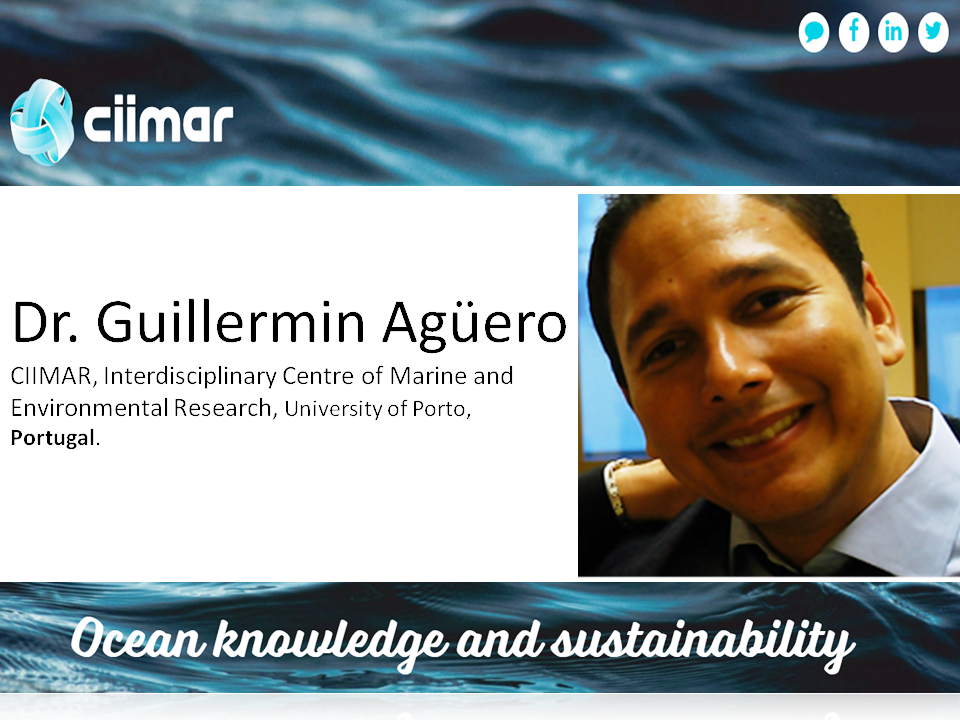
Dr. Guillermin Agüero, CIIMAR, Interdisciplinary Centre of Marine and Environmental Research, University of Porto, Portugal.
Email: gchapin@ciimar.up.pt
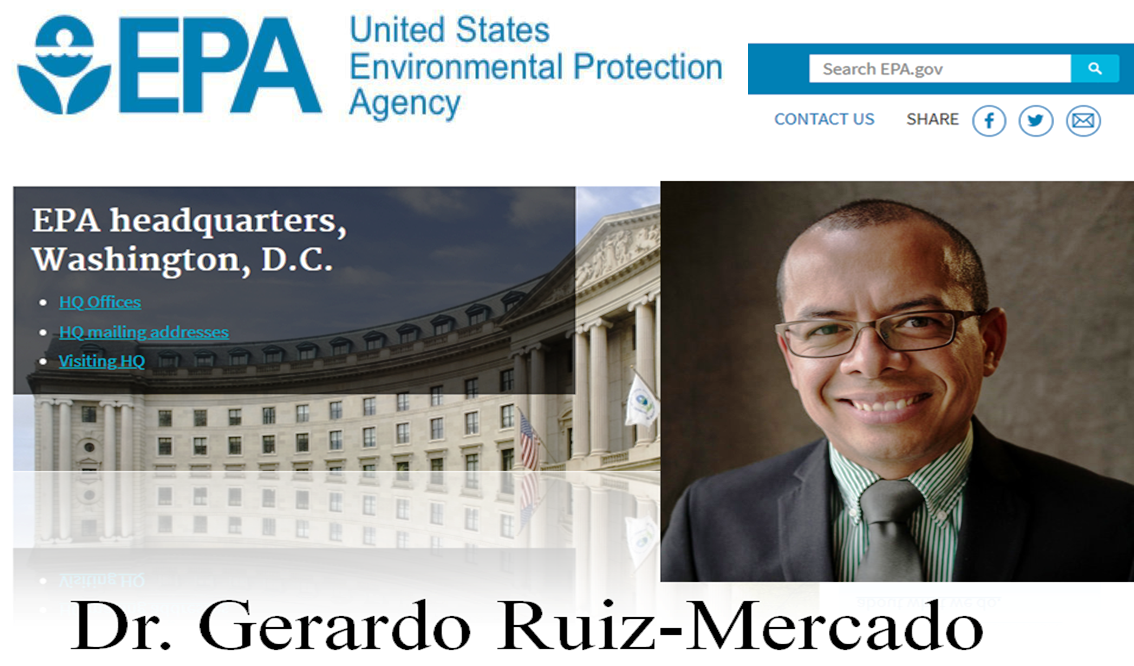
Dr Gerardo Ruiz-Mercado, United States Environmental Protection Agency (EPA), Ohio, USA.
Email: ruiz-mercado.gerardo@epa.gov
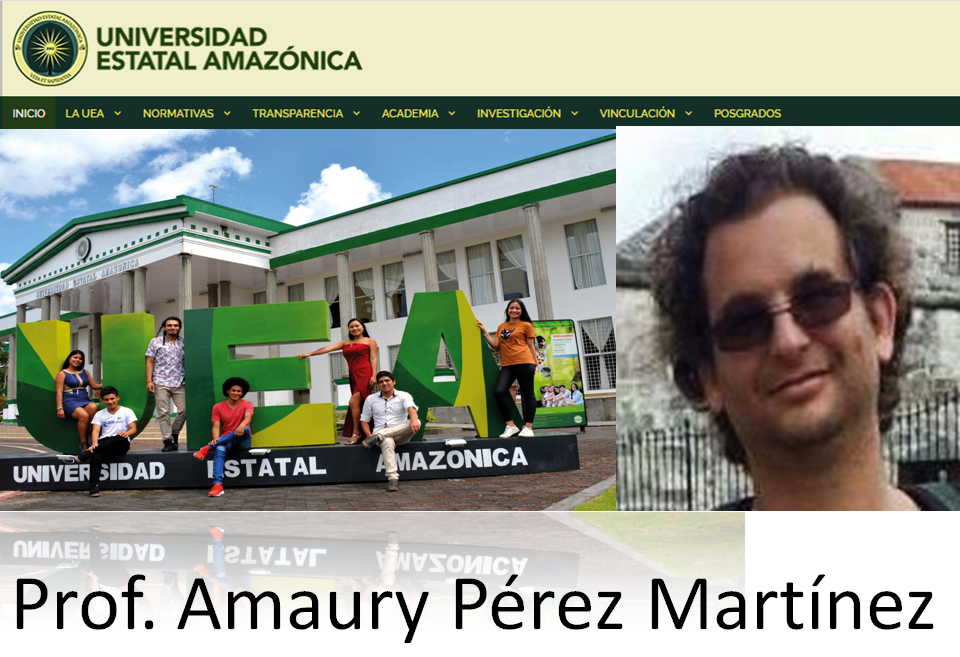
Prof. Amaury Pérez Martínez , Universidad Estatal Amazónica, Ecuador.
Email: amperez@uea.edu.ec
Founder Chairpersons
Dr. Gerardo M. Casañola Martin, North Dakota State University, ND, Fargo, USA.
Prof. Oscar M. Rivera Borroto, Houston Community College, Houston, TX, USA.
HQs Honor Advisory Committee
Prof. Agostinho Antunes, CIIMAR, Interdisciplinary Centre of Marine and
Environmental Research, University of Porto, Scientific-Technical Director of
Matosinhos Environmental Center (CMIA), Matosinhos, Portugal.
Prof. Ruth Irene Arias Gutierrez, Rector of University
Universidad Estatal Amazónica, Ecuador.
Prof. Reynaldo Alemán Pérez, Scientific Director
Universidad Estatal Amazónica, Ecuador.
Honor Advisory Committee
Prof. Eugenio Uriarte Villares, Universidad de Santiago de Compostela, Spain.
Prof. Pedro Fernández de Córdoba Castellá, Universidad Politécnica de Valencia, Spain
Scientific Committee Abroad
Dr. Maria Joao Matos, Postdoc Universidad de Santiago de Compostela, Spain,
Former PostDoc Dept. of Chemistry, University of Cambridge, United Kingdom.
PhD. Dany Domínguez Pérez, CIIMAR Centre, University of Porto, Porto, Portugal.
Prof. Juan Esteban Miño Valdés, Universidad Nacional de Misiones, Argentina.
Prof. Luis E. Arteaga-Pérez, Universidad del Bío-Bío: Concepción, Chile.
Prof. Yannay Casas Ledón, Concepción University, Chile.
Prof. Luis E. Arteaga-Pérez, University of Bio-Bio, Chile.
National Scientific Committee (Ecuador)
Prof. Yovani Marrero-Ponce, University San Francisco de Quito, Quito, Ecuador.
Prof. Eduardo Tejera, Bio-Cheminformatics, niversidad de Las Americas (UDLA), Quito, Ecuador.
Prof. Vinicio Armijos , Universidad de Las Americas (UDLA), Quito, Ecuador.
Prof. Yunierkis Pérez-Castillo, Universidad Técnica Particular de Loja, Ecuador.
Prof. Alejandro Cabrera Andrade, Universidad de Las Americas (UDLA), Quito, Ecuador.
Prof. Emilia Vasquez, Biotechnology, Universidad de Las Americas (UDLA), Quito, Ecuador.
Prof. Liliana Cerda-Mejía, Universidad Técnica de Ambato, Ecuador.
Prof. Neyfe Sablón Cossío, Universidad Técnica de Manabí, Ecuador.
Local Committee Universidad Estatal Amazónica (Ecuador)
Prof. Karel Dieguez Santana, Universidad Estatal Amazónica, Ecuador.
Prof. Manuel Lazaro Pérez Quintana, Universidad Estatal Amazónica, Ecuador.
Prof. Matteo Radice, Universidad Estatal Amazónica, Ecuador.
Prof. Pedro Jesús Lopez Trabanco, Universidad Estatal Amazónica, Ecuador.
Prof. Viviana Fernanda Quevedo Tumailli , Universidad Estatal Amazónica, Ecuador.
Eng. Delfín Bernabé Ortega Tenezaca, Universidad Estatal Amazónica, Ecuador.
Prof. Dagoberto Acosta Iglesias, Universidad Estatal Amazónica, Ecuador.
Prof. Manuel Lazaro Pérez Quintana, Universidad Estatal Amazónica, Ecuador.
Prof. Javier Dominguez Brito, Universidad Estatal Amazónica, Ecuador.
Prof. Maria Isabel Viamonte Garces, Universidad Estatal Amazónica, Ecuador.
Prof. Estela Guardado, Universidad Estatal Amazónica, Ecuador.
Prof. Laura Scalvenzi, Universidad Estatal Amazónica, Ecuador.
Prof. Luis Ramón Bravo Sánchez, Universidad Estatal Amazónica, Ecuador.
Prof. Reinier Abreu Naranjo, Universidad Estatal Amazónica, Ecuador.
Prof. Yasiel Arteaga Crespo, Universidad Estatal Amazónica, Ecuador.
Prof. Yudel García Quintana, Universidad Estatal Amazónica, Ecuador.
Prof. Carlos Alfredo Bravo Medina, Universidad Estatal Amazónica, Ecuador.
Prof. Víctor Rodrigo Cerda Mejía, Universidad Estatal Amazónica, Ecuador.
Honour Publication Chairman
Prof. González-Díaz H., IKERBASQUE Professor,  https://orcid.org/0000-0002-9392-2797, Email: mol2net.chair@gmail.com
https://orcid.org/0000-0002-9392-2797, Email: mol2net.chair@gmail.com
(1) Dept. of Organic and Inorganic Chemistry and Basque Center for Biophysics, University of the Basque Country UPV/EHU , 48940, Leioa, Biscay, Spain. (2) IKERBASQUE, Basque Foundation for Science , 48011, Bilbao, Biscay, Spain.
ICTs & Regulatory Affairs Chairperson
Dr. Aliuska Duardo-Sanchez (Law.Lic., Ph.D. TICs & Legal Sciences),
Chair in Law & The Human Genome Research Group, Faculty of Law,
University of The Basque Country UPV/EHU, Leioa (Bilbao), Biscay,
PANELFIT H2020, Project Manager & EDC Board Coordinator,
Europe Commission.
Congress Chair
Prof. Dr. Amaury Pérez Martínez, Universidad Estatal Amazónica (UEA), Ecuador
Show all published submissions (18) Hide published submissions (18)
Submissions
List of Papers (18) Toggle list
07. AIMEDIC-07: Int. Congress in Med. Info., UDC, Coruña, Spain-Sandford, USA, 2019
[MOL2NET 2015] [MOL2NET 2016] [MOL2NET 2017] [FACEBOOK (>10K followers)]
[Welcome Videos] [官话] [हिन्दी] [Euskera] [Castellano] [Português] [Français]
(5) Follow the link in the email or login to upload paper (doc and pdf format).
(6) Login to post comments, questions, or answers in a section or in one of the MOL2NET workshops.
Workshop Chairpersons

Prof. Alejandro Pazos, Ph.D., M.D., Chair Professor
(1) Department of Computer Science and Information Technologies, Faculty of Computer Science, University of A Coruña, CITIC. Campus Elviña s/n, 15071, A Coruña, Spain. (2) Group of Networks of Artificial Neurons and Adaptive Systems - Medical Imaging and Radiological Diagnosis (RNASA-IMEDIR). Biomedical Research Institute of A Coruña (INIBIC). University Hospital Complex of A Coruña (CHUAC), Sergas. University of Coruña (UDC). Xubias de arriba 84, 15006, A Coruña, Spain.
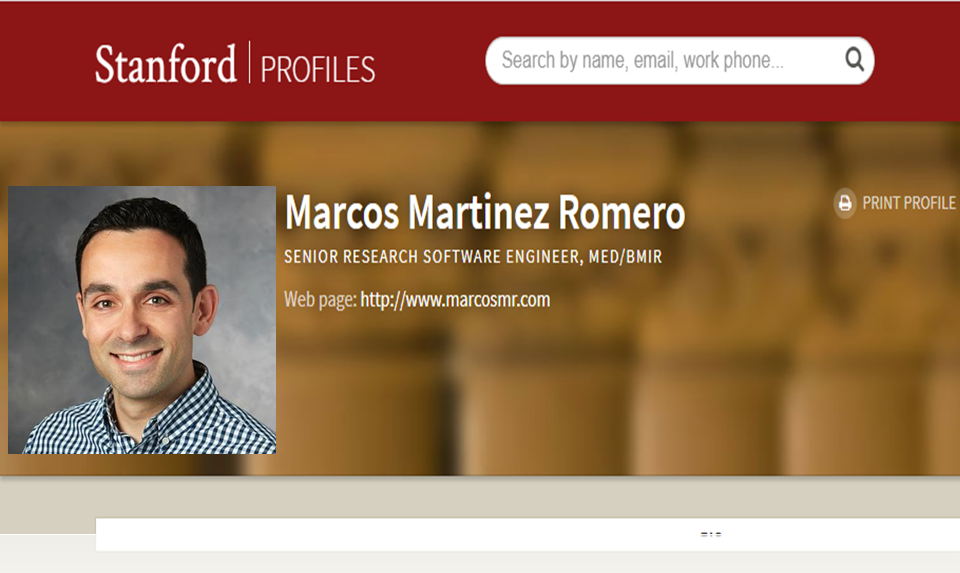
Dr. Marcos Martínez Romero, Stanford Center for Biomedical Informatics Research (BMIR), STANFORD University, USA.
Video Conferences Playlists
Please, visit the channel of the RANASA-IMEDIR group and/or follow the present link to visualize all the video conferences presented o this workshop [IWMEDIC playlist]. You can see these conference also on the IWMEDIC - MOL2NET shared playlist as alternative landing page [IWMEDIC mirror].
MDPI-IWMEDIC Committee Special Issuees
In parallel, the members of GALMICROBIOTA workshop series committee have been/are organizing special issues for different journals of the editorial MDPI (http://www.mdpi.com/). Some special issues arenow in call for papers, submissions are welcome a posteriori, in parallel, or totally independently from the conference. Manuscripts should be submitted online at MDPI (http://www.mdpi.com/) by registering and logging in to this website. In order to send a proposal of associated workshop and/or special issue contact the chairperson of the MOL2NET conference Prof. Humbert Gonzalez-Diaz. IKERBASQUE Prof., University of the Basque Country (UPV/EHU), Biscay,Basque Country, Spain. Email: mol2net.chair@gmail.com. Please, check the following list of past and present special issues associated to our conference:

Scientific Committee
Dr. Francisco Blanco García
Dr. Antolín Rodriguez Martínez
Dr. Guillermo Vázquez González
Local Committee
Prof. Cristian Robert Munteanu
Organizing Committee
Assist. Prof. Adrián Carballal Mato
Ph.D. Enrique Fernández Blanco
M.Sc. Candela Rodríguez Suárez
(RNASA-IMEDIR Project Manager)
Advisory Publication Chair Prof. Humbert González-Díaz, IKERBASQUE Professor, Email: mol2net.chair@gmail.com
Prof. Humbert González-Díaz, IKERBASQUE Professor, Email: mol2net.chair@gmail.com
(1) Department of Organic Chemistry II and Basque Center for Biophysics, University of the Basque Country UPV/EHU , 48940, Leioa, Biscay, Basque Country, Spain. (2) IKERBASQUE, Basque Foundation for Science , 48011, Bilbao, Biscay, Basque Country, Spain.
Invited Talk: Perturbation Theory Machine Learning Models: from Medicinal Chemistry to Nanotechnology and Petrochemistry.
VII Workshop on Medical Imaging and Clinical Data Integration, Faculty of Informatics, University of Coruña (UDC), Coruña, Spain,
IWMEDIC-07: Int. Congress in Med. Info., UDC, Coruña, Spain, Standford, USA, 2019.
ICTs & Regulatory Affairs Chairperson
Dr. Aliuska Duardo-Sanchez (Law.Lic., Ph.D. TICs & Legal Sciences)
PANELFIT European Commission Project Manager. Research Group: Chair in Law and The Human Genome,
Dept. of Public Law, University of Basque Country (UPV/EHU), Campus Biscay, Leioa 48940, Spain.
SPONSORS
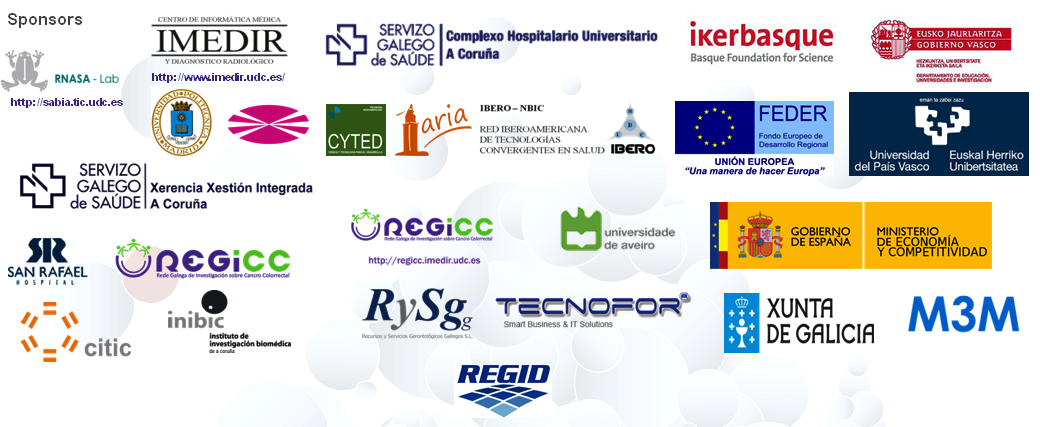
Session Chairs
Congress Chair
Prof. Dr. med. Alejandro Pazos Sierra, Dept. of Computer Science and Information Technology, UDC, Coruña, Spain.
Show all published submissions (17) Hide published submissions (17)
Submissions
List of Papers (17) Toggle list
08. TECHLAWSCI-04: PANELFIT & NKL H2020 Tech. Law. & Sci. Challenges, Bilbao, Spain, Halden, Norway, Baltimore, USA, 2020

[LAWSCI-01] [LAWSCI-02] [LAWSCI-03] [PANELFIT HOMEPAGE] [PANELFIT EU] [PANELFIT RG] [TWITTER]

Dear colleagues worldwide,
Welcome to the workshop TECHLAWSCI-05: PANELFIT & NKL H2020 Tech. Law. & Sci. Challenges, Bilbao, Spain, Halden, Norway, Baltimore, USA, 2020. LAWSci workshop series promotes multidisciplinary collaborations and debate in the frontiers of Law, Technology, Life, Education, Ethics, and Social Sciences in general. The conference will run on-line and free, saving traveling and participation costs (subscriptions, open publication, participation in forum, certificates, etc., are free of cost). The presentations will be focused on legal trends in different fields covering, but not limited to:
Law, Ethics, Biomedical Sciences. Patentability in plants and human genomics. Clinical procedures’ standards. Personalised Medicine and Patients’ personal data protection, informed consent. Regulatory issues in Vaccine design, Drug Discovery, Biomedical research legislation. Medical affairs, medico-legal problems, healthcare malpractice, medical insurance or ethics in medical practice, and social sciences. Taxes in the Biotechnology industry and causality/liability in environmental pollution, criminology, etc.
ICTS, Law, Education, Commerce, & Social Sciences. Law and Bioethics in Artificial Intelligence. Taxes and causality/liability in Online Social Networks, Online E-Commerce, and Cryptocurrency, e.g, Bitcoin. Cybersecurity and Personal Data Protection in Web Applications and Online Social Networks, e.g., Whatsapp, Skype, Facebook, Tik Tok, Instagram, etc. Online Education, Mutual Learning, Massive Online Courses. Software protection in Chemo-informatics, Bioinformatics, Medical informatics and Biomedical Engineering.
4th NKL Annual Conference
This year TECHLAWSCI is also the online host of the 4th Navigating Knowledge Landscape (NKL) Network Annual Conference Life, knowledge and democracy during COVID-19, December 7, 2020. The aim of the Navigating Knowledge Landscapes network is to develop international and inter- and transdisciplinary collaborations, which will explore the area of online and offline communication and distribution of health and biomedical information and knowledge.
4th NKL Conference Programme
9:00 Welcome/ NKL -PANELFIT presentations
Professor Anna Lydia Svalastog, chair NKL-network, Østfold University College
Professor Inigo De Miguel, chair PANELFIT, University of the Basque Country
9:15 First session: Health and COVID-19. Ethical and legal reflexions
Artificial intelligence in the health context: some ethical and legal reflections Special reference to the role of robots in the face of the Covid-19 health crisis and its impact on the elderly
Elena Atienza Macías, PANELFIT/Postdoctoral researcher "Juan de la Cierva" at the University of the Basque Country UPV/EHU. Faculty of Law - Chair in Law and the Human Genome Research Group (Bilbao, Spain)
Exceptional health emergency in the field of privacy: COVID-19 and protection of personal data
Juan Francisco Rodríguez Ayuso, Assistant Professor Doctor, Administrative and Academic Coordinator of the Master's Degree in Data Protection at the International University of La Rioja (UNIR Spain)
Pere Simón Castellano. Profesor Contratado doctor. Facultad de Derecho. International University of La Rioja (UNIR Spain)
10:00 Second Session: COVID-19 & digital practices
Some reflections on the idea of immunity certificates
Inigo De Miguel, chair PANELFIT, University of the Basque Country
Anna Lydia Svalastog, chair NKL-network, Østfold University College
Impact Of COVID-19 Pandemic On Life Of People And Digitalisation Processes In Ukraine
Christina Nasadyuk & Danylo Halytsky: Lviv National Medical University, Ukraine
Digital aspects of COVID-19 pandemic: is the digital environment a safe harbor or a sea of dangers?
Srećko Gajović & Vanja Kopilaš, University of Zagreb School of Medicine, Croatian Institute for Brain Research;
University of Zagreb Faculty of Croatian Studies, Zagreb, Croatia
11:00 Break
11:30 Why the open innovation models of biomedicine are needed to successfully fight with Covid-19 pandemic: the case of new CRISPR – Cas 9 technology
Dr. Franc Mali, University of Ljubljana - Faculty of Social Sciences
11: 50 Laboratory of solidarity – challenges and chances of the COVID 19 pandemics
Aleksandra Głos PhD. Department of Philosophy and Bioethics, Jagiellonian University Medical College
PANELFIT Sponsorship
Both TECHLAWSci and NKL4 conference have been sponsored, among others, by the European Commission Project PANELFIT H2020. In this sense, the workshop series will help to attract the attention of the pubic worldwide over the topics of the project. The project is concerned about changes in the regulation of ICT research and innovation are opening up a new scenario. It is expected that stakeholders, policy makers, and end users adapt to them as soon as possible. PANELFIT is firmly committed to facilitating this adaptation process by producing a set of editable, open access Guidelines, validated by two data protection agencies. Once produced, they will serve as operational standards able to reduce the ethical and legal issues posed by ICT technologies while promoting innovation and market growth, enabling high-quality job creation and ensuring an adequate level of privacy and security/cybersecurity. Furthermore, we will produce a complementary set of six outcomes to 1) suggest possible concrete improvements to the current regulatory and governance framework, both at the EU and the national level, 2) create mutual learning and support tools and to promote networking among stakeholders and policy makers and 3) increase the quantity and quality of the information available to policy makers, professionals, researchers, journalists and the public. All these outcomes will be produced by a co-creation process involving policy makers, stakeholders, and end-users. They will all participate in the creation of the main outcomes of the project through a range of engagement activities that includes workshops, public consultations, encounters, surveys, etc. This will be combined with a strong communication and dissemination strategy that includes numerous activities, such as webinars, MOOC courses, public debates, a constant use of a web site and social networks and the creation of a Platform for Mutual Learning, which is meant to become the reference forum for the discussion of the issues at stake even after the end of the project. The participation in PANELFIT of the European Data Journalism Network, with an aggregated web audience of almost 70 million monthly visits will help us reach this aim.
Publication Model and Authors Responsibility: Before to submit your work be aware that the editorial process is the same than for a PREPRINT service. Therefore, all works receive doi number and are indexed in databases (GoogleScholar, Publons, etc.). However, the works published here are preliminary communications and not post-print journal papers. In this sense, committee and/or external reviewers check only scope and apparent scientific soundness. The works may receive also comments from registered participants (public post-publication review). The authors are encouraged to submit their works to a peer-reviewed scientific journals of MDPI or other editorials during or after finalization of the conference, as per SciForum copyright rules.
In any case, it is the responsibility of the authors, to ensure the veracity of the contents, checking similarity to other works, and carry out a proper citation of previous works. The committee is not responsible of this previous aspects in this publishing modality. In this sense, we strongly recommend the authors to use online text-similarity checking services to avoid any form of plagiarism or copyright violation. Some workshops in this conference series use specialized services to checked for possible text similarity. For instance, some users use institutional accounts for URKUND web server. Please, be aware that the authors may be requested to modify (re-write their texts) the communication in the case that high similarity is detected and reported to the committee. In these cases, the manuscript could temporarily withdrawn until the authors re-submit the proper version. The authors are also allowed to submit short reviews, comments, letters, or discussions of papers already published if they guarantee sufficient difference to previous public contents.
PANELFIT MOOC Training Program: This year, we are promoting a totally free of cost Massive Online Open Course (MOOC) about ICTs, Data Analysis, and GDPR Data Protection Legislation. The main organizer of this course is PANELFIT H2020 European Union project, grant agreement No 788039. The enrollment page for the course opens several times along the year. Please click on the following link in order to check if online registration is open or see the next date [PANELFIT MOOC HOMEPAGE] . As part of this course you need to watch some videos, and answer some questions to complete it. This course is offered within the framework of the PANELFIT H2020 Project by the University of the Basque Country UPV/EHU, with the help of the Partners and especially of the European Citizen Science Association (ECSA). The specific objective of this course is to train citizens on basic ethical and legal issues related to the protection of personal data, in accordance with the new European Data Protection Regulation and complementary regulations.
TECHLAWSci Steering Committee
|
|
|
Prof. Dr. Iñigo de Miguel Beriain IKERBASQUE Professor, Research Group: Chair in Law and The Human Genome, Department of Public Law, University of Basque Country (UPV/EHU), Faculty of Law, Campus Biscay, Leioa 48940, Spain. Lecturer at The National Distance Education University (UNED), Biscay, Spain. E-mail: inigo.demiguelb@ehu.es
Prof. Barbara Prainsack, NKL Conference, University of Vienna, Director CeSCoS, University of Vienna, Austria.
LAWSci-PANELFIT Honor Committee
Prof. Dr. Frank Pasquale. Professor of Law, University of Maryland Francis King Carey School of Law, Baltimore, MD, USA. JD, Yale Law School; MPhil, Oxford University; BA, Harvard University, Summa cum laude, E-mail: fpasquale@law.umaryland.edu
Prof. Dr. Antonio López Díaz LAWSci Conference Organising Committee Prof. Dr. Cesar García Novoa Prof. Dra. Mª Pilar Nicolás Jiménez Prof. Dra. Mª Begoña Villaverde Gomez Prof. Dr. Marcos Almeida Prof. Dr. Juan A. Lecaros Prof. Dr. Emilio José Armaza Armaza Prof. Dr. Miren Josune Pérez Estrada 4th NKL Conference Organising Committee Prof. Dr. Iñigo de Miguel Beriain, chair PANELFIT, University of the Basque Country Prof. Anna Lydia Svalastog, E-mail: als@hiof.no Dr. Aliuska Duardo-Sanchez (Law.Lic., Ph.D. TICs & Legal Sciences), (Ph.D. Legal Informatics), Chair in Law & The Human Genome Research Group, Faculty of Law, University of The Basque Country UPV/EHU, Leioa (Bilbao), Biscay, PANELFIT H2020, Project Manager & EDC Board Coordinator, Europe Commission. Email: aliuska.duardo@ehu.es |
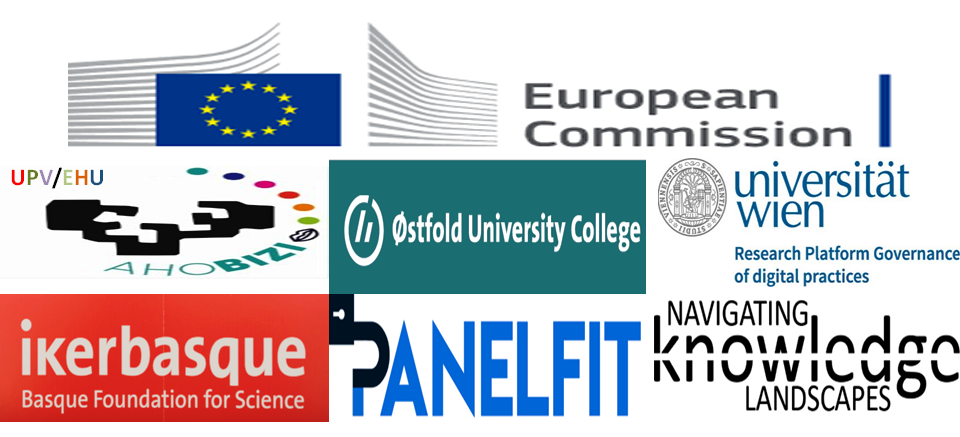
Congress Chair
Dr. Aliuska Duardo-Sánchez, Dept. of Public Law, University of Basque Country (UPV/EHU), Campus Biscay, Leioa 48940, Spain.
09. USEDAT-06: USA-Europe Data Analysis Training Program Workshop, Bilbao, Spain-Cambridge, UK-Miami, USA, 2020

Experimental Data Recording, Computational Data Analysis, Hands-on Training Courses
PhD, MSc, Degree Thesis Tutorship; MSCA Secondments; Summer Internships
USA & Europe Schools, Conferences, Workshops, Enrollment Free of Charge
USEDAT School & Workshop
The program is directed to researchers and students worldwide. The initiative joins various sister summer schools, workshops, boot camps, hands-on training courses, and/or capstone courses of universities in United States and Europe. This includes courses and research workshops offered/chaired by professors of Miami Dade College (MDC), University of North Carolina at Chapel Hill (UNC), North Dakota State University (NDSU), Jackson State University (JSU), Tulane University New Orleans, Saint Thomas University (STU), and West Coast University (WCU) Miami, in United States and courses/workshops organized by professors / researchers of University of Coruña (UDC) Spain, EMBL-EBI European Bioinformatics Institute, Cambridge, United Kingdom, CNAM, Conservatoire National des Arts et Métiers, Paris, France, University of the Basque Country (UPV/EHU) and Ikerbasque, Basque Foundation for Science, Basque Country, Spain, and other European centers. Please see, download, and share our [USEDAT Flyer] and/or read our editorial paper [USEDAT Editorial.pdf]. Follow this link [MORE USEDAT PROGRAM DETAILS] to read more details about USEDAT program.
Reference: USEDAT: USA-Europe Data Analysis Training Worldwide Program, 2019 ed. Jerzy Leszczynski, David Quesada, Eugene Muratov, Matthew M. Montemore, James Robert Green, Suhbash C. Basak, Bakhtiyor Rasulev, Cristian R Munteanu, Alejandro Pazos, Yasset Perez-Riverol, Gloria Castellano, Maité Sylla, Daniel J.V.A. Do Santos, Natália D. S. Cordeiro, Bairong Shen, Pedro L. Fernandes, Esther Lete, Nuria Sotomayor, Sonia Arrasate, Aliuska Duardo, Humbert Gonzalez-Diaz. MOL2NET-05, International Conference on Multidisciplinary Sciences, ISSN: 2624-5078, MDPI SciForum, Basel, Switzerland, 2019, (1), 1-5, doi: 10.3390/mol2net-05-06254.
The professors and students interested on USEDAT are welcome to submit their research works to be published in USEDAT School Workshop and/or in any other of the MOL2NET workshops associated to the school. For in-site participation contact the coordinators of the different courses or the general coordinator. For participation in the workshops, click submit to send the title and abstract of your communication. After that, wait to receive after approval email. Next, write your communication using the following [USEDAT Template.doc] file to write your communications, after that save a .pdf file and upload. Almost all schools have workshops published by the MOL2NET Conference series (see details at follows). The professors, researchers, and students interested on this workshop are also welcome to participate in the international network of courses offered by USEDAT program. The students of the program can visit one or more of the universities to receive personalized training. It may include introduction to experimental techniques (NMR, EEG, MS, HPLC, 2DGE, etc.) for data acquisition. However, the main focus is on computational algorithms (ML, AI, ANN, SVM, LDA, Deep Learning, SQL, Python, etc.) for data analysis and computational modelling and simulation in Chemistry (All), Biotechnology Biotechnology, Nanotechnology, Biomedical Engineering, etc. See all benefits for students and professors bellow. Follow this link [MORE USEDAT PROGRAM DETAILS] to read more details about USEDAT program.
USEDAT Program Enrollment
Enrollment is free of cost (no fees) for USEDAT hands-on training courses, this include training of Summer school students, training/tutoring of PhD, MSc, and Degree students, training of visiting professors, post-doctoral researchers, sabbatical professors, etc. However, USEDAT students/professors obtain financial support to cover indirect costs (traveling, insurance, living, and other indirect costs) from institutions like MSCA Europe Commission, EMBL-EBI United Kingdom, FCT Portugal, NSF China, COLCIENCIAS Colombia, SENESCYT Ecuador, CONACYT, DELFIN Program México, and PANELFIT H2020 Europe Commision Projects, etc. Follow this link [MORE USEDAT PROGRAM DETAILS] to read more details about USEDAT program.

Prof. Dr. David Quesada, Director of Dept. of Mathematics, SRI Series Founder Chairman
Miami Dade Colege (MDC), Miami, FL, USA.
Email: dquesada@mdc.edu

 Prof. Humbert González-Díaz, IKERBASQUE Professor, Email:mol2net.chair@gmail.com, MOL2NET & USEDAT Founder Chairman
Prof. Humbert González-Díaz, IKERBASQUE Professor, Email:mol2net.chair@gmail.com, MOL2NET & USEDAT Founder Chairman(1) Dept. of Organic Chemistry II, University of the Basque Country UPV/EHU , 48940, Leioa, Biscay, Spain.
(2) IKERBASQUE, Basque Foundation for Science , 48011, Bilbao, Biscay, Spain.
ORCID:https://orcid.org/0000-0002-9392-2797
USEDAT Lecturers and Collaborating Professors

People listed as collaborators and/or collaborating professors of the USEDAT school project are those who have: [i] acted as lecturer or coordinator of one of the courses; [ii] Acted as chairperson of one of the workshops, [iii] offered institutional and/or hosting support, [iv] acted as tutor and/or have sent at least one student to participate in courses of other centers.
USEDAT Professors/Collaborators [North America]:
Prof. Jerzy Leszczynski i,ii,iii,iv, Dir. Interdisc. Cent. for Nanotoxicity (ICN), Jackson State University (JSU), USA.
Prof. Eugene Muratov i,ii, Eshelman School of Pharm., Univ. of North Carolina (UNC), Chapell Hill, USA.
Assist. Prof. Matthew M. Montemore i,iii,iv, Chem. & Biomol. Eng., Tulane University, New Orleans, USA.
Prof. James Robert Green i,ii,iii,iv, Dept. of Systems and Comput. Eng., Carleton University, Canada.
Dr. Suhbash C. Basak, Natural Resources Research Institute, Univ. of Minnesota, Duluth, MN, USA.
Prof. Terace Fletcher i,ii,iii,iv, Northeast Lakeview College, University of Texas, San Antonio, TX, USA.
Prof. Maykel Cruz-Monteagudo i,ii,iii,iv, West Coast University (WCU), Miami, USA.
Prof. Bakhtiyor Rasulev i,ii,iii,iv, North Dakota Sate University (NDSU), USA.
Dr. Shameer Khader ii, Dept. Medical Informatics, Northwell Health, NY, USA.
USEDAT Professors/Collaborators [Europe]:
Prof. Humbert Gonzalez-Diaz (USEDAT Coord.)i,ii,iii,iv , Prof. Sonia Arrasate i,ii,iii,iv, Prof. Esther Lete (PhD Coord.)i,ii,iii,
Prof. Nuria Sotomayor (MSc Coord.)i,ii,iii, Prof. Fernando Plazaola (Dean)iii, Prof. Ma. Isabel Moreno (Dir. Dept.)ii,iii,
Dr. Aliuska Duardo (Fac. Law)i,ii,iii,iv, Univ. of The Basque Country (UPV/EHU), Leioa, Basque Country, Spain.
Prof. Cristian R Munteanu i,ii,iii,iv, Prof. Alejandro Pazos i,ii,iii,iv, University of Coruña (UDC), Coruña, Spain.
Dr. Yasset Perez-Riverol i,ii, European Bioinformatics Institute (EMBL-EBI), Cambridge, United Kingdom.
Assoc. Prof. Maité Sylla ii , Assoc. Prof. Najla Fourati ii , Assoc. Prof. Chouki Zerrouki ii , CNAM, París, France.
Dr. Irina Moreira i,ii,iii,iv, Center for Neuroscience and Cell Biology (CNC), Universidade de Coimbra, Coimbra, Portugal;
Prof. Gloria Castellano i,ii,iv , (Dept. Dir.) Dept. Exp. Sci. and Mathematics, Catholic Univ. of Valencia (UCV), Spain.
Prof. Francisco Torrens i,ii,iv , Institute of Molecular Science (ICMol), University of Valencia (UV), Valencia, Spain.
Prof. Natália D. S. Cordeiro i,ii,iii,iv, REQUIMTE Theor. Chem. Net., University of Porto (UPORTO), Portugal.
Prof. Pedro L. Fernandes i,ii,iii,iv, Bioinformatics Training Coordinator, Instituto Gulbenkian de Ciencia (IGC), Portugal.
Dr. Daniel J.V.A. Do Santos iv , Faculty of Pharmacy, University of Lisbon (ULISBOA), Portugal.
Prof. Amaury Pérez Martínezii,iii, Amazon State Univ. (UEA), Ecuador.
Prof. Eduardo Tejera i,ii,iii,iv, Prof. Yunierkis Perez Castillo i,ii,iii,iv (Bio-Cheminformatics Group), Prof. Vinicio Armijos iii,iv,
MSc. Emilia Vasquez i,ii,iii,iv (Biotechnology), Universidad de Las Americas (UDLA), Quito, Ecuador.
Prof. Marcus T Scotti i,ii,iii, Dir. Cheminformatics Lab., Universidade Federal da Paraíba (UFPB), Brazil.
Dr. Shaoxun Tang iii,iv, Centre of Reg. Agro-Ecology, National Academy of Sciences, Beijing, China.
Prof. Esvieta Tenorio-Borroto i,ii,iii,iv , Universidad Autónoma del Estado de México (UAEM), Mexico.
Prof. Boris Mederos iii,iv, Dept. Phys. and Mathematics, Univ. Autónoma de Ciudad Juárez (UACJ), México.
Prof. Piedad Gañan iii,iv, Dr. Robin Zuluaga iii,iv, Universidad Pontificia Bolivariana, Bogotá, Colombia.
Prof. Ma. Del Rayo Camacho Corona iii,iv, Autonomous University of Nuevo León (UNL), México.
Prof. Ashok. K. Dubey ii, Drug Discov. Lab., Netaji Subhas University of Technology, New Delhi, India.
Prof. Kunal Roy ii, Dept. of Pharmaceutical Technology, Jadavpur University, Kolkata, India.
Director CREST Interdisciplinary Center for Nanotoxicity (ICN),
Jackson State University (JSU), Jackson, USA.
Laboratory for Molecular Modeling, UNC Eshelman School of Pharmacy,
University of North Carolina , Chapel Hill , North Carolina 27599 , United States.
Email: murik@email.unc.edu
Director of Dept. of Mathematics,
Miami Dade Colege (MDC), Miami, FL, USA.
Email: dquesada@mdc.edu
Ph.D., Assoc. Prof. of Dept of Computation, Faculty of Computer Sciences,
University of Coruña (UDC), Coruña, Spain.
Ph.D., M.D., Chair Prof. of Dept of Computation, Faculty of Computer Sciences,
University of Coruña (UDC), Coruña, Spain.
Prof. Maykel Cruz-Monteagudo,
Education Specialist, West Coast University, Miami Campus, FL, USA.
Email: mCruz@westcoastuniversity.edu
Dr. Guillermin Agüero, CIIMAR/CIMAR, Interdisciplinary Centre of Marine and
Environmental Research, University of Porto, Portugal.
Ph.D. Gisselle Pérez-Machado, Senior Researcher, EpiDisease S.L. Spin-Off of
Centro de Investigación Biomédica en Red de Enfermedades Raras (CIBERER), Valencia, Spain.
Prof. Terace Fletcher, NLC Page
Northeast Lakeview College (NLC), Alamo Colleges, University of Texas, San Antonio, TX, USA.
Email: tfletcher16@alamo.edu
Prof. Sonia Arrasate
Department of Organic Chemistry II,
University of Basque Country (UPV/EHU), Leioa, Sarriena w/n, Bizkaia.
USEDAT Steering Chairman
Prof. Humbert González-Díaz, IKERBASQUE Professor,  https://orcid.org/0000-0002-9392-2797, Email: usedat.chair@gmail.com
https://orcid.org/0000-0002-9392-2797, Email: usedat.chair@gmail.com
(1) Department of Organic Chemistry II, University of the Basque Country UPV/EHU , 48940, Leioa, Biscay, Spain.
(2) IKERBASQUE, Basque Foundation for Science , 48011, Bilbao, Biscay, Spain.
ICTs, Bioethics & Regulatory Affairs Chairperson
Dr. Aliuska Duardo-Sanchez (Law.Lic., Ph.D. TICs & Legal Sciences)
PANELFIT European Commission Project Manager. Research Group: Chair in Law and The Human Genome,
Dept. of Public Law, University of Basque Country (UPV/EHU), Campus Biscay, Leioa 48940, Spain.
USEDAT Sponsors
Institutions or projects that have sponsored at least one of our profs, students, or workshops: IKERBASQUE, Basque Foundation for Science (https://www.ikerbasque.net/), CHAIN European Commission project, SPRI Basque Government Elkartek Petronor Project KK-219/0037, MDPI Switzerland, NASA STEM-SPACE Grant P03C1160161, MSCA Europe Commission, FCT Portugal, NSF China, COLCIENCIAS Colombia, SENESCYT Ecuador, CONACYT, DELFIN Program México, and PANELFIT H2020 Europe Commission Project: https://www.researchgate.net/project/PANELFIT-H2020-EU-Project

10. NANOBIOMATJND-06: JSU-NDSU Nanotech. & BioMaterials Workshop, Jackson & Fargo, USA, 2020


Journal: Nanomaterials (ISSN 2079-4991), JCR IF = 4.034. Editors: Prof. Dario Greco, Faculty of Medicine and Health Technology, Tampere University, Tampere, Finland. Dr. Antreas Afantitis, Department of Cheminformatics, NovaMechanics Ltd, Nicosia, Cyprus. Prof. Dr. Iseult Lynch, School of Geography, Earth & Environmental Sciences, University of Birmingham, United Kingdom. Dr. Maria Dusinska , NILU - Norwegian Institute for Air Research, Kjeller, Norway. Prof. Dr.Miguel A. Banares , CSIC - Institute for Catalysis, Madrid, Spain.
Journal: Nanomaterials (ISSN 2079-4991), JCR IF = 4.034. Editor: Prof. Juan M. Ruso, Department of Applied Physics,
Faculty of Physics,University of Santiago de Compostela (USC), Santiago de Compostela, Spain.


Scientific Committee

Prof. Bakhtiyor Rasulev, President of MOL2NET Scientific Committee for Polymers & Materials Sciences.
Department of Coatings and Polymeric Material, North Dakota State University (NDSU), Fargo, USA.
Honor Chairperson
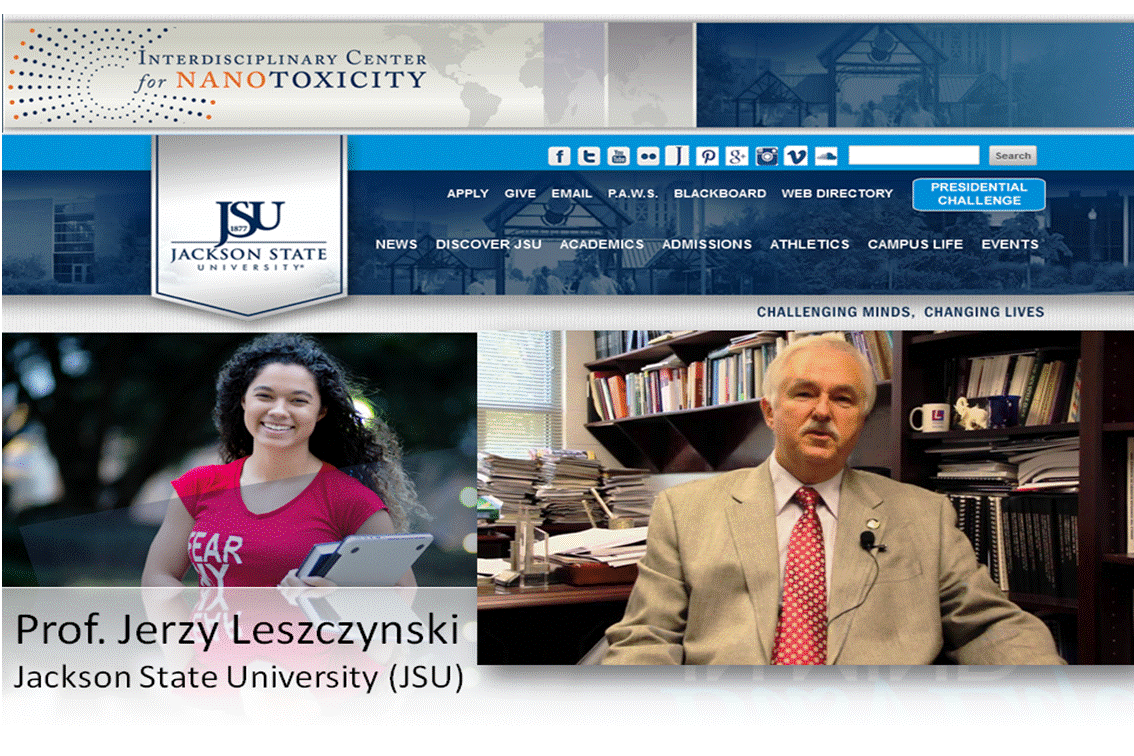
Prof. Jerzy Leszczynski, (USA Presidential Distinguished Fellow)
Director CREST NSF Interdisciplinary Center for Nanotoxicity (ICN),
Dept. of Chem. and Biochem., Jackson State University (JSU), USA.
Honor Scientific Committee
Ph.D. Barry Hardy, CEO Edelweiss Connect, HQ Basel, Switzerland.
President of OpenTox Association, HQBasel, Switzerland.
Prof. Juan M. Ruso, Department of Applied Physics,
Faculty of Physics, University of Santiago de Compostela (USC), Spain.
Prof. Dario Greco, Faculty of Medicine and Health Technology, Tampere University, Tampere, Finland.
Prof. Natalia D.S. Cordeiro, Department of Chemistry and Biochemistry,
Faculty of Sciences, University of Porto, Porto, Portugal.
Assoc. Prof. Ricardo Grau-Crespo, Department of Chemistry,
University of Reading, Whiteknights, Reading, United Kingdom.
Prof. Juan M. Gutierrez-Zorrilla, Dir. Dept. of Inorganic Chemistry,
Faculty of Science and Technology, UPV/EHU, Campus Biscay, Basque Country, Spain.
Prof. Jose Luis Vilas, Dir. Dept. of Physical Chemistry,
Faculty of Science and Technology, UPV/EHU, Campus Biscay, Basque Country, Spain.
Prof. Luis Lezama, Department of Inorganic Chemistry,
Faculty of Science and Technology, UPV/EHU, Campus Biscay, Basque Country, Spain.
Prof. Alla Toropova, Laboratory of Environmental Chemistry and Toxicology,
Istituto di Ricerche Farmacologiche Mario Negri IRCCS, Milano, Italy.
Prof. Andrey Toropov, Laboratory of Environmental Chemistry and Toxicology,
Istituto di Ricerche Farmacologiche Mario Negri IRCCS, Milano, Italy.
Scientific Committee
Prof. Eduardo Sobarzo-Sanchez, Instituto de Investigación e Innovación en Salud,
Facultad de Ciencias de la Salud, Universidad Central de Chile, Chile.
Prof. Alejandro Speck-Planche. Programa Institucional de Fomento a la Investigación
Desarrollo e Innovación. Universidad Tecnológica Metropolitana, Santiago, Chile.
Dr. Natalia Sizochenko, Department of Computer Science,
Dartmouth College, Hanover, NH, USA.
Dr. Supratik Kar, Interdisciplinary Center for Nanotoxicity,
Department of Chemistry, Physics and Atmospheric Sciences,
Jackson State University, Jackson, MS 39217, USA.
Dr. Guillermin Agüero, CIIMAR/CIMAR, Interdisciplinary Centre of Marine and
Environmental Research, University of Porto, Portugal.
Dr. Gerardo M. Casañola-Martin, Dept. of Coatings and Polymeric Materials,
North Dakota State University (NDSU), Fargo, USA.
Dr. Michel Gonzalez-Durruthy, Research Assoc., Dept. of Chemistry
UPORTO, FCUP & ULISBOA, FCUL, Porto & Lisbon, Portugal.
Ph.D. Gisselle Pérez-Machado, Senior Researcher, EpiDisease S.L. Spin-Off of
Centro de Investigación Biomédica en Red de Enfermedades Raras (CIBERER), 46980 Valencia, Spain.
Publication Advisory Chairman
Prof. González-Díaz H., IKERBASQUE Professor, Email: mol2net.chair@gmail.com
(1) Dept of Org. Chem. II and Basque Center for Biophysics (CSIC UPV/EHU),
University of the Basque Country UPV/EHU , 48940, Leioa, Biscay, Spain.
(2) IKERBASQUE, Basque Foundation for Science , 48011, Bilbao, Biscay, Spain.
ICTs, Bioethics & Regulatory Affairs Chairperson
Dr. Aliuska Duardo-Sanchez (Law.Lic., Ph.D. TICs & Legal Sciences)
PANELFIT European Commission Project Manager. Research Group: Chair in Law and The Human Genome,
Dept. of Public Law, University of Basque Country (UPV/EHU), Campus Biscay, Leioa 48940, Spain.
Congress Chair
Prof. Dr. Bakhtiyor Rasulev, NDSU






